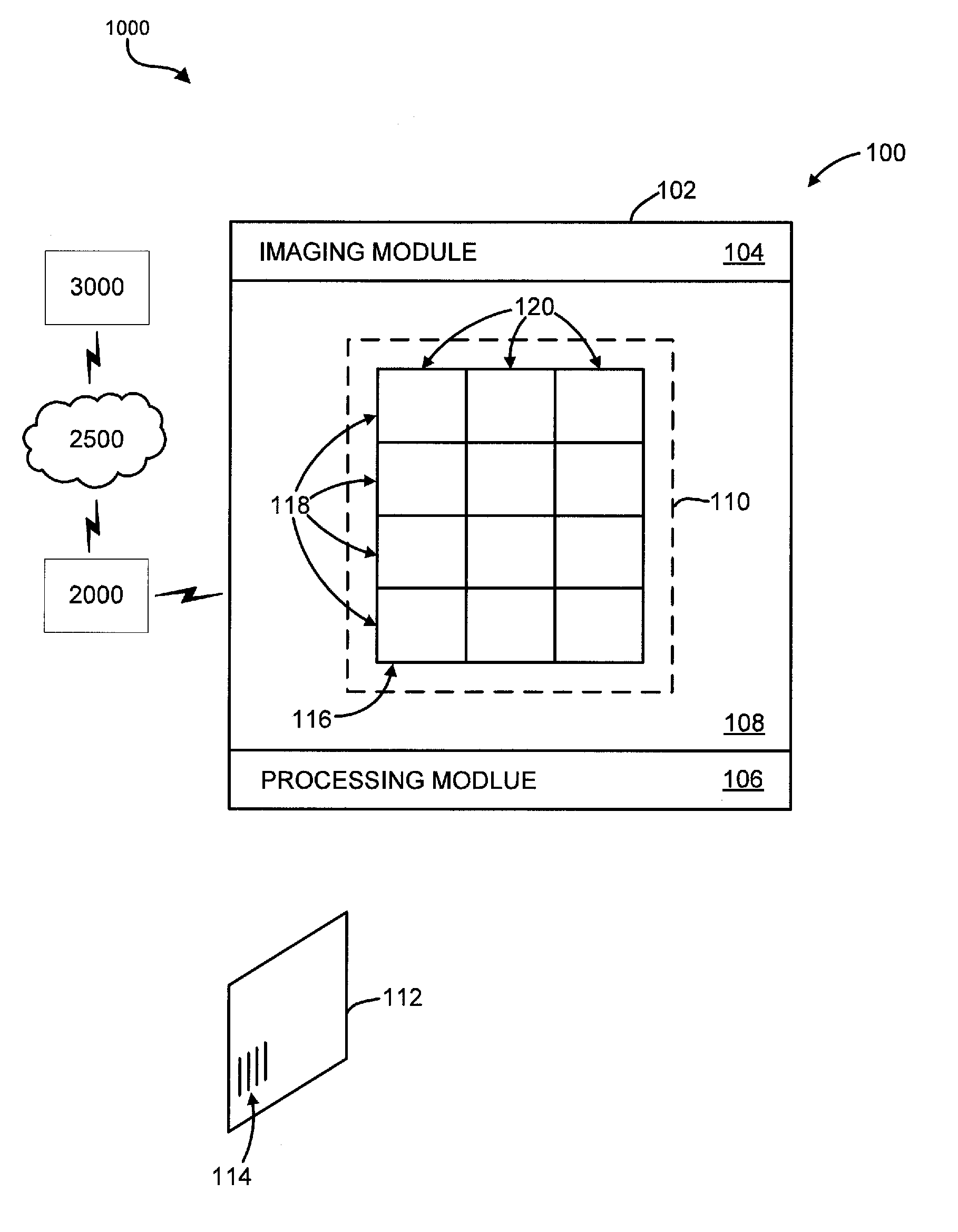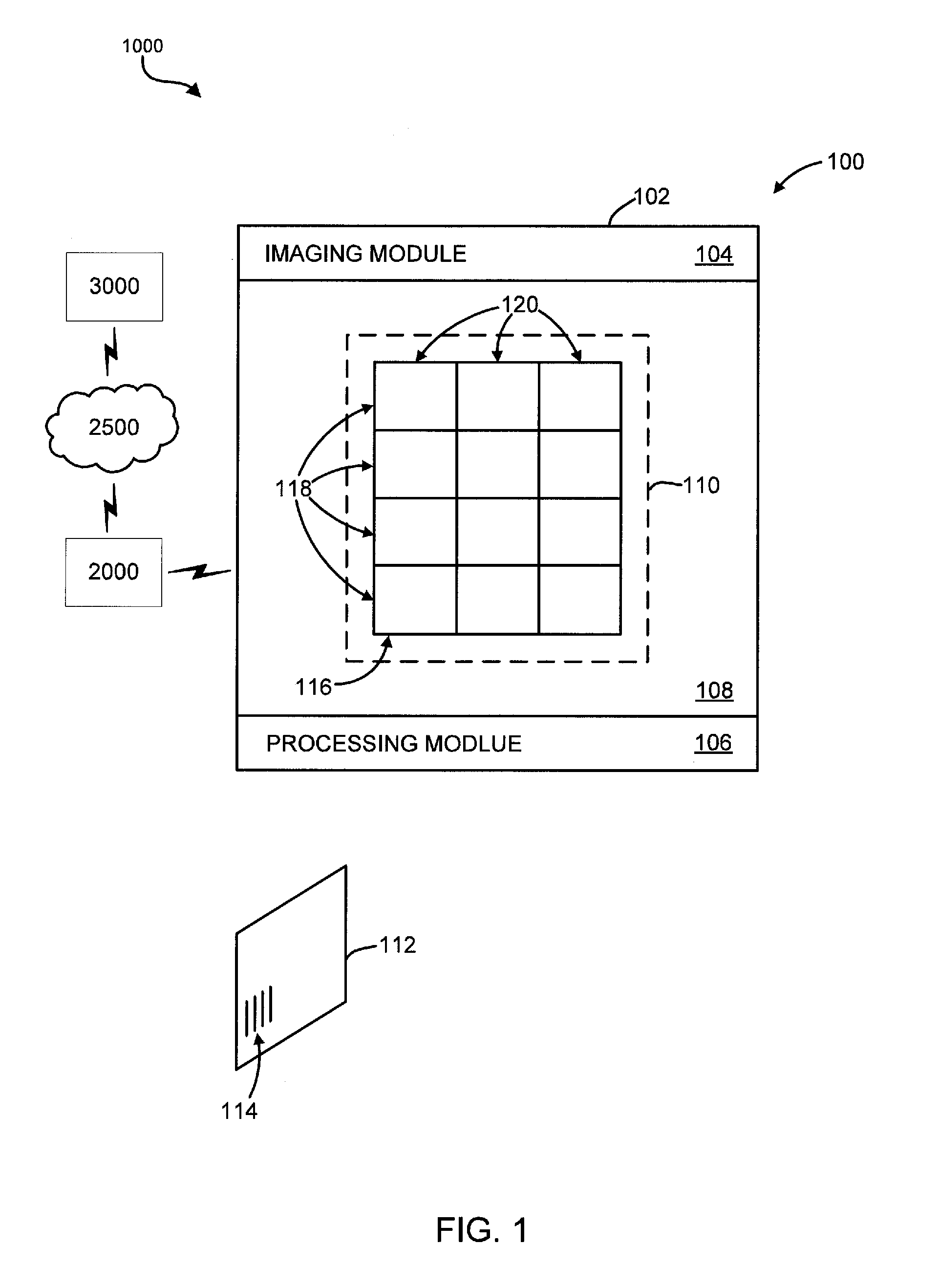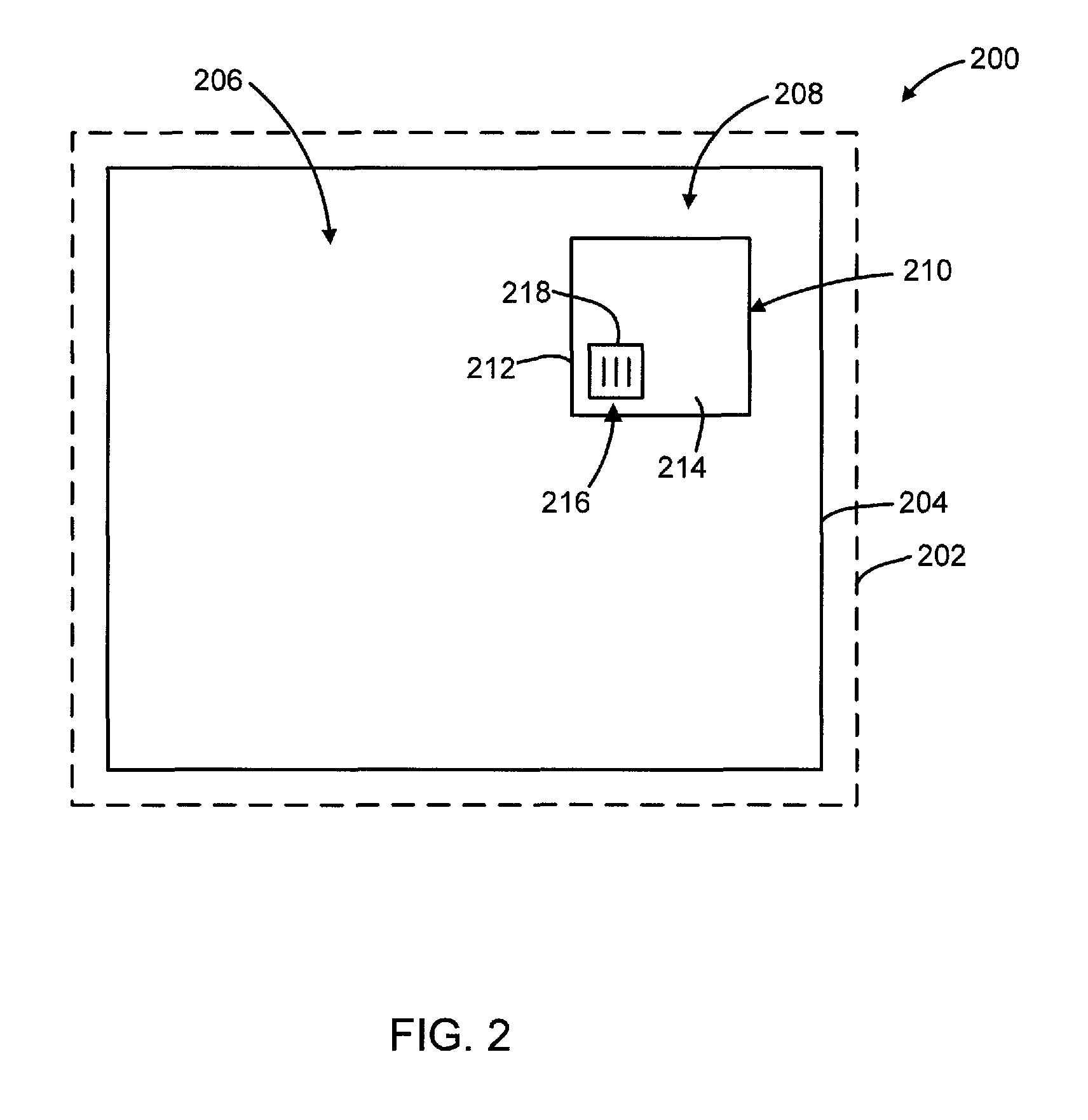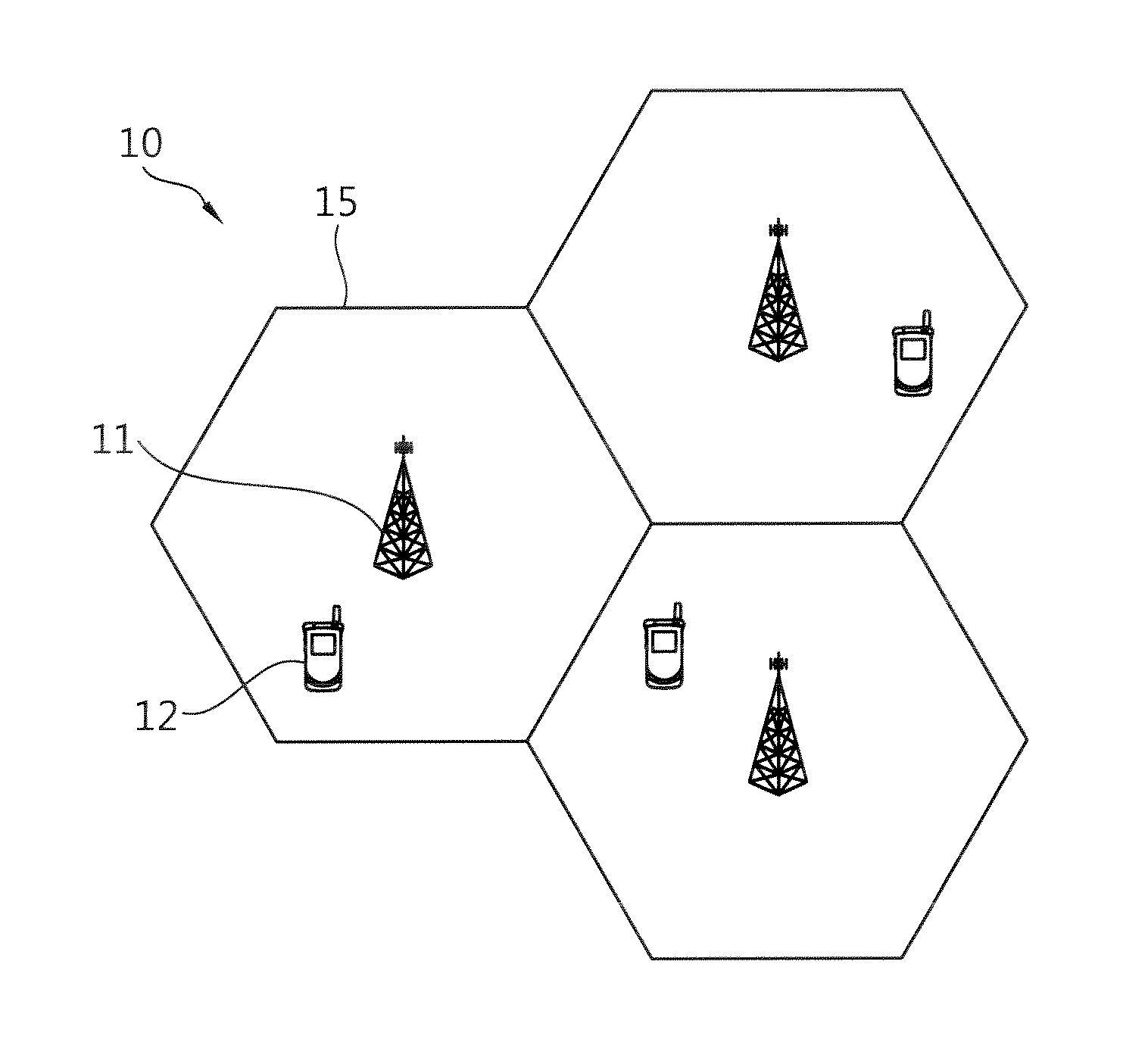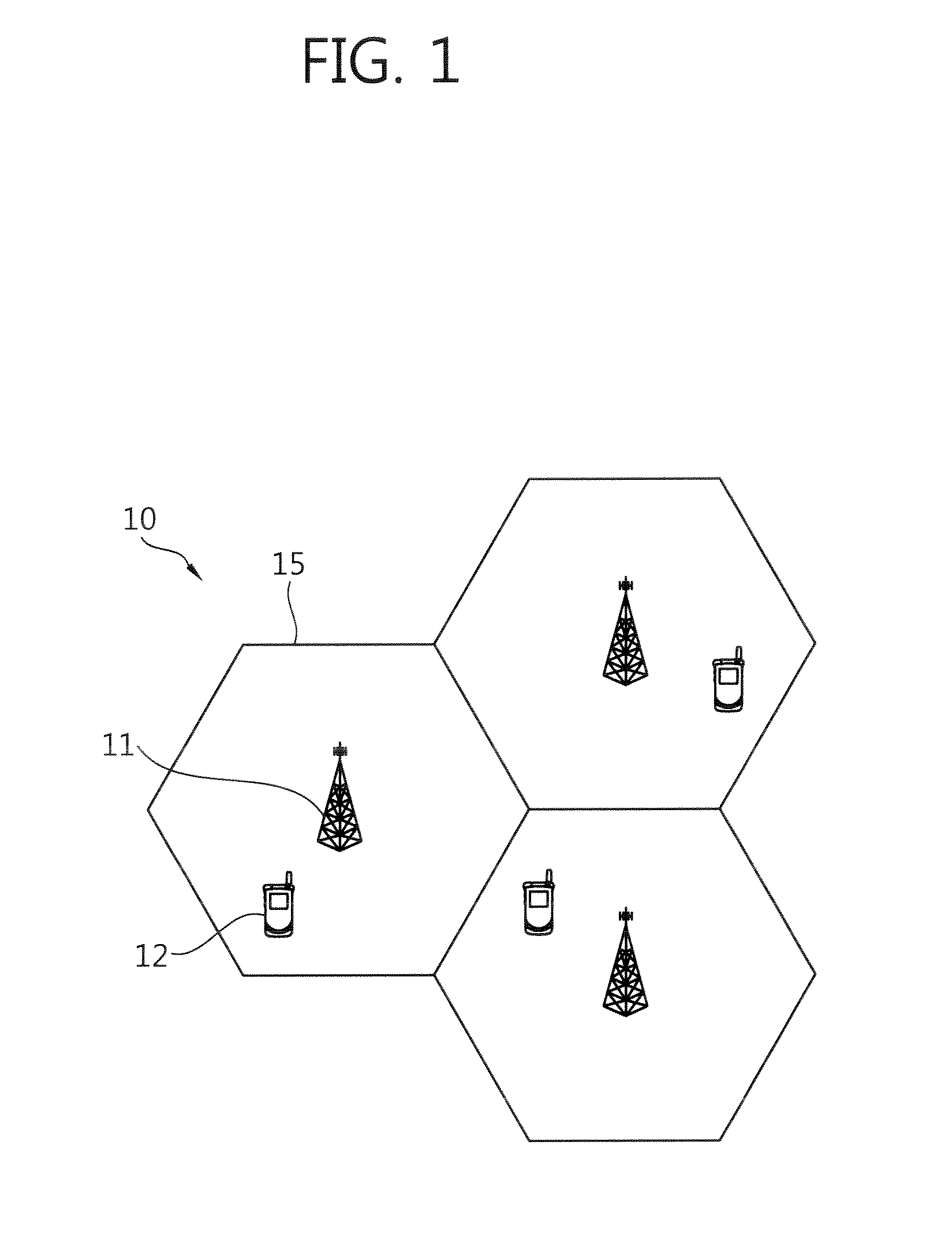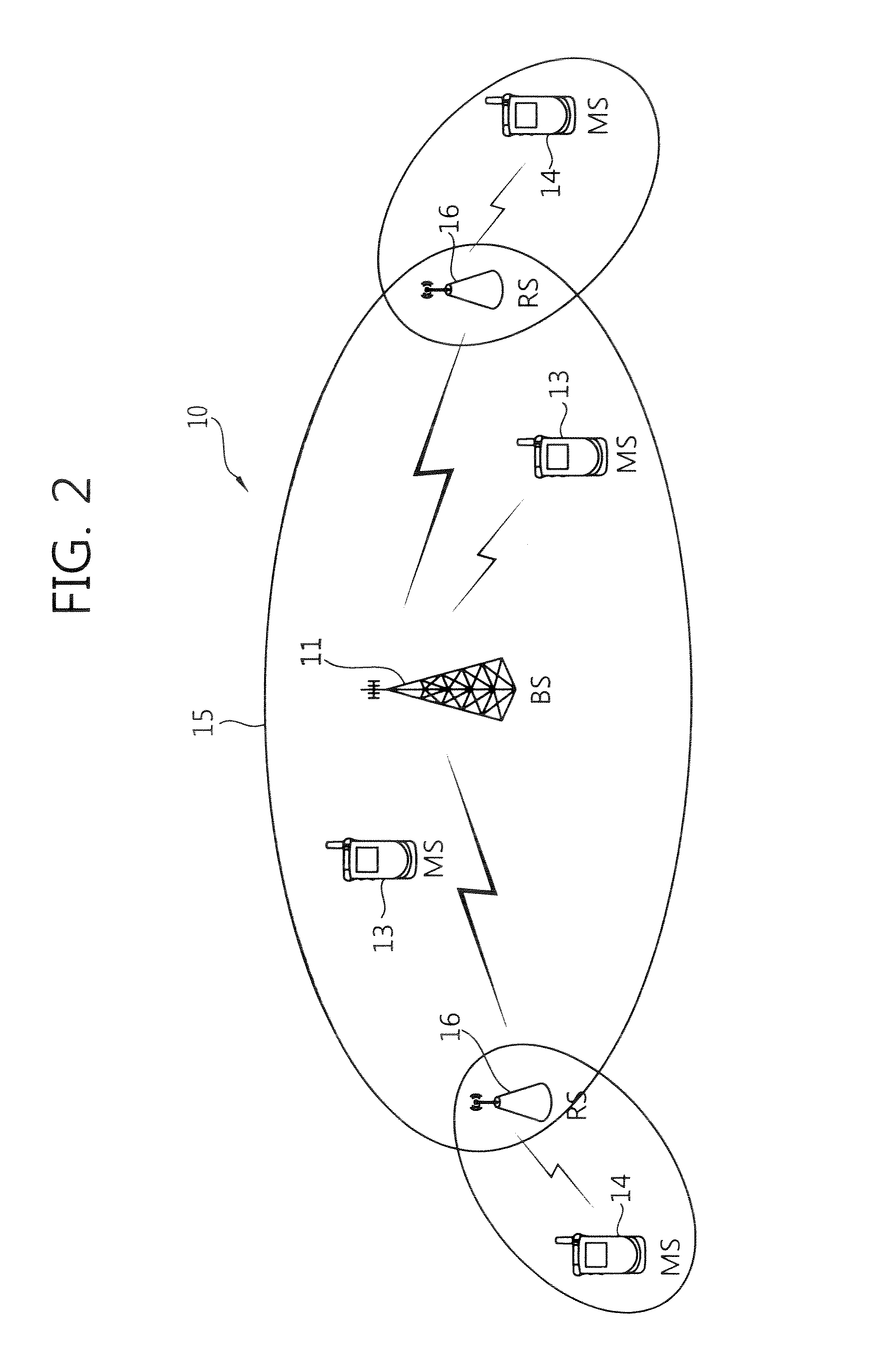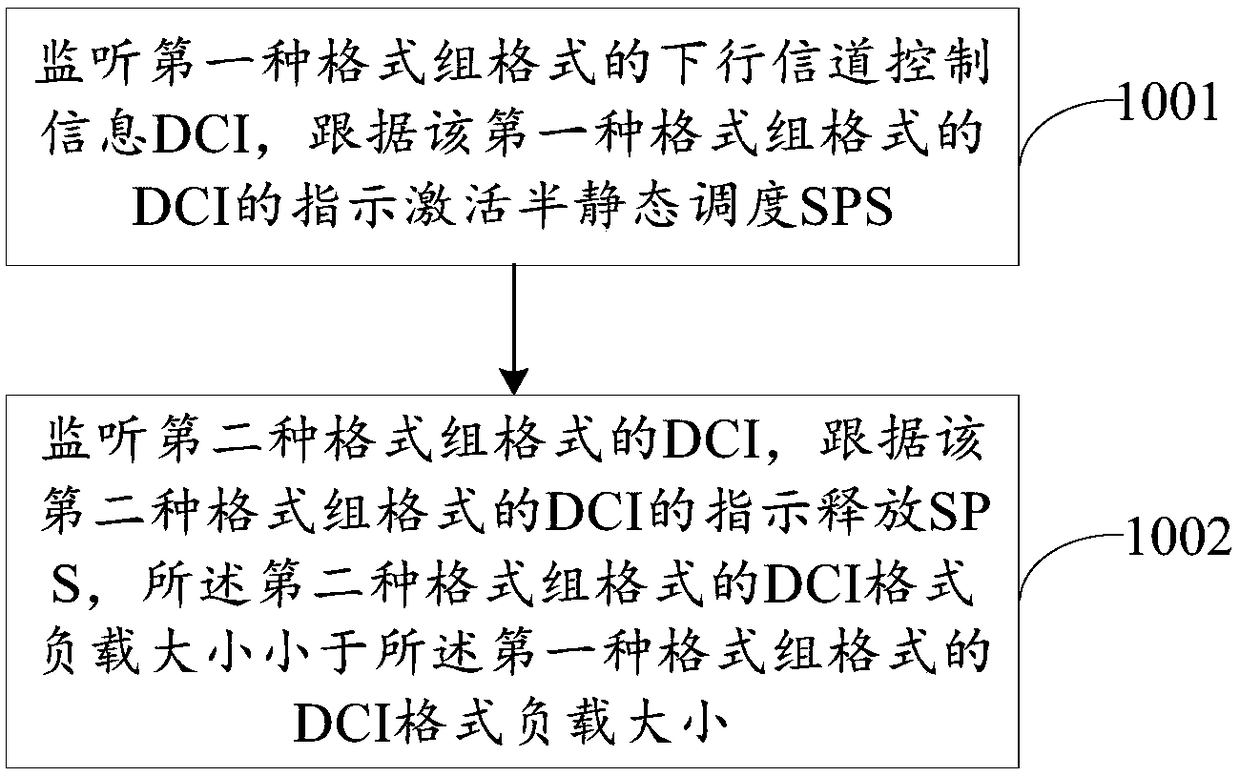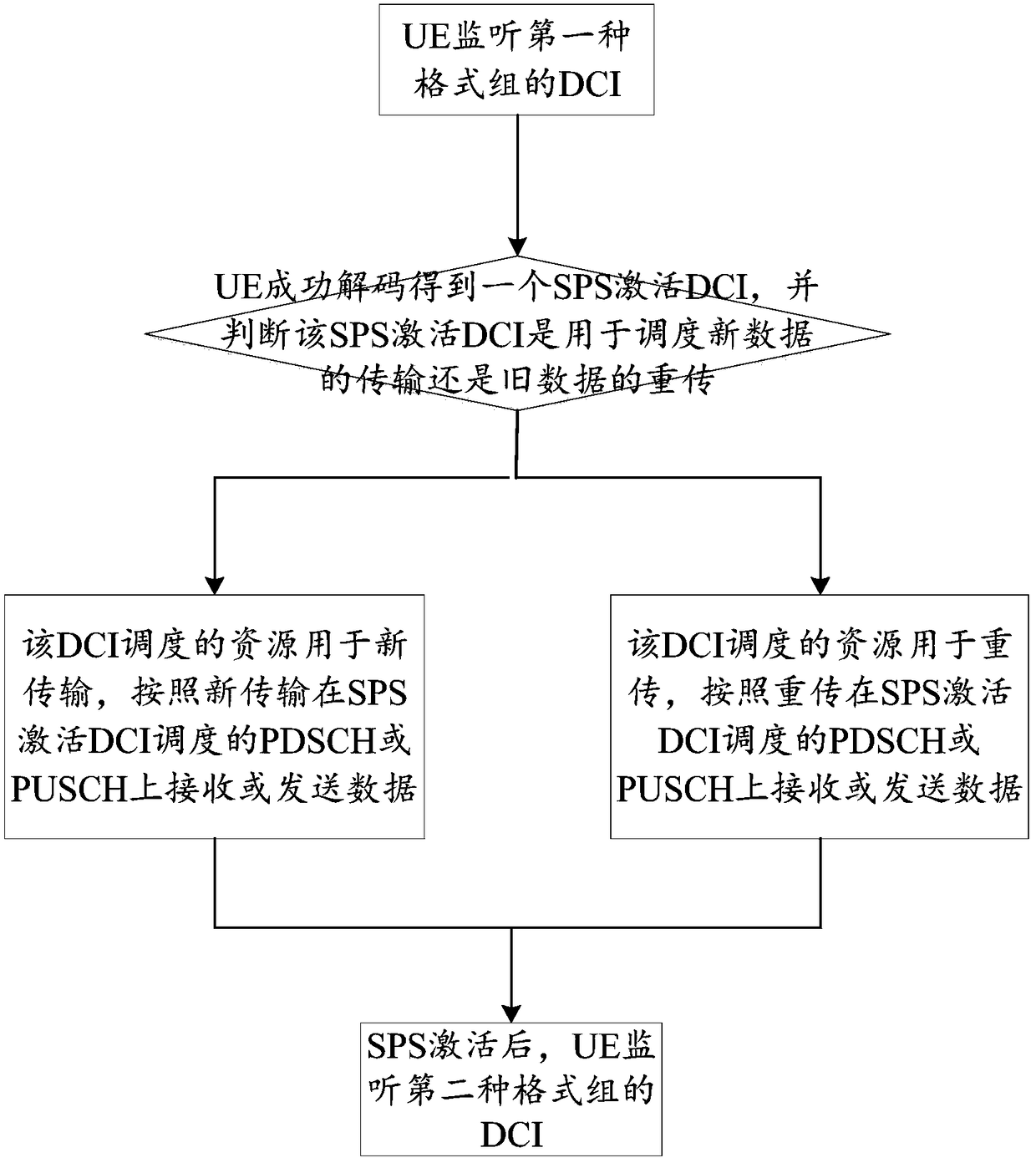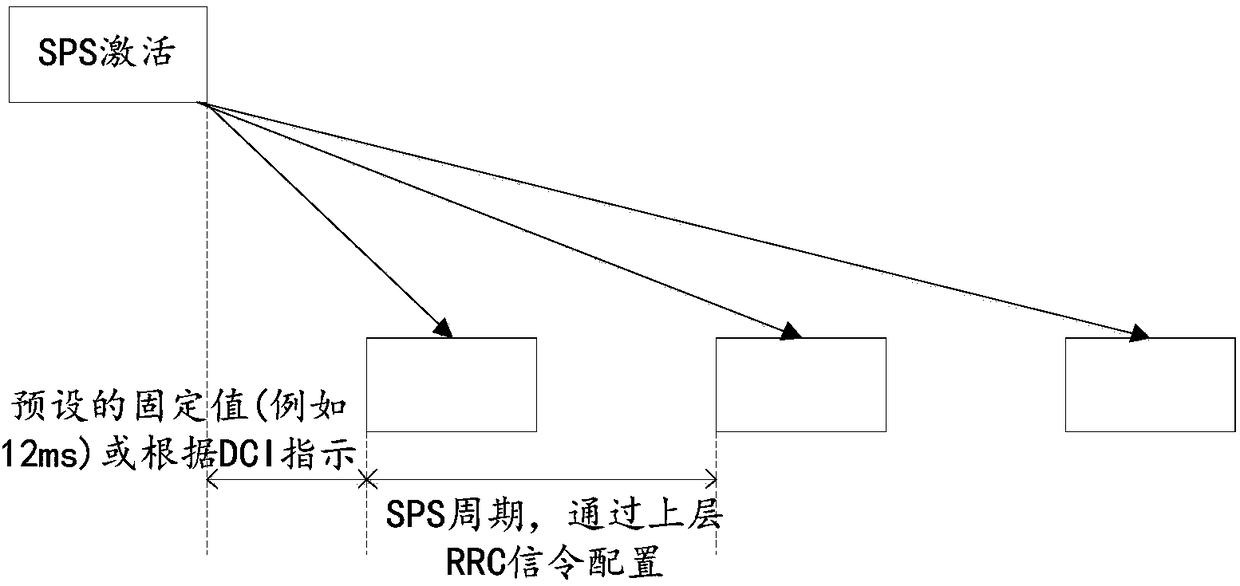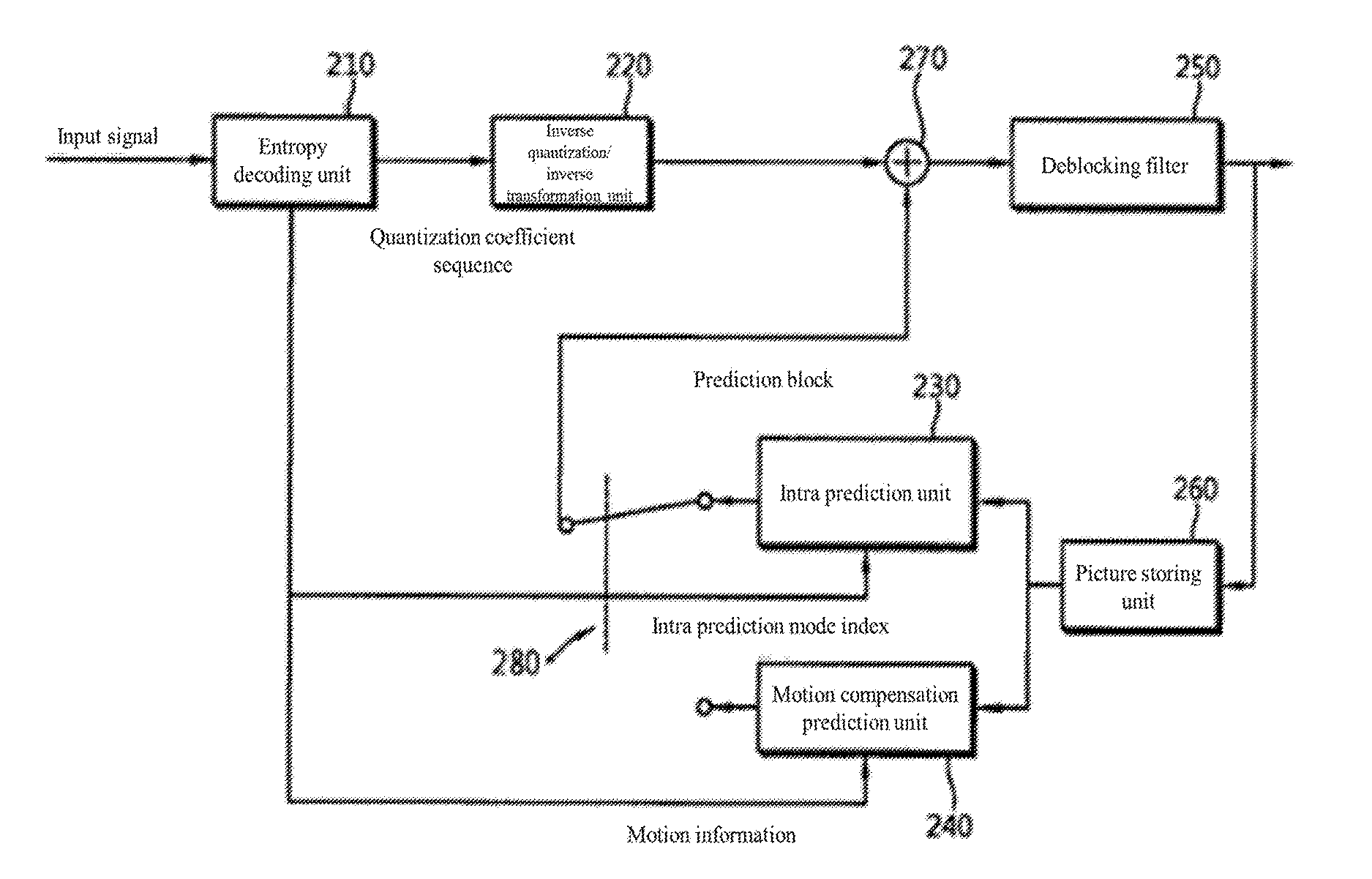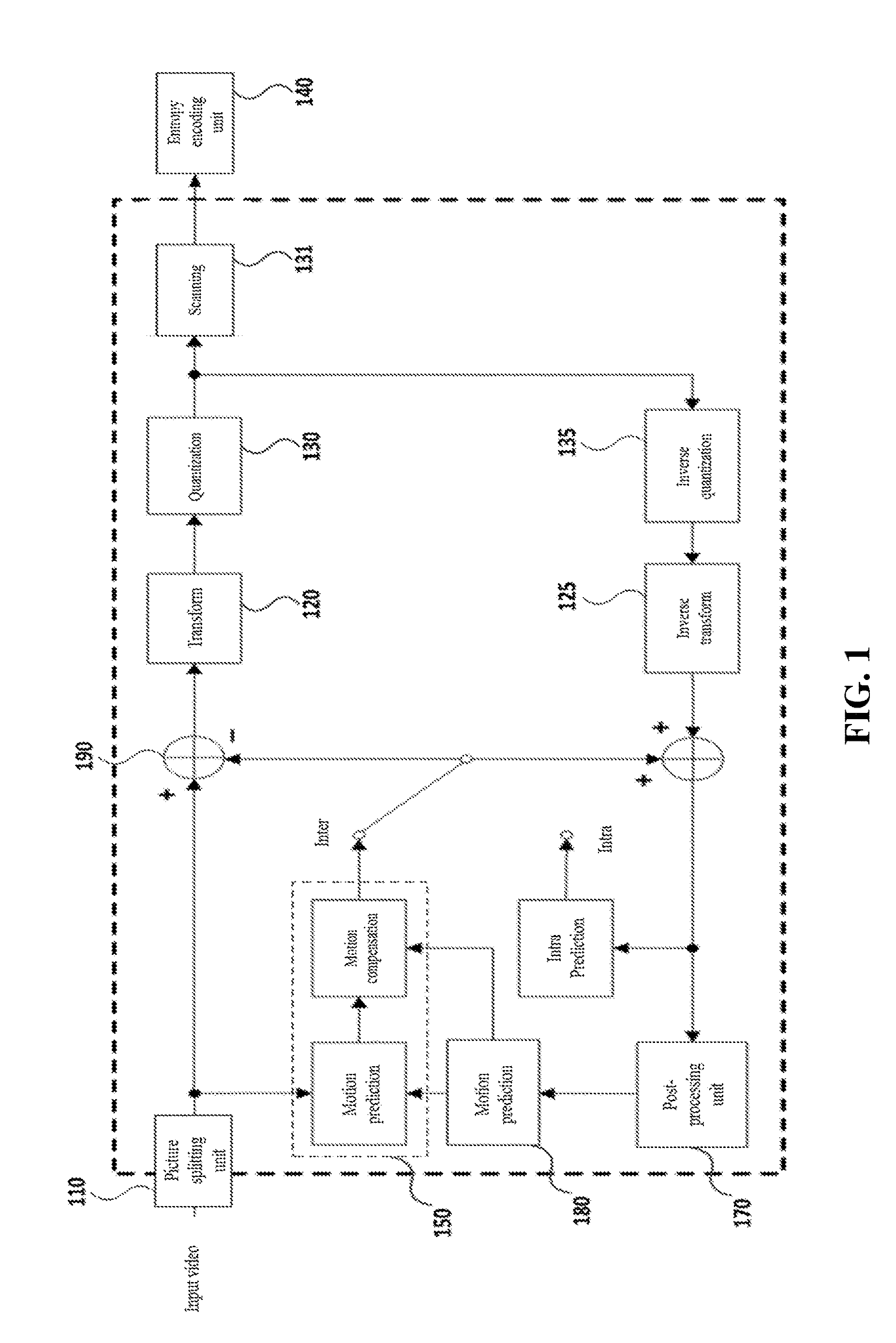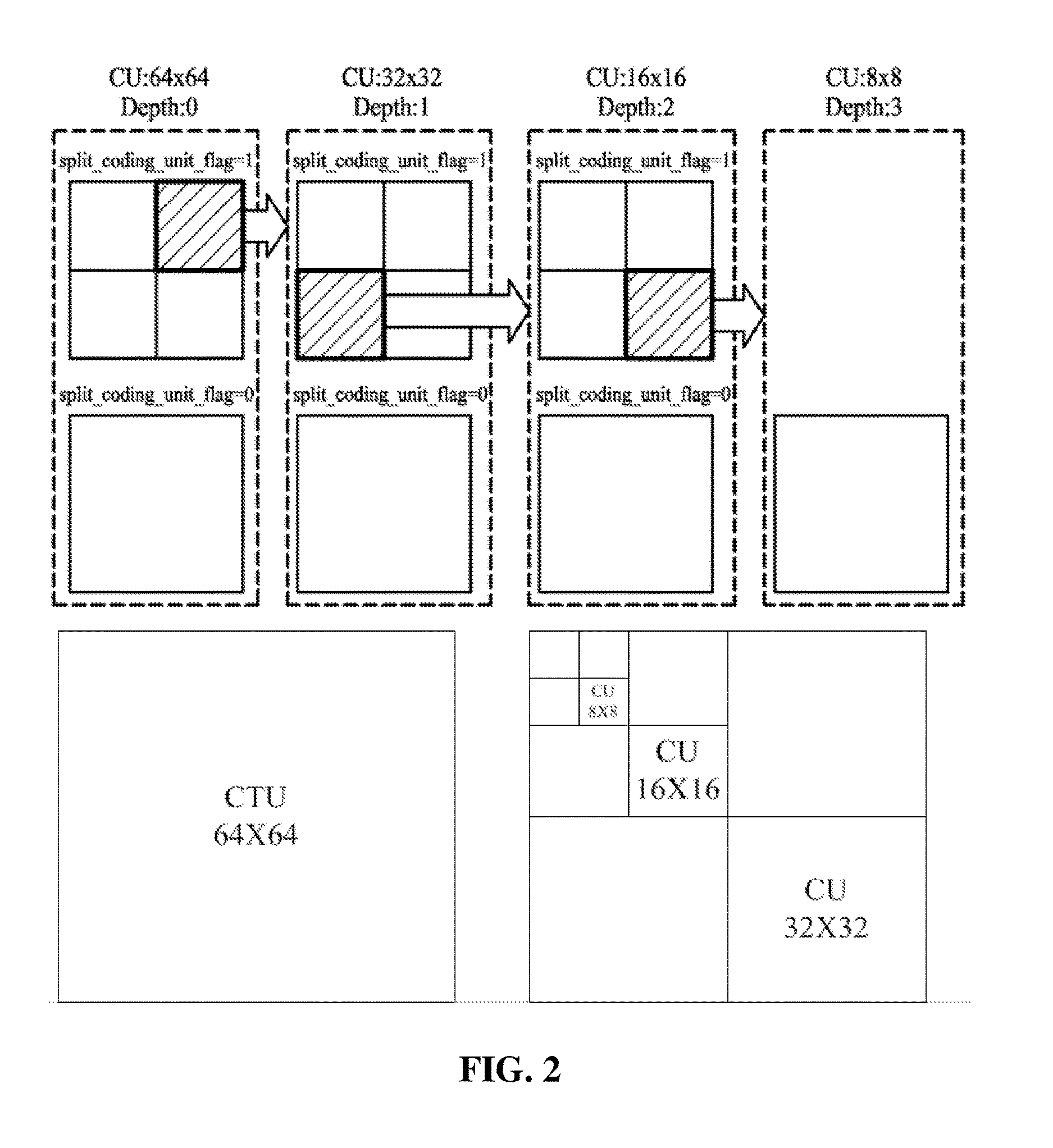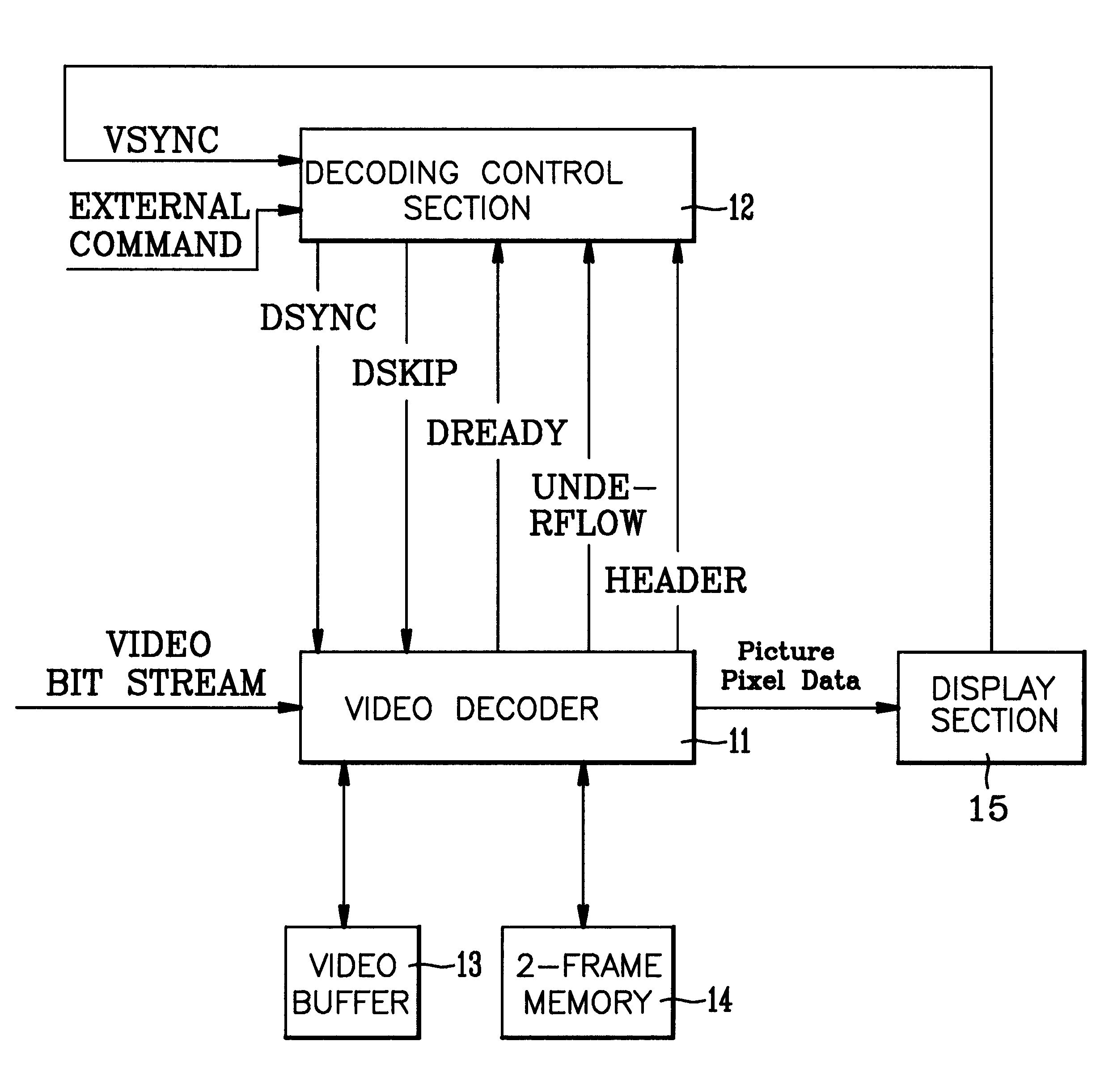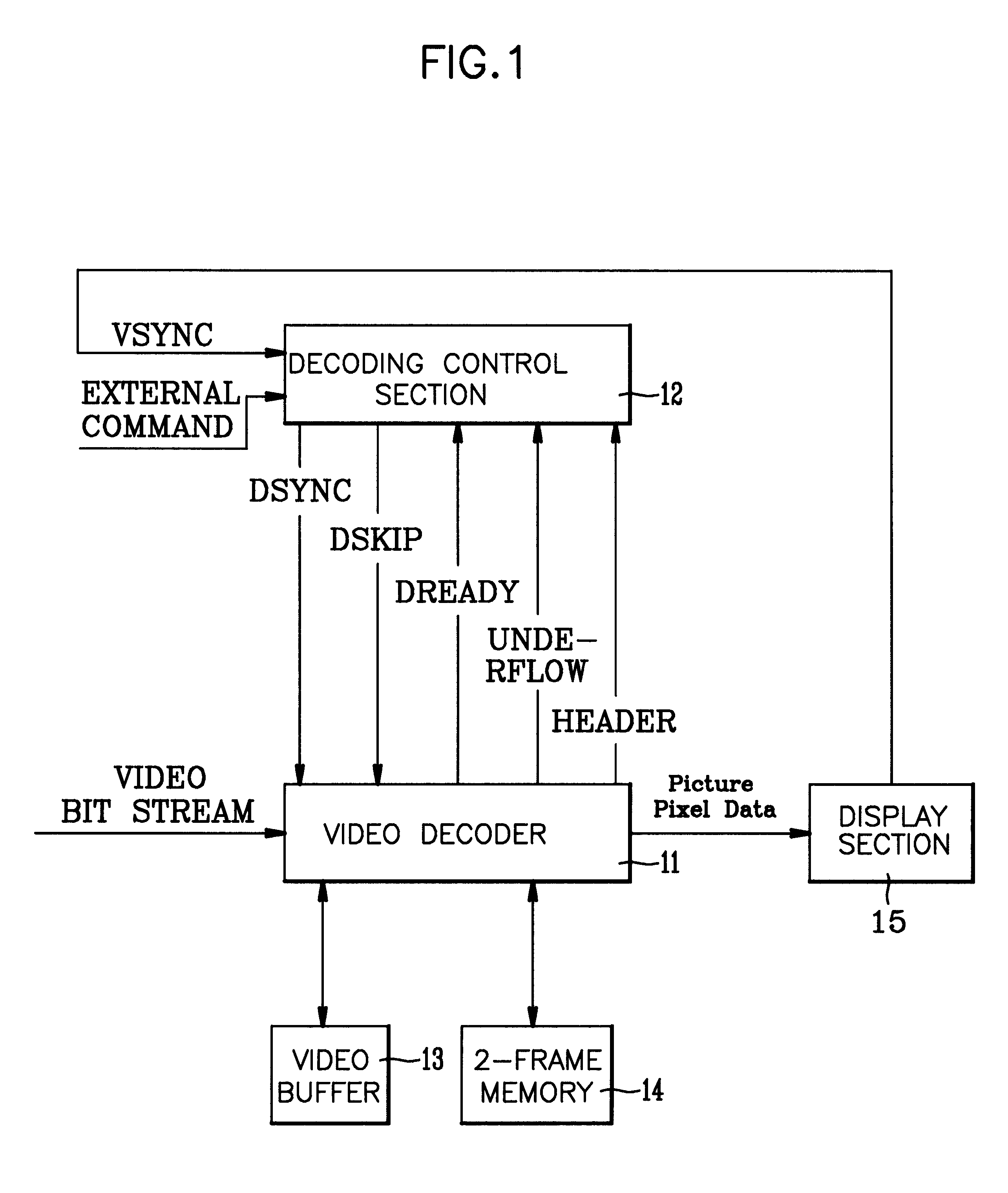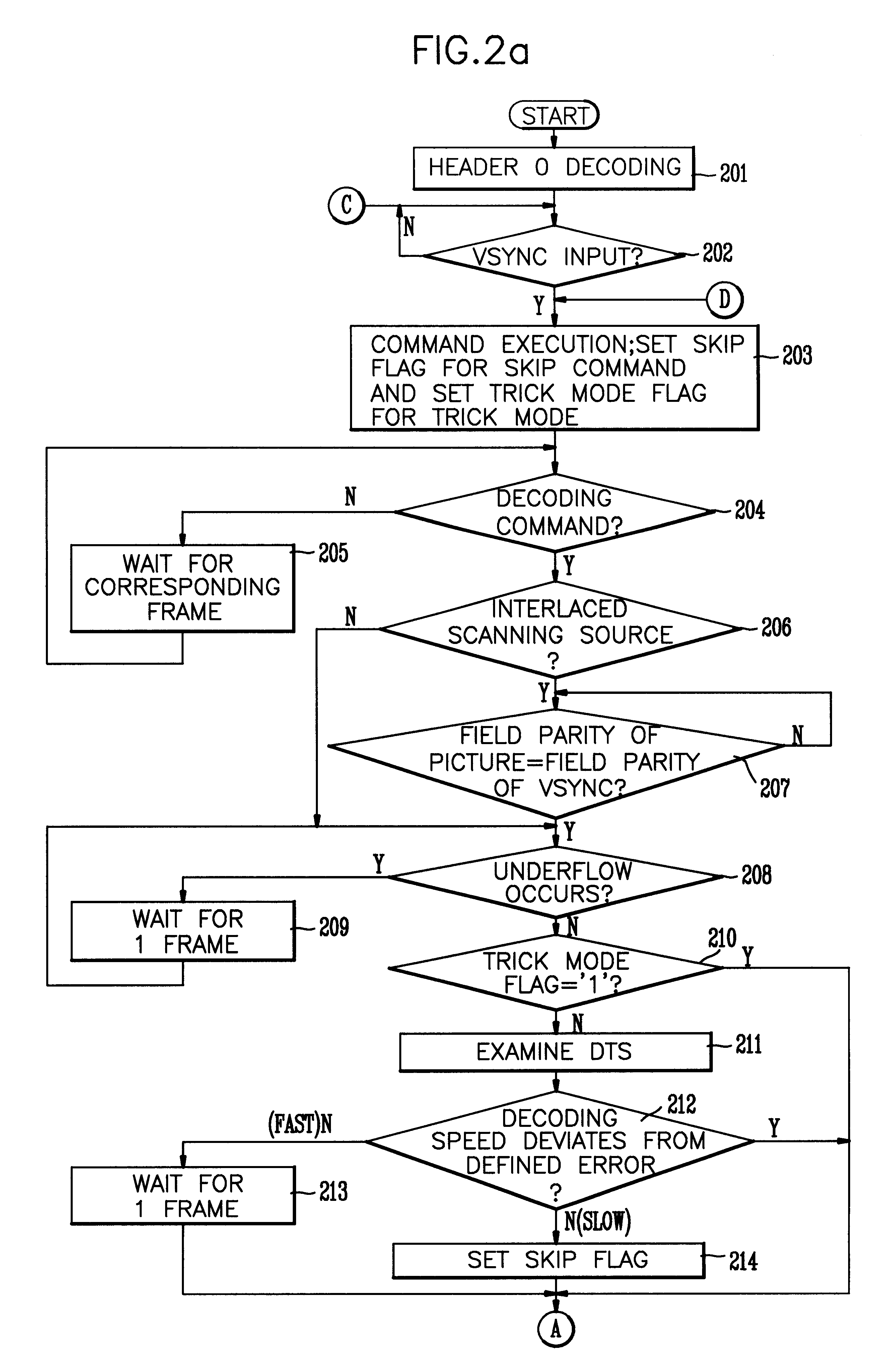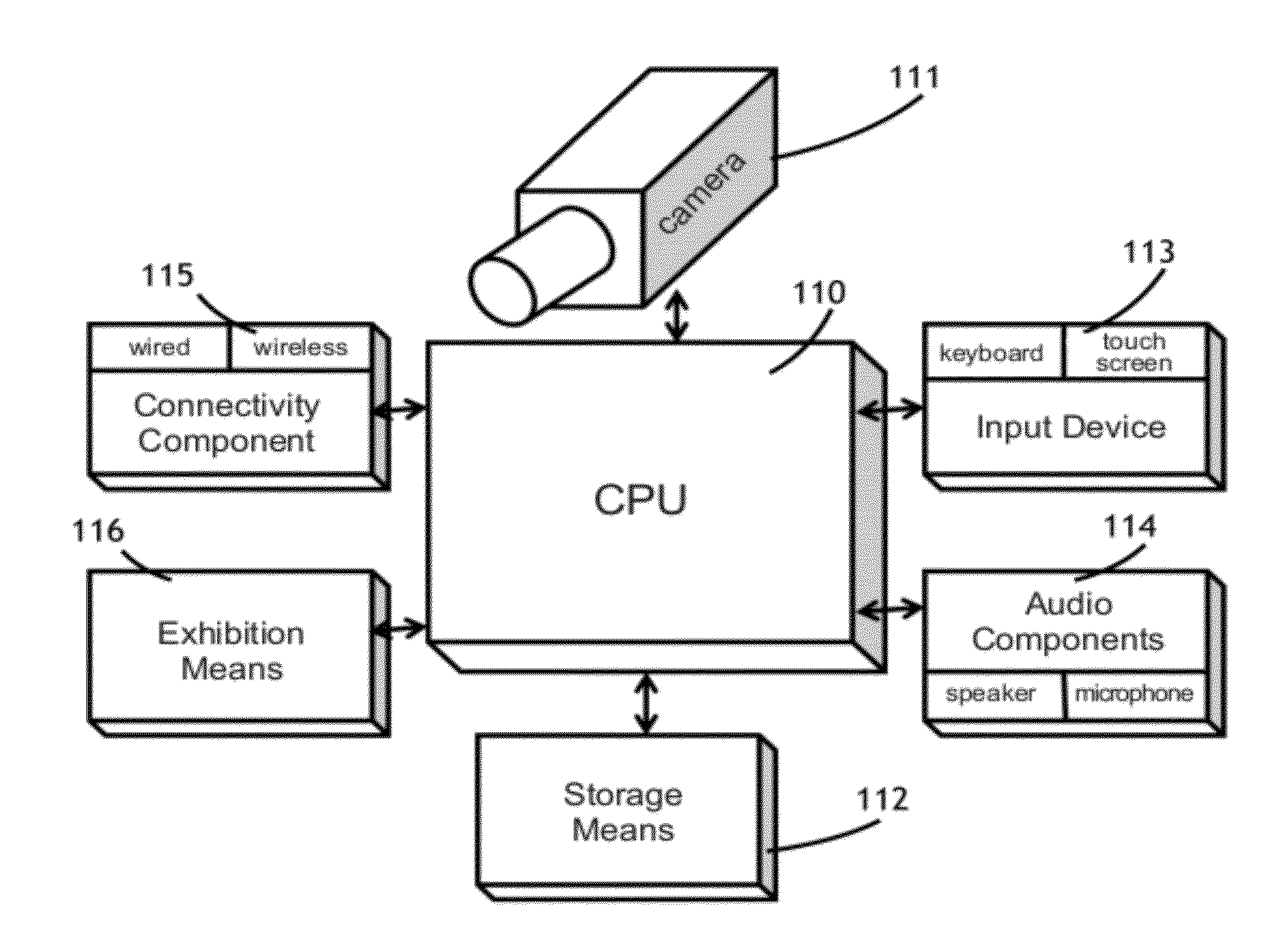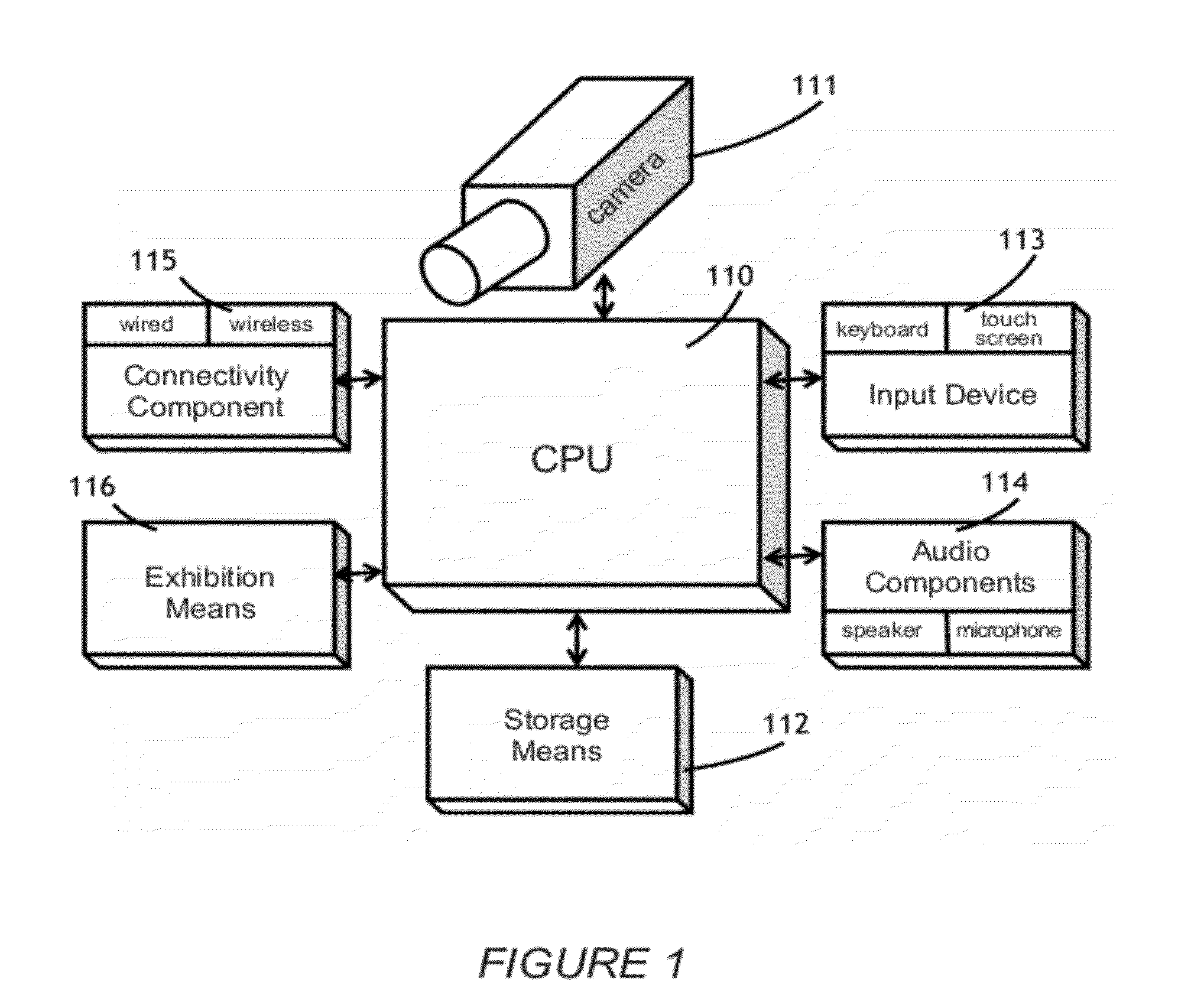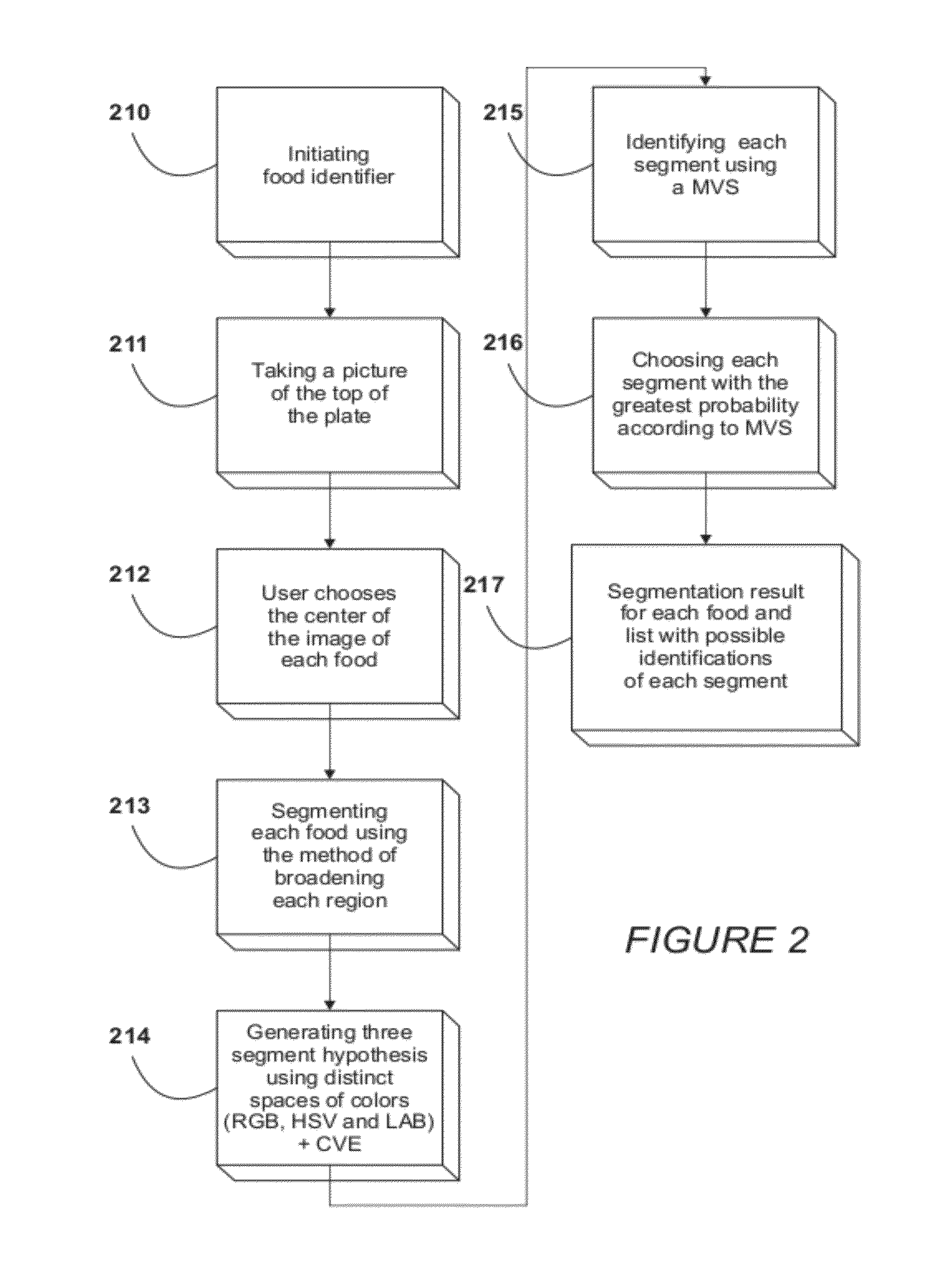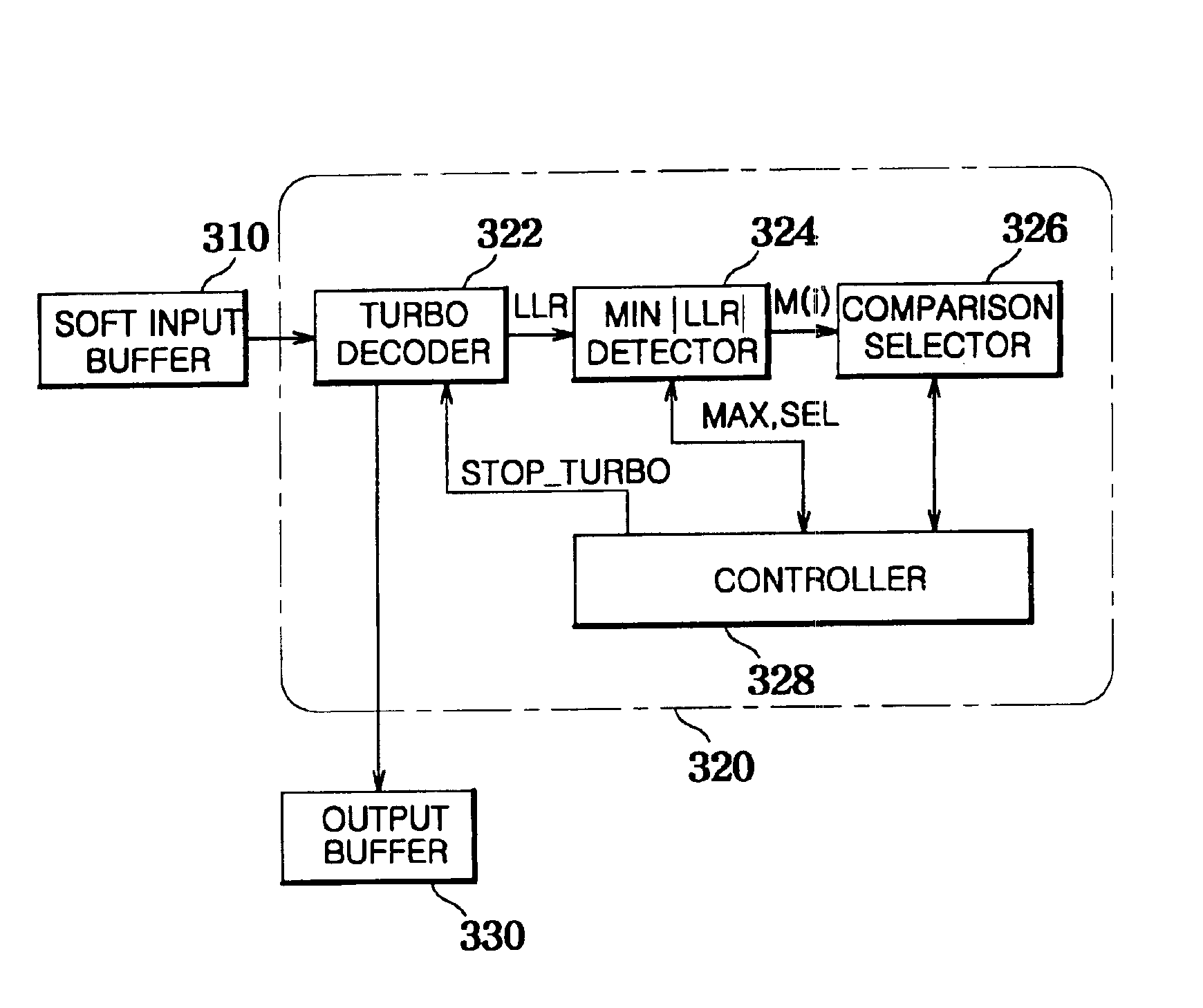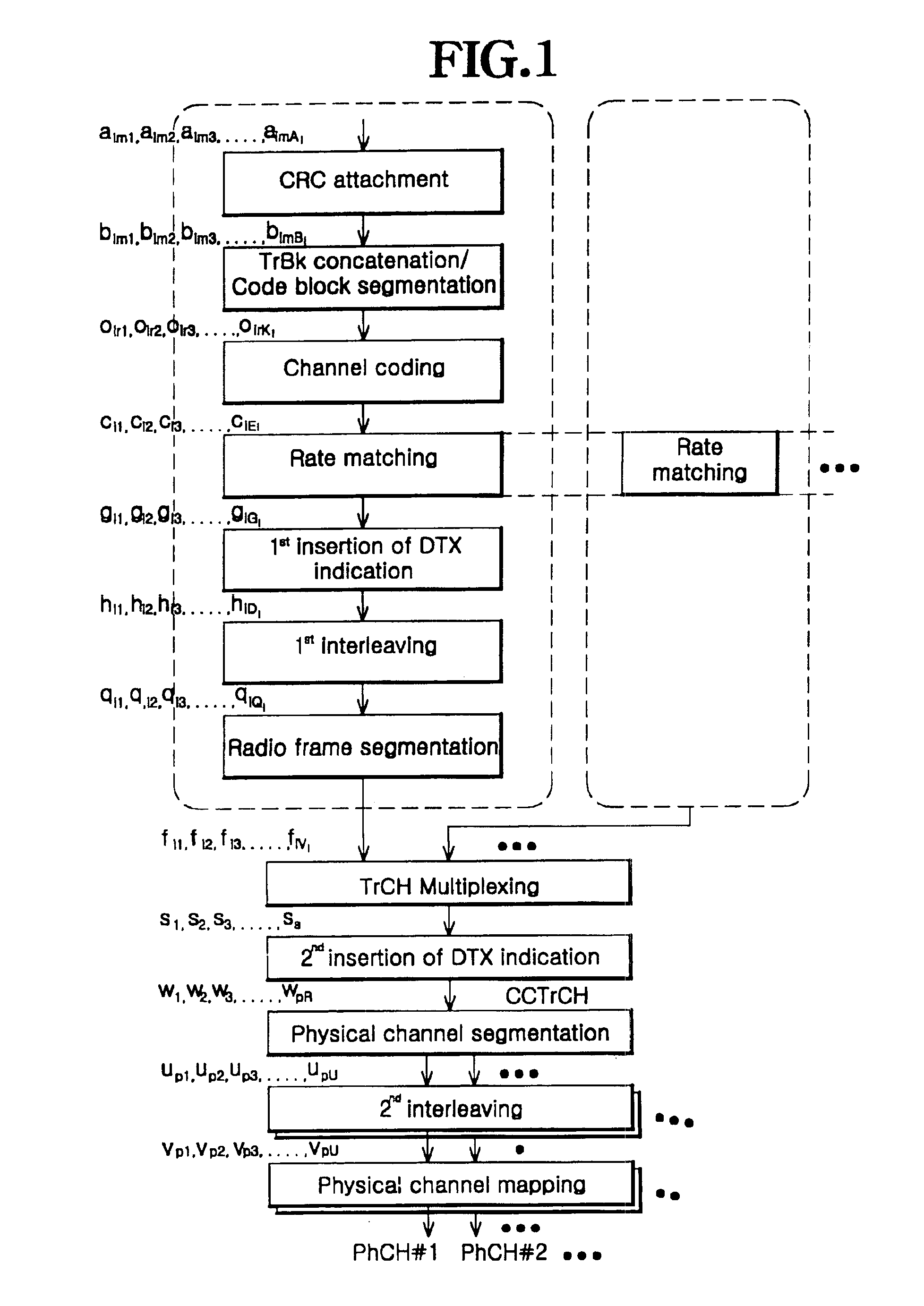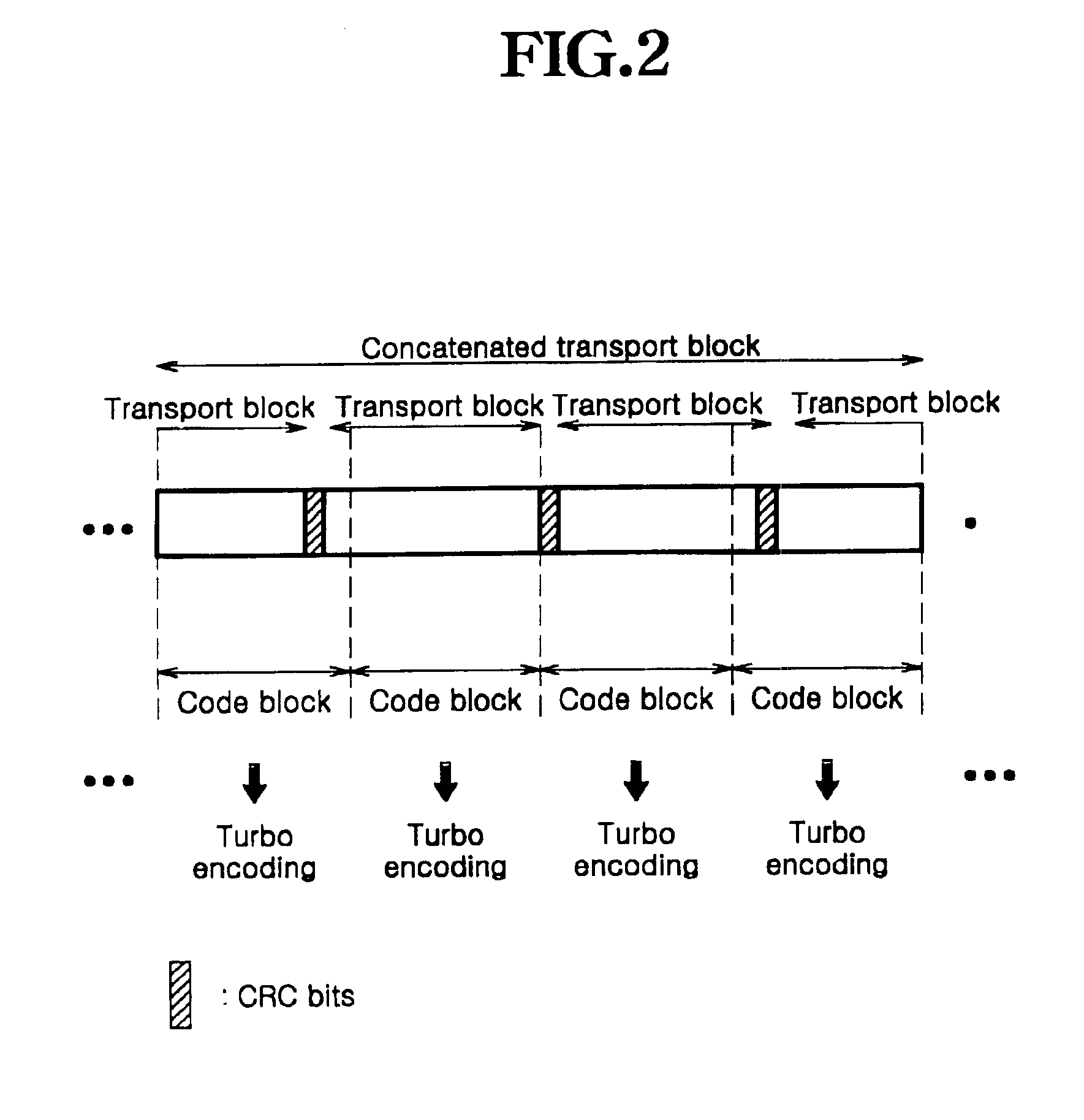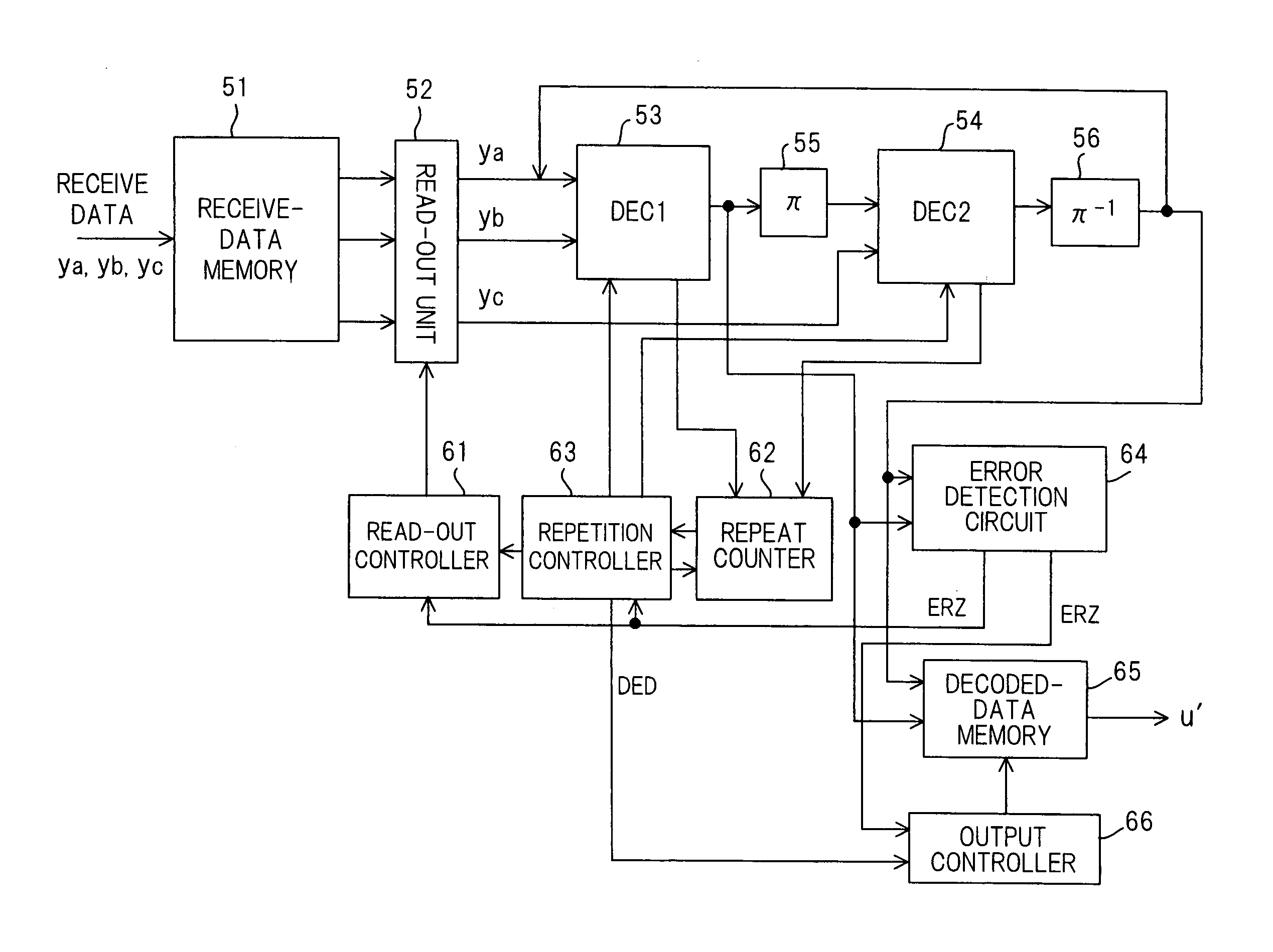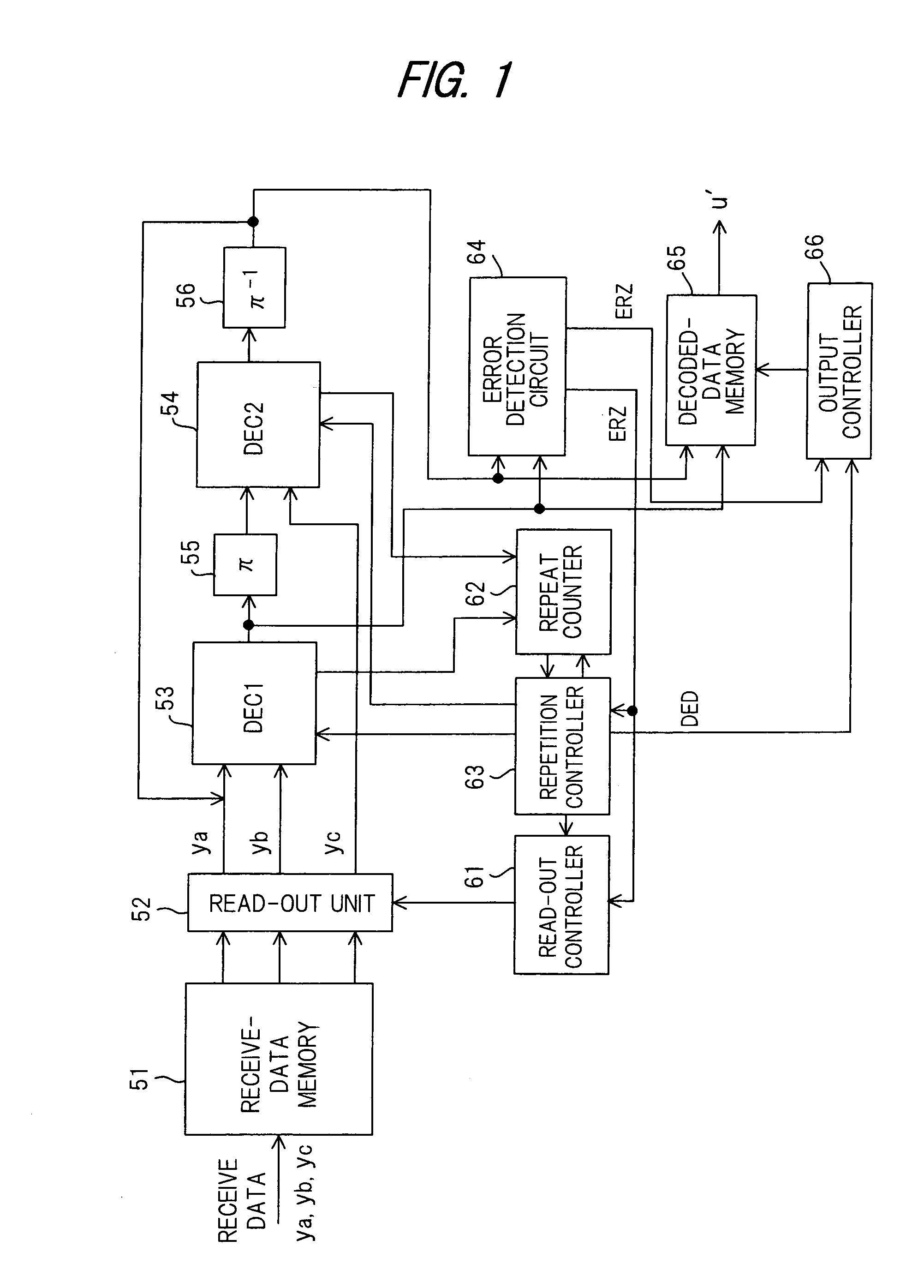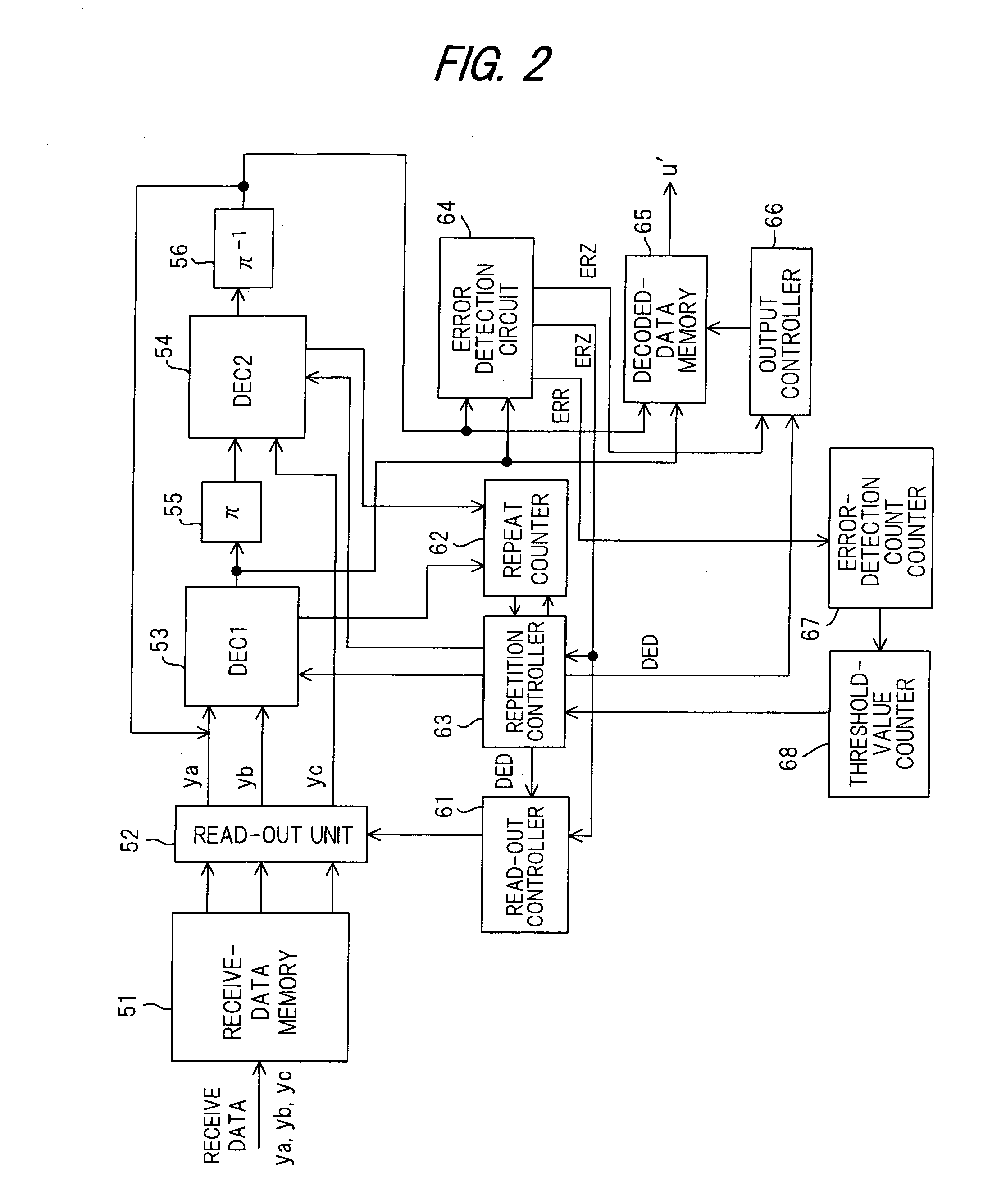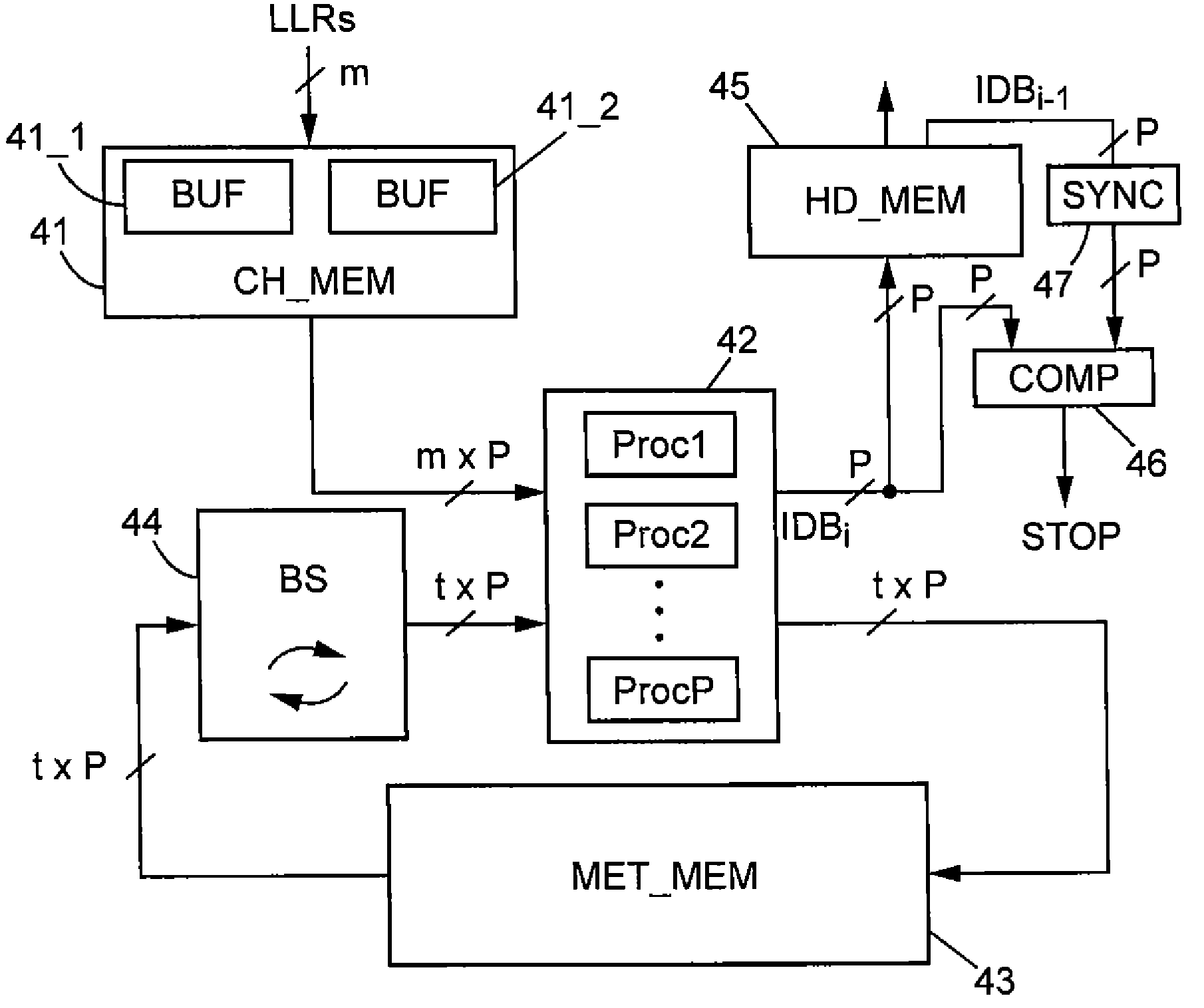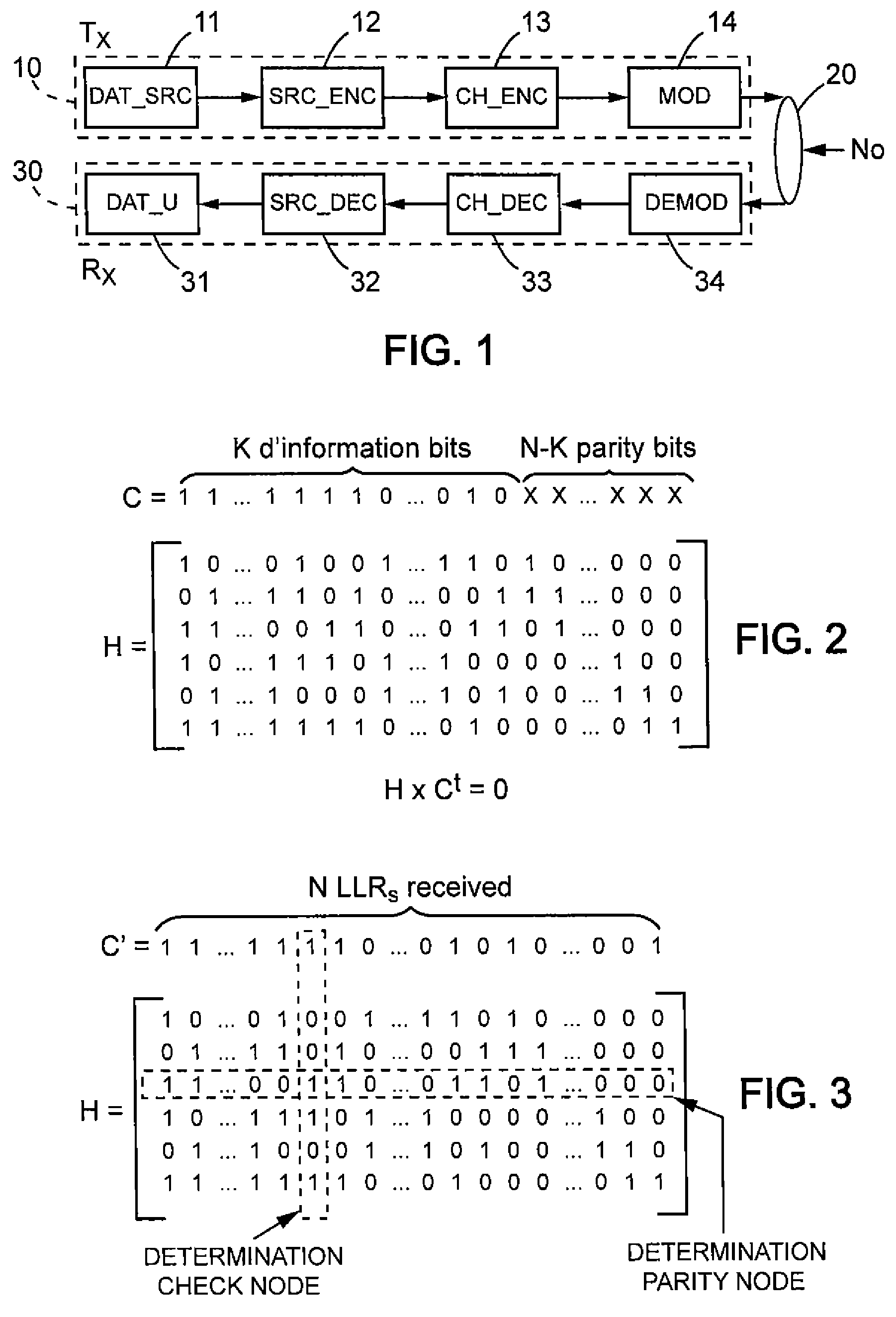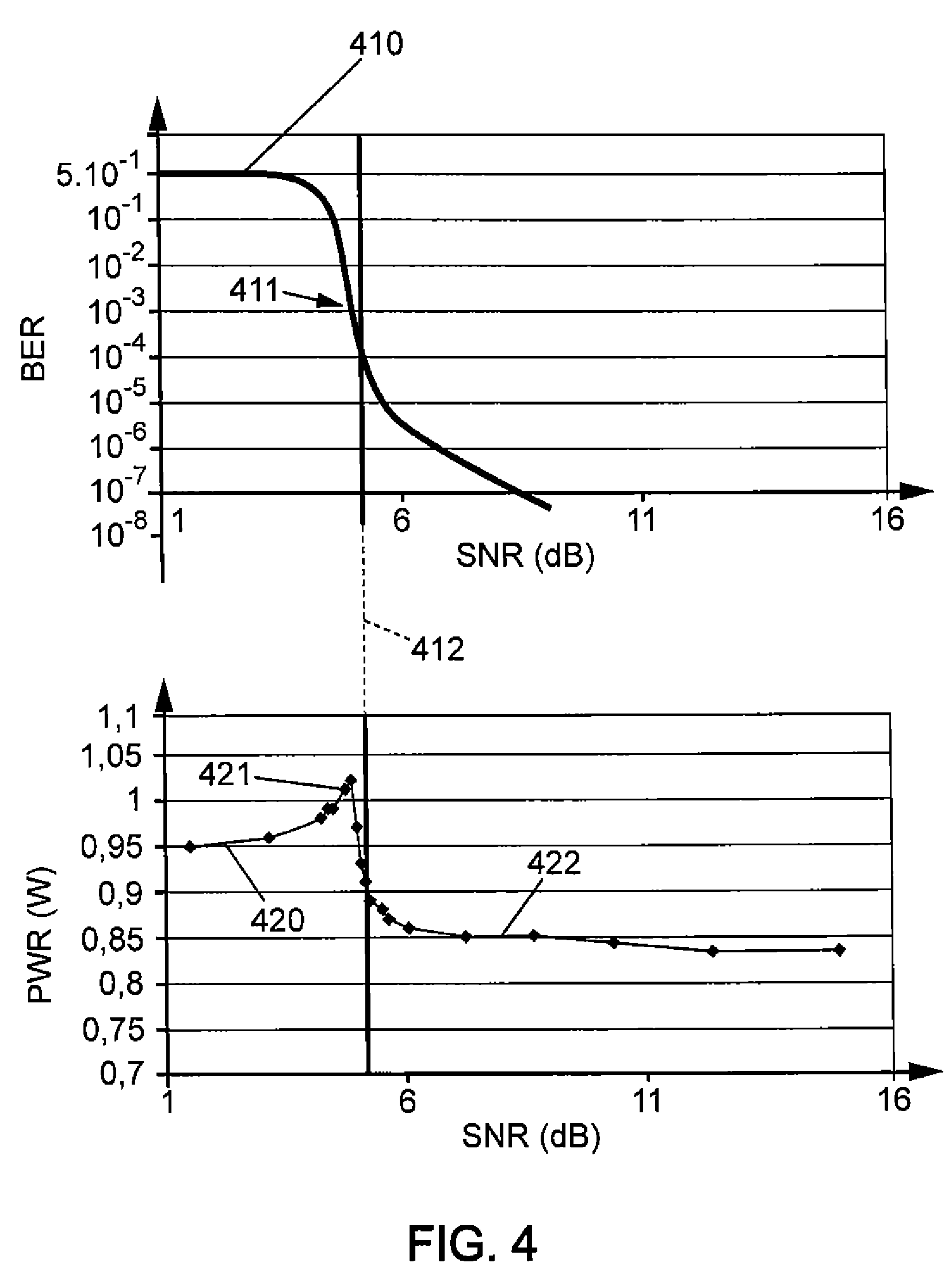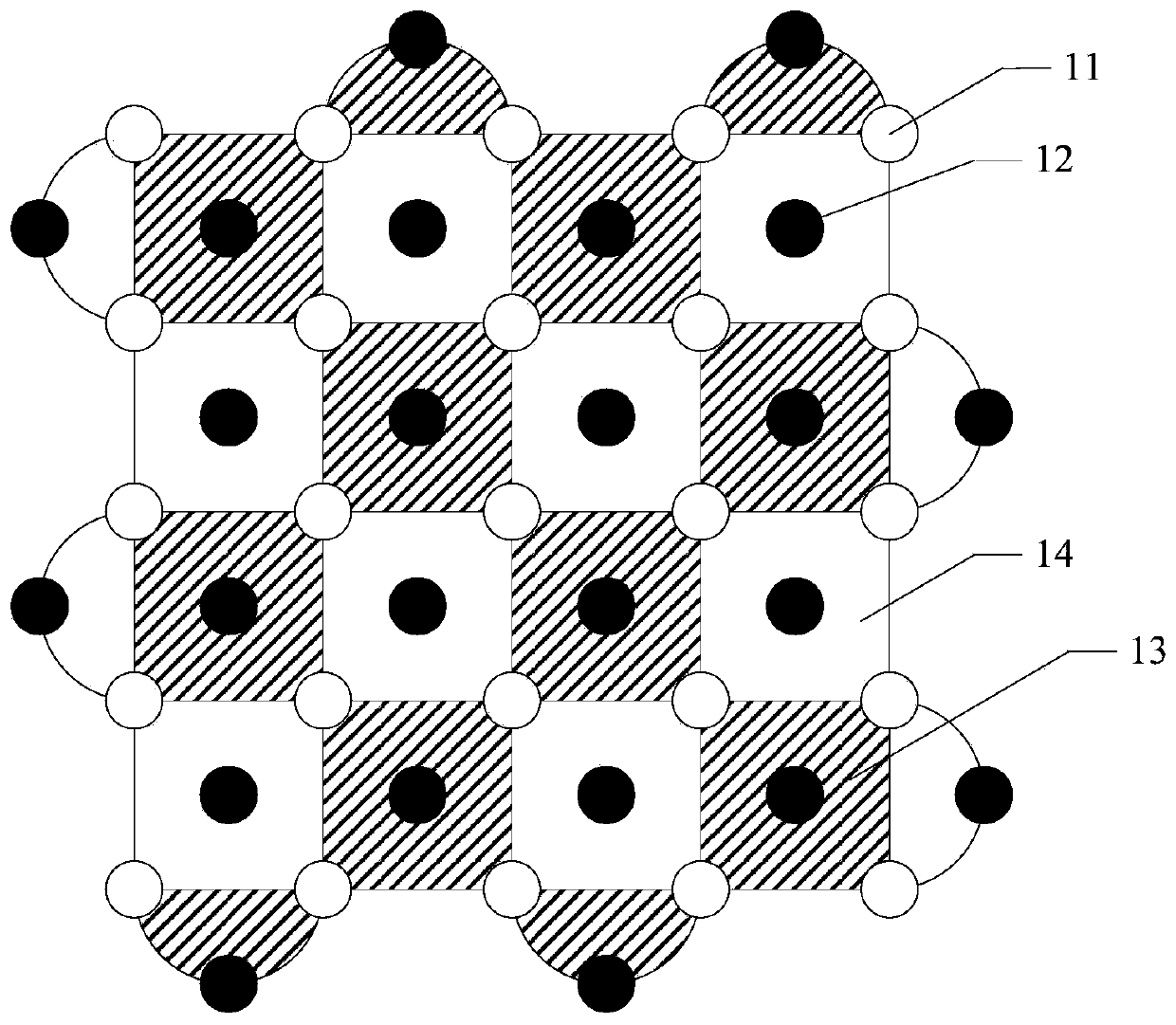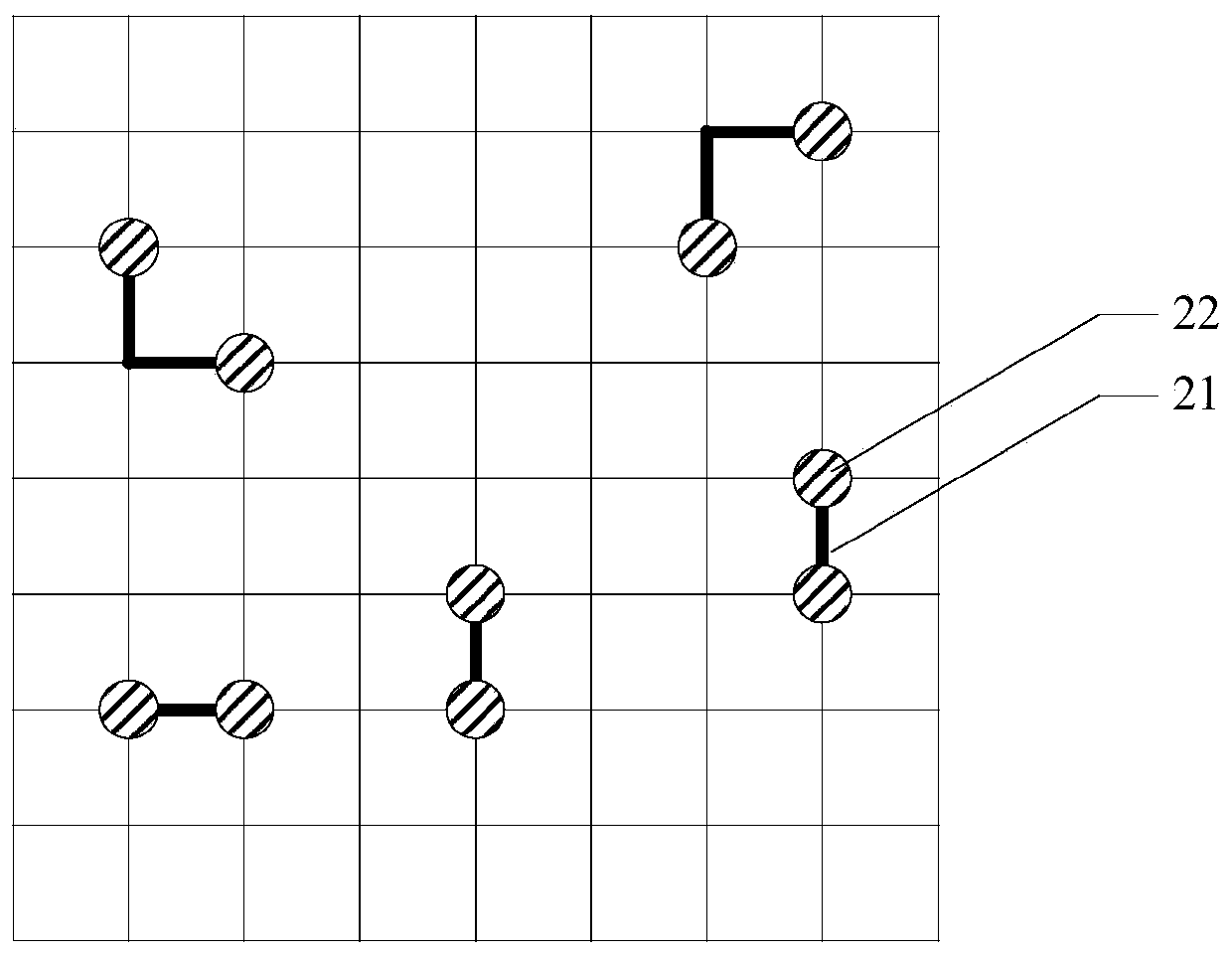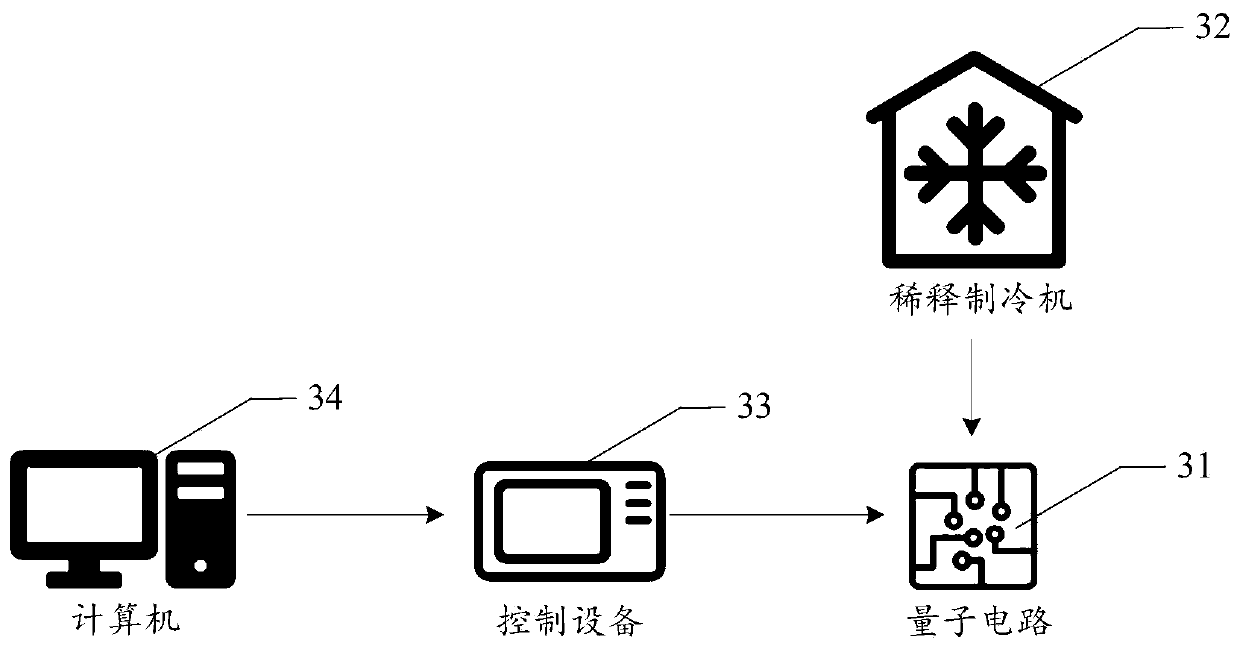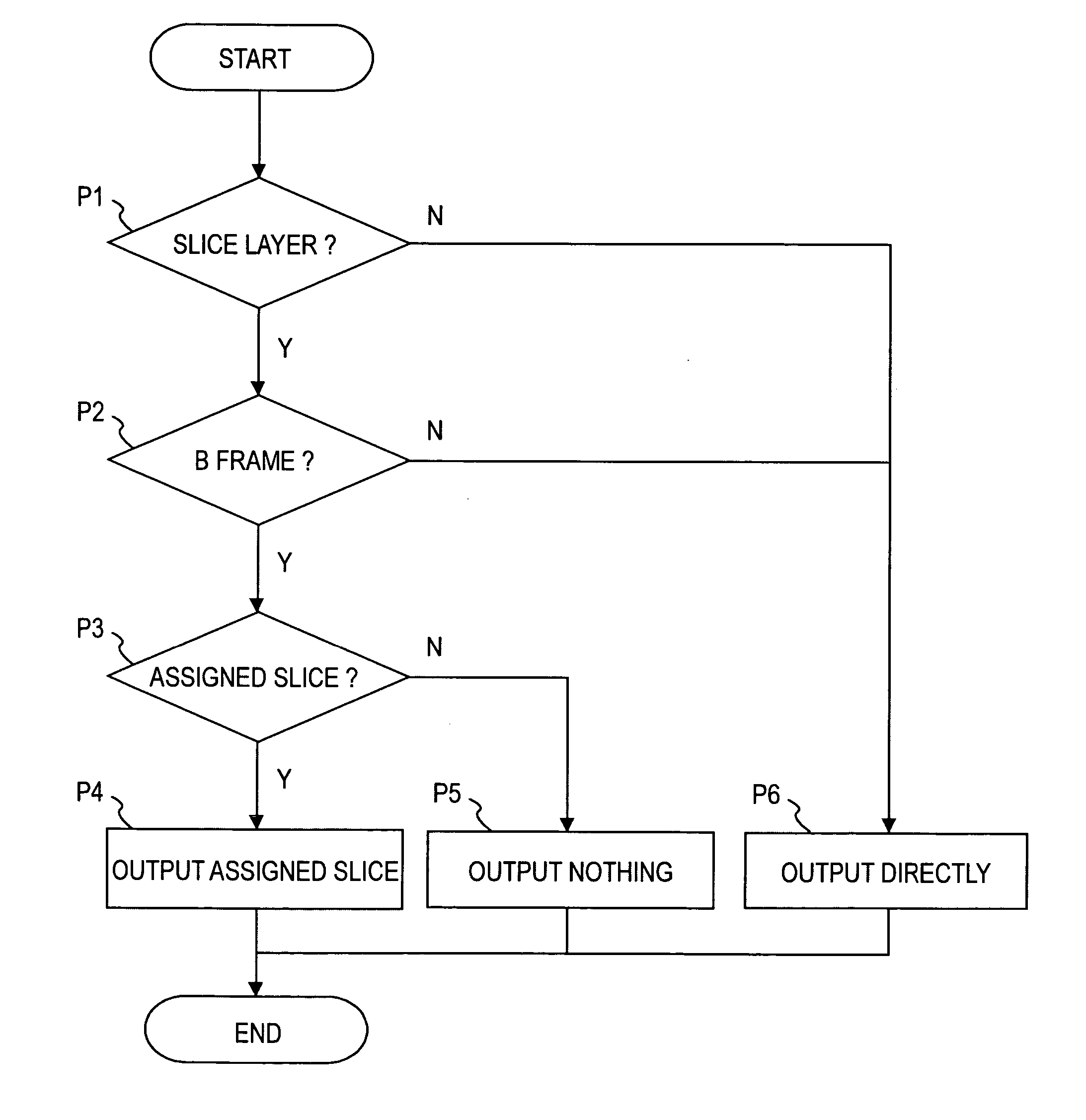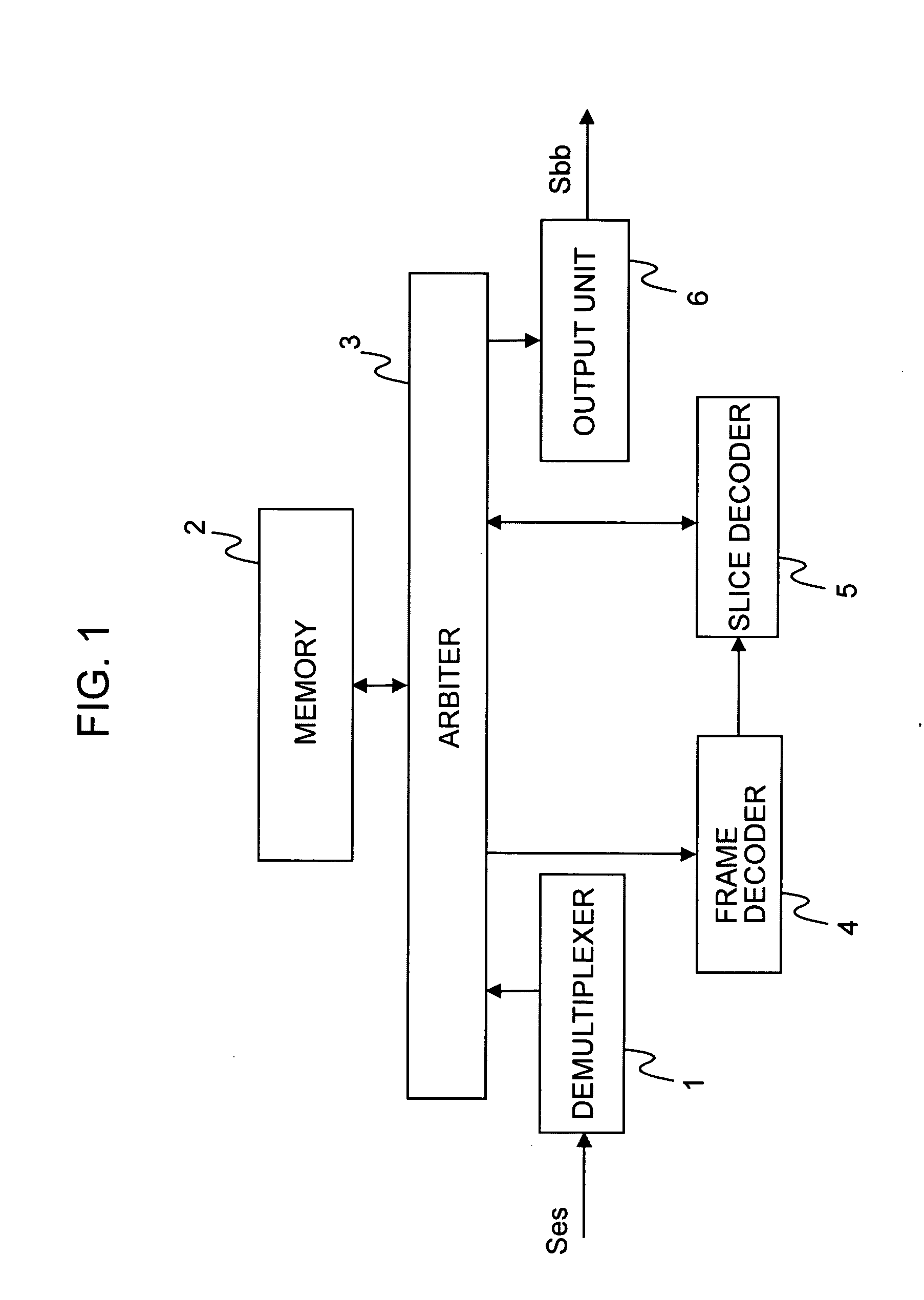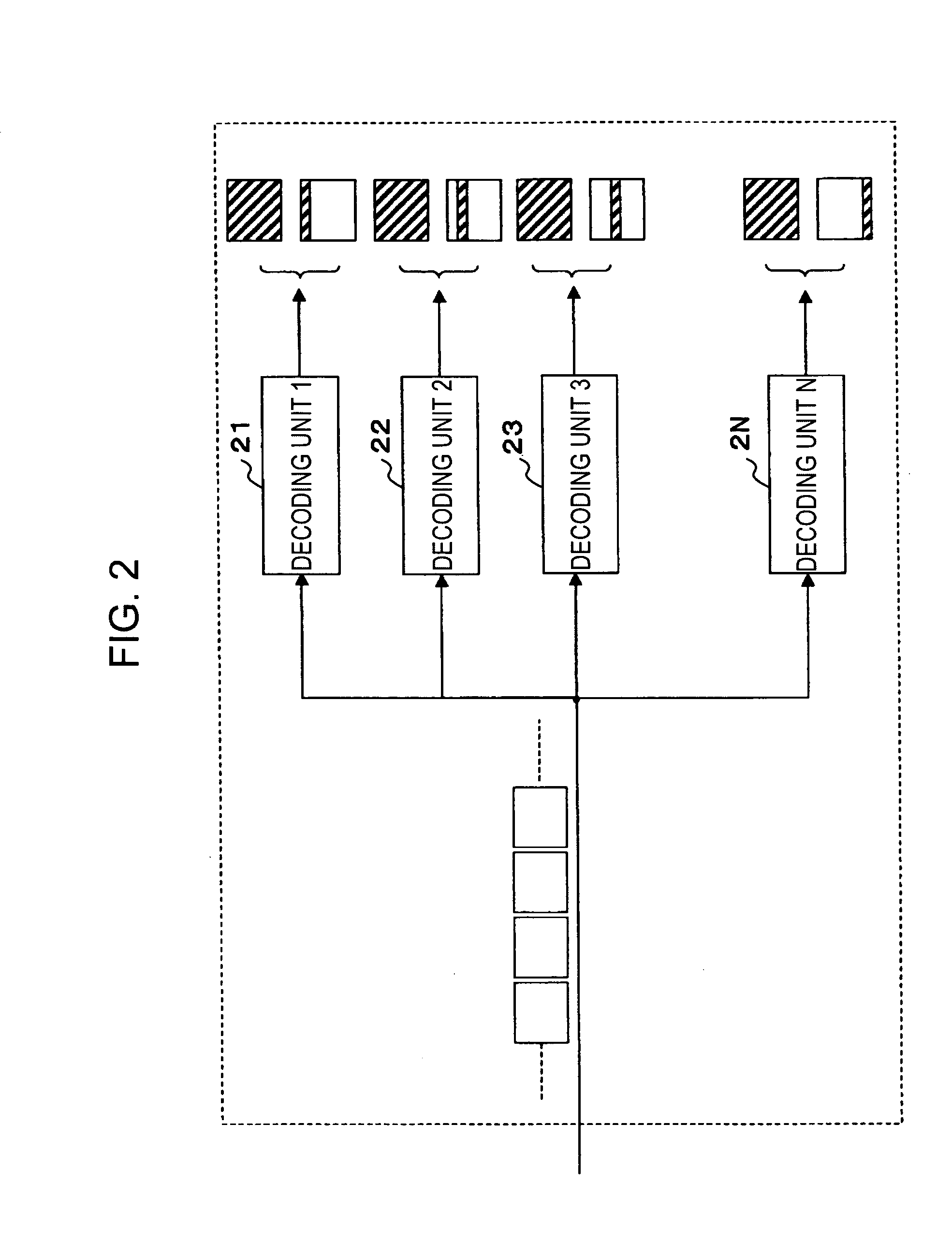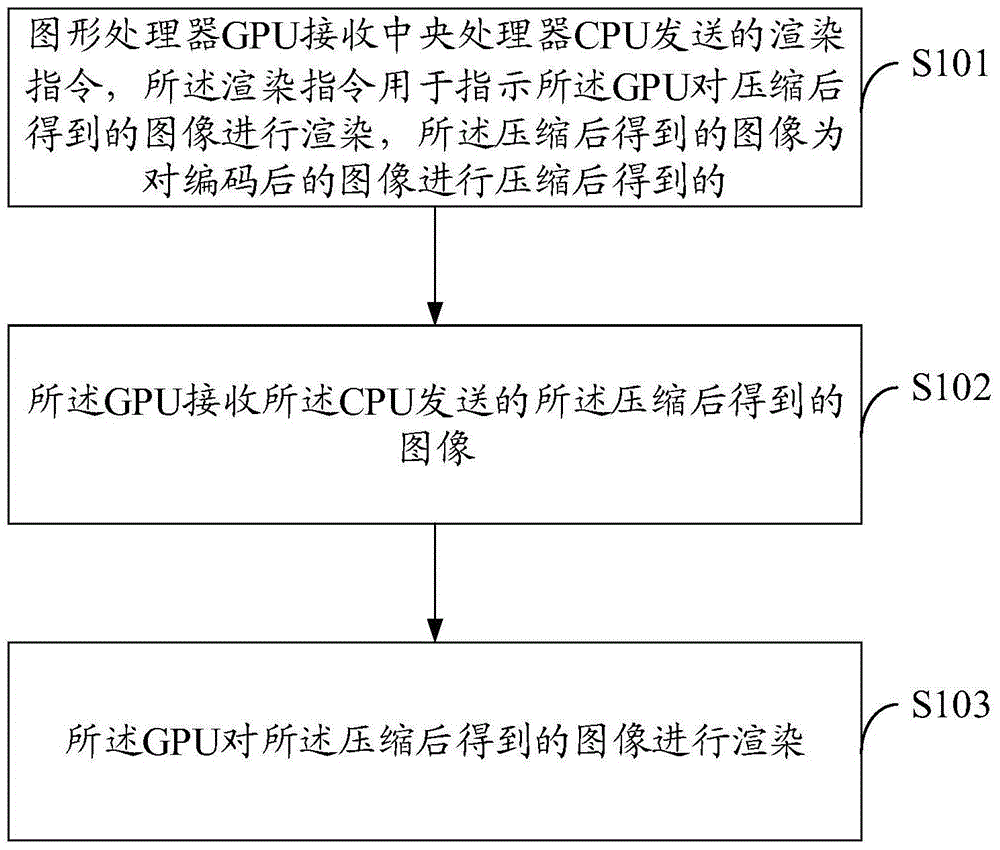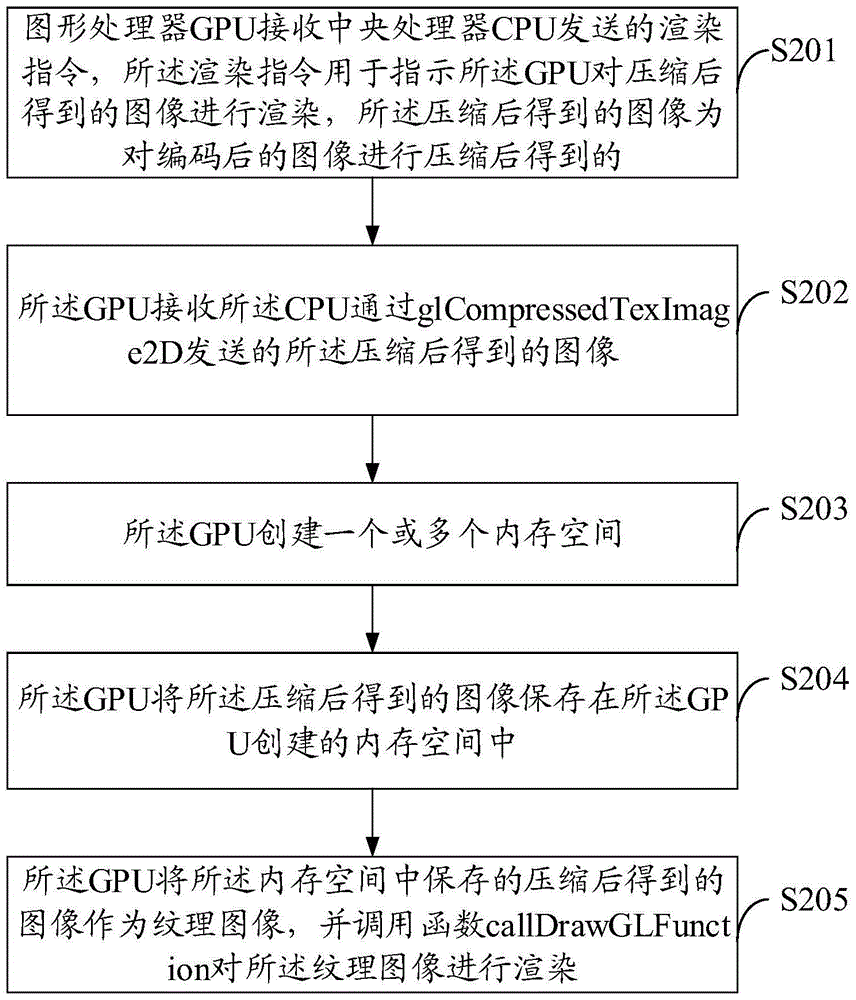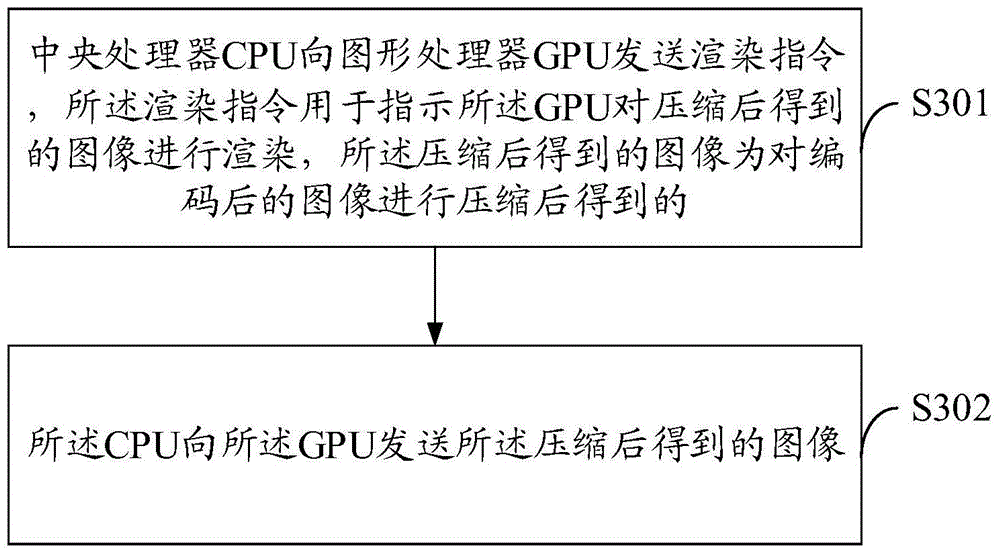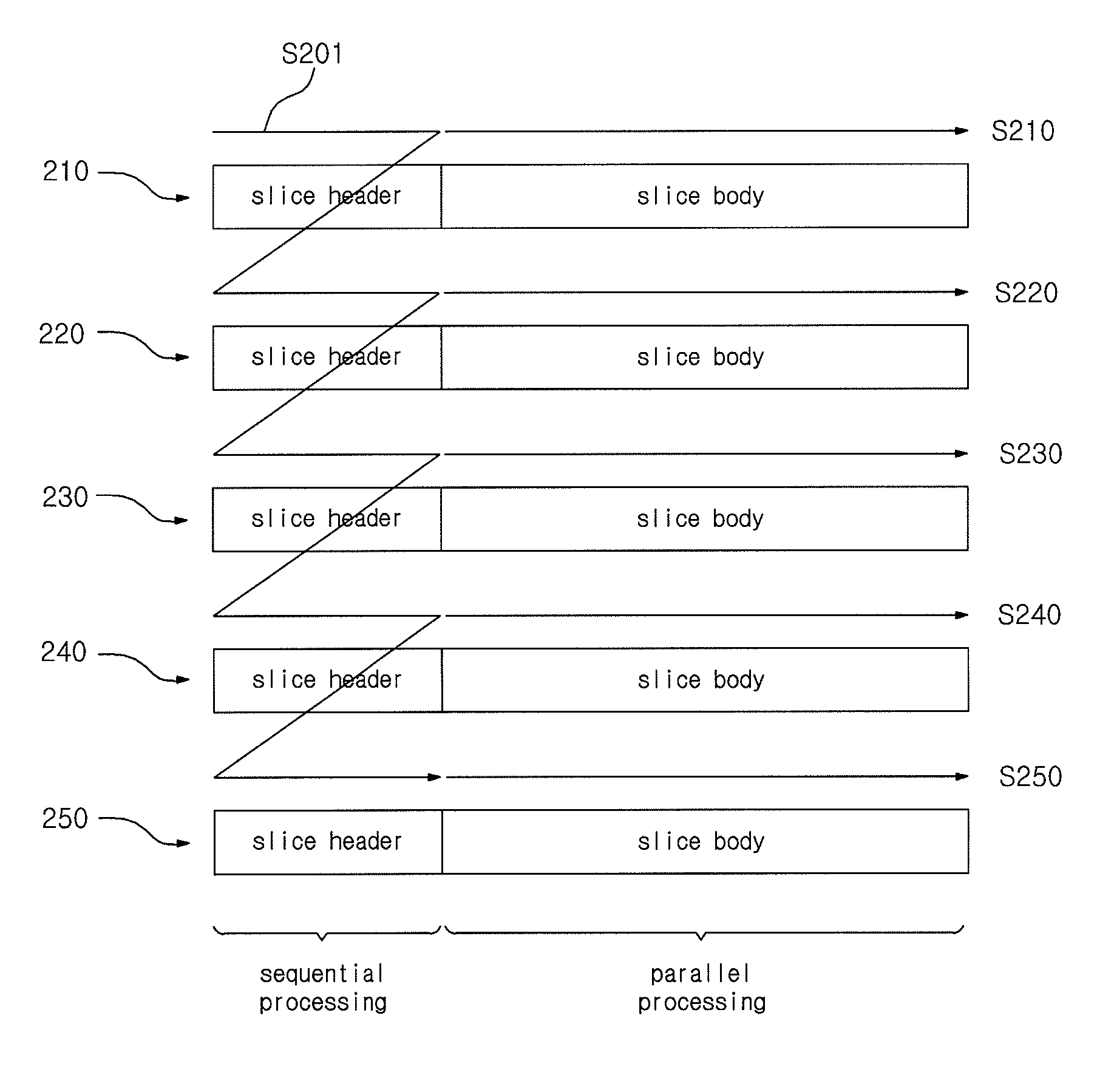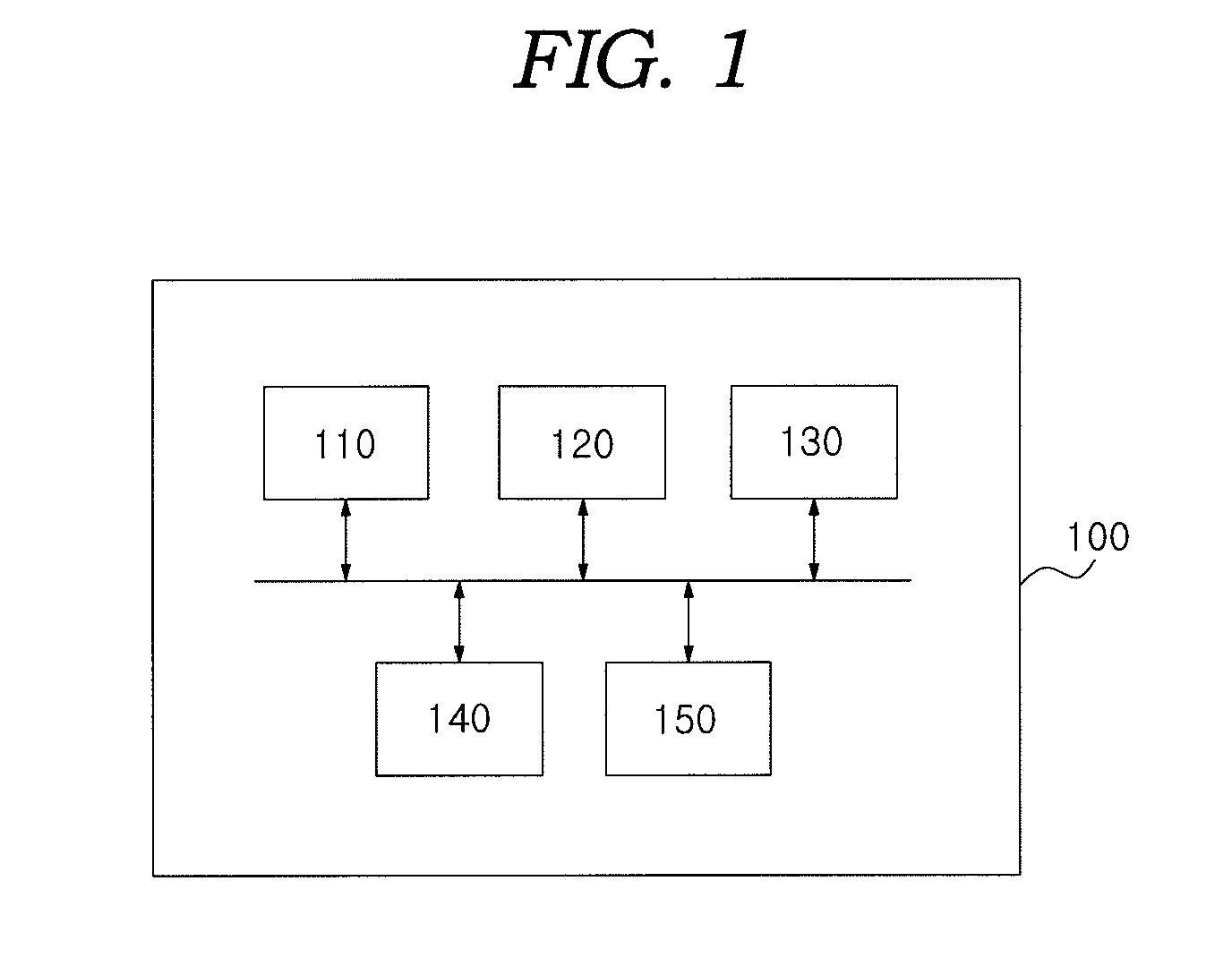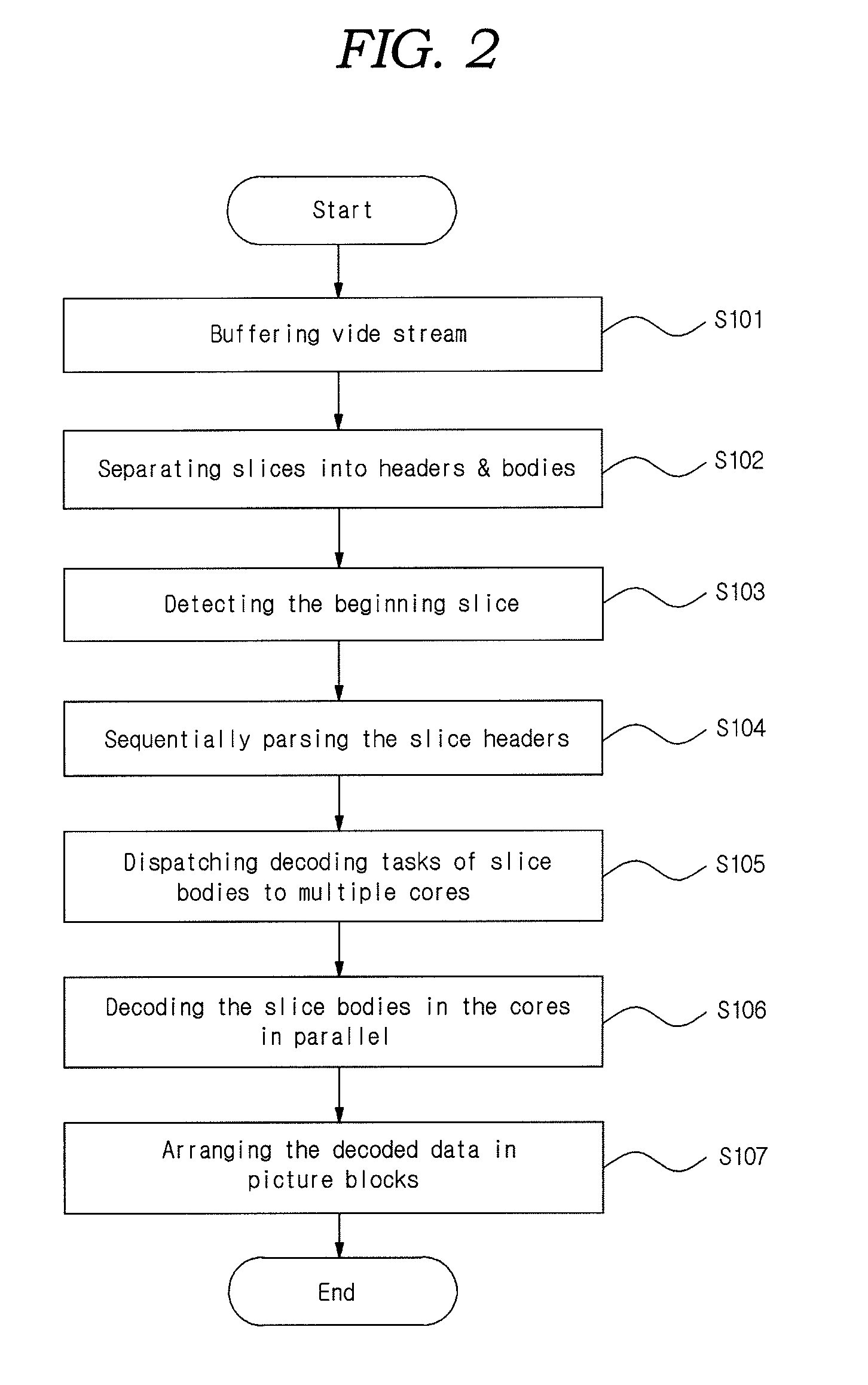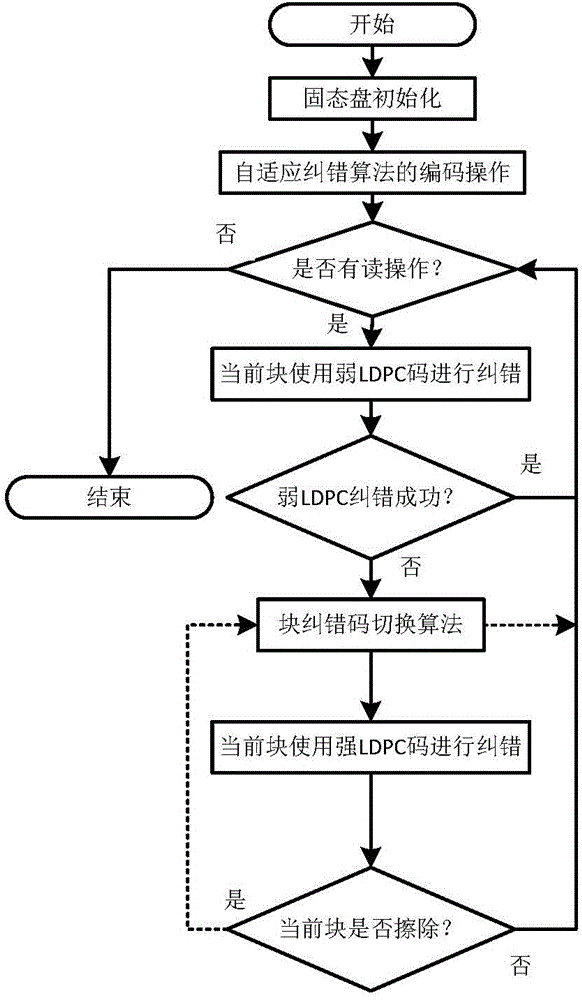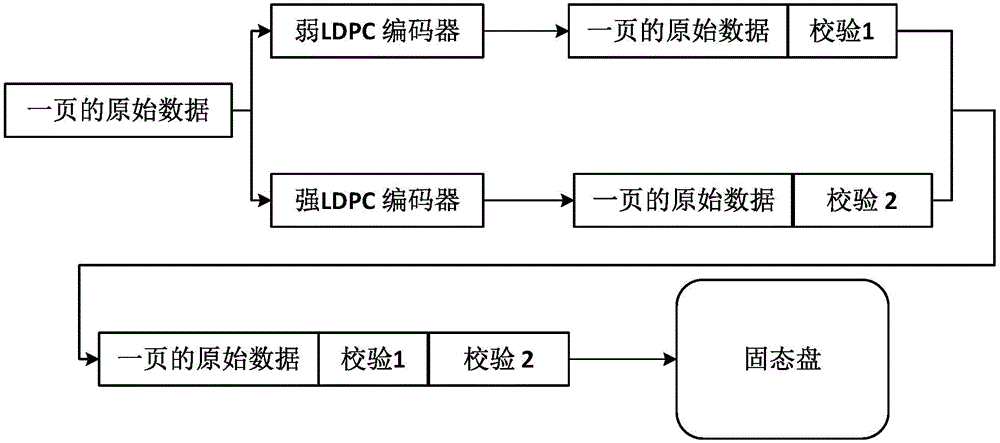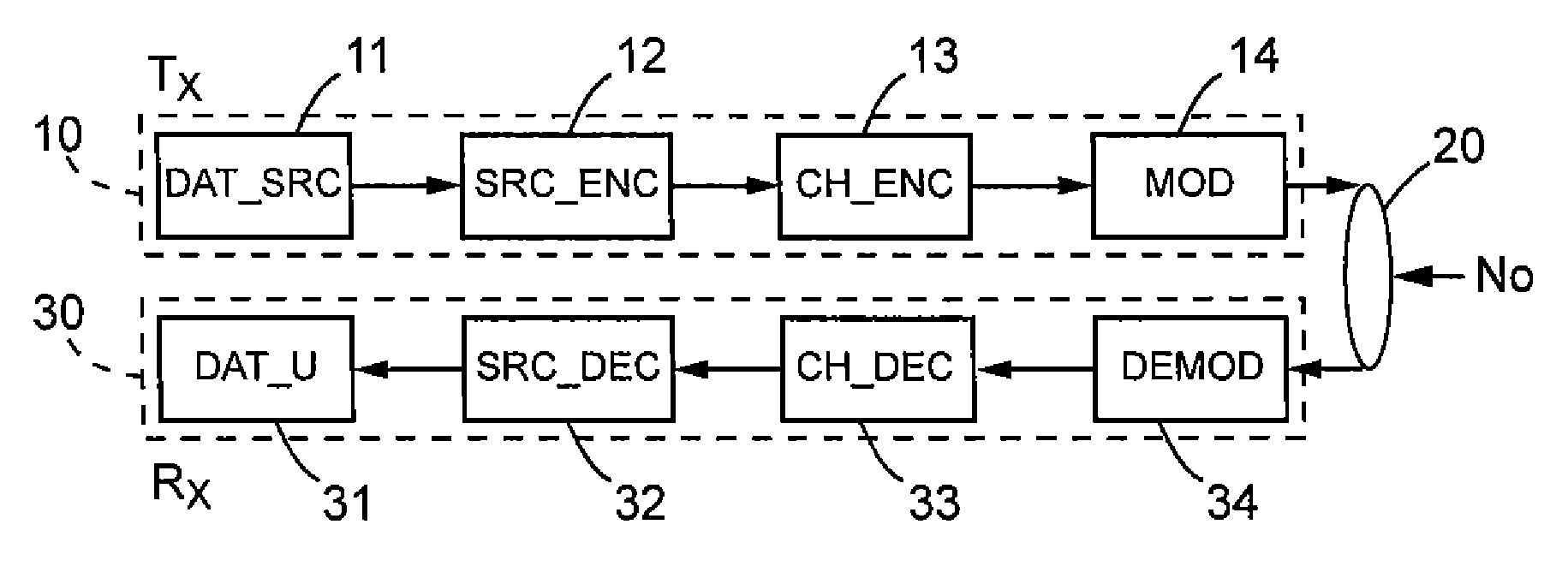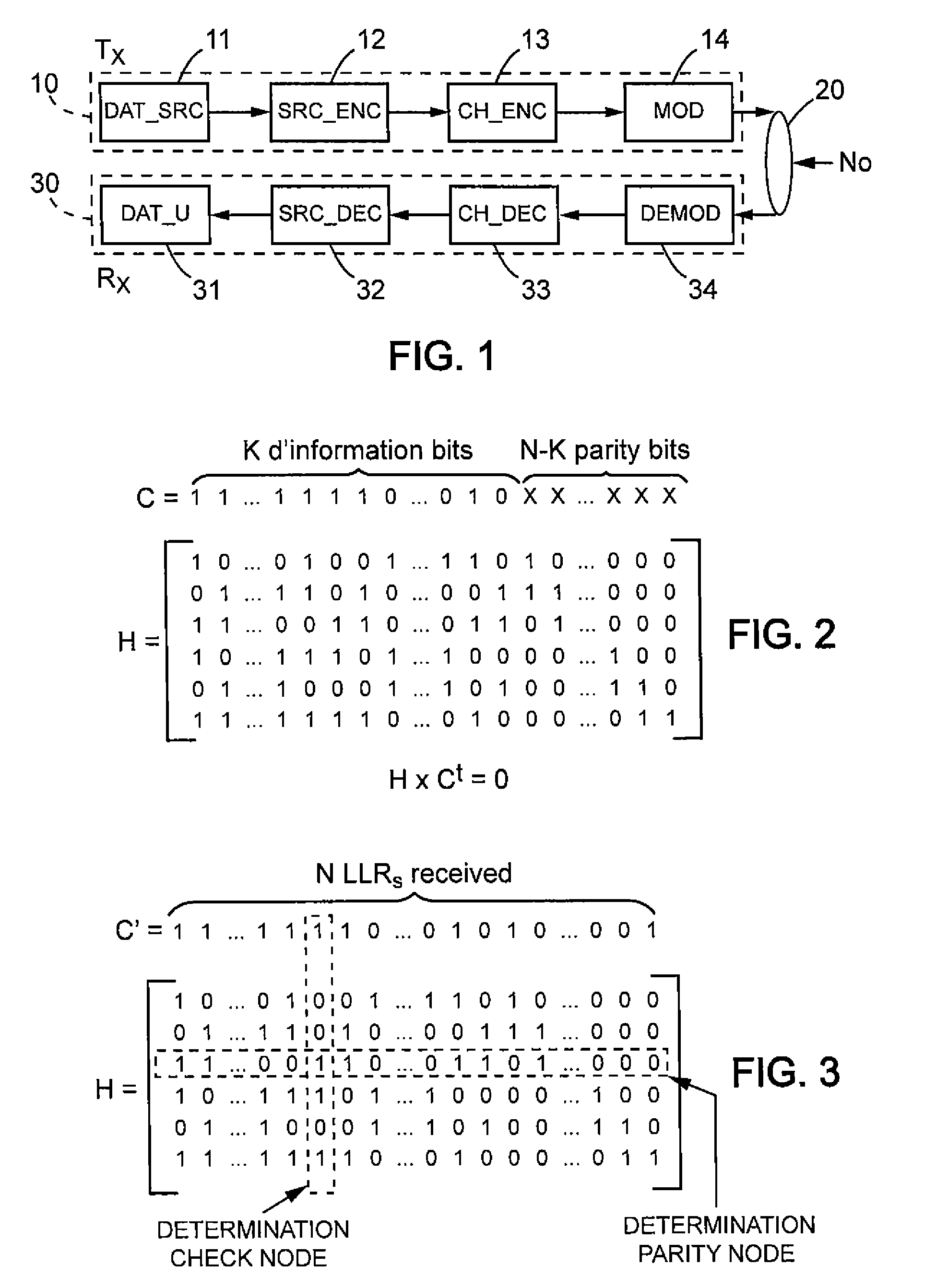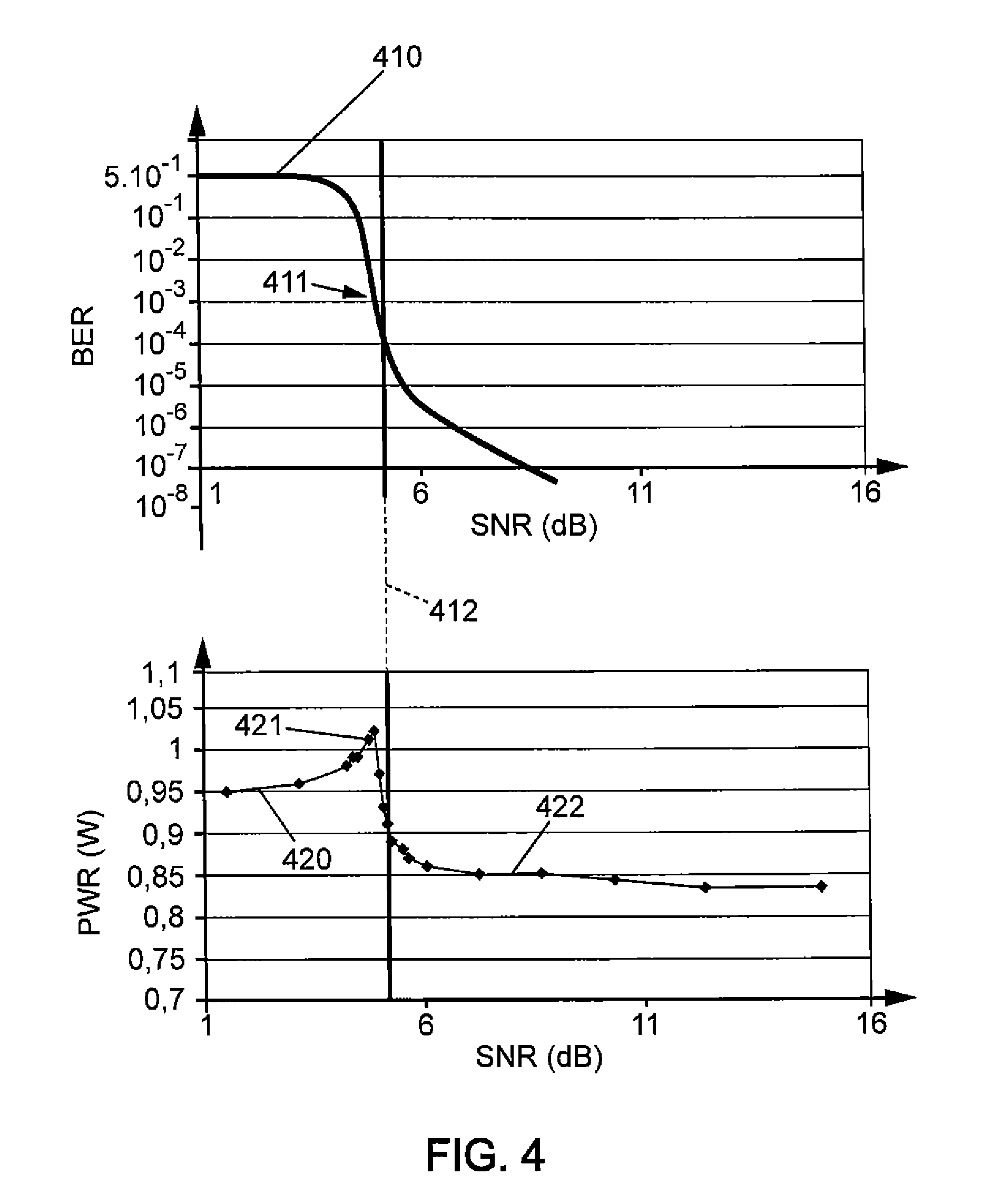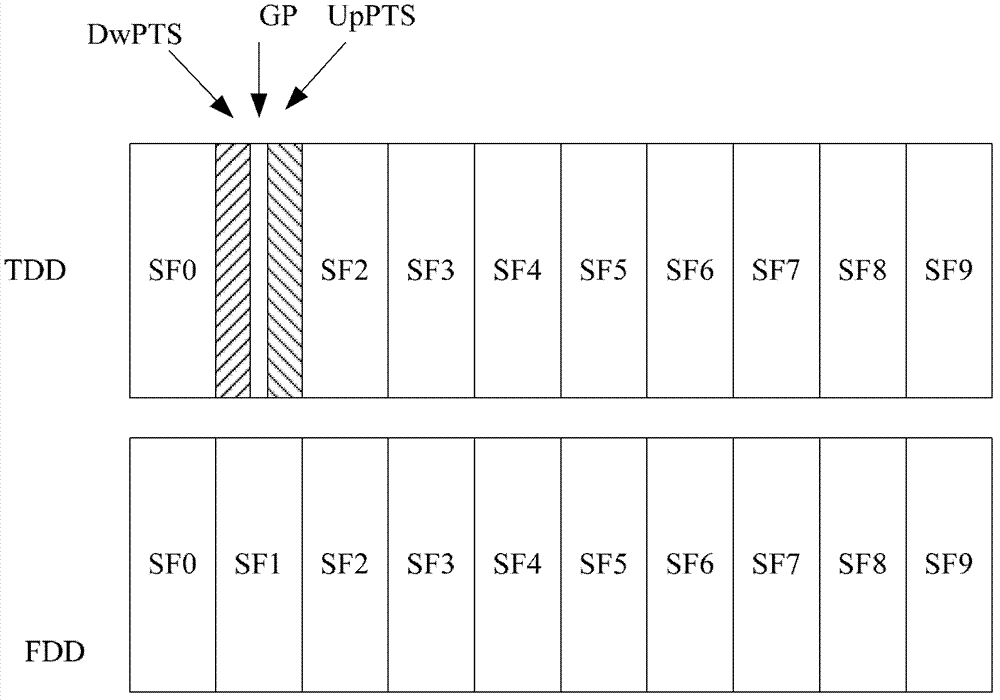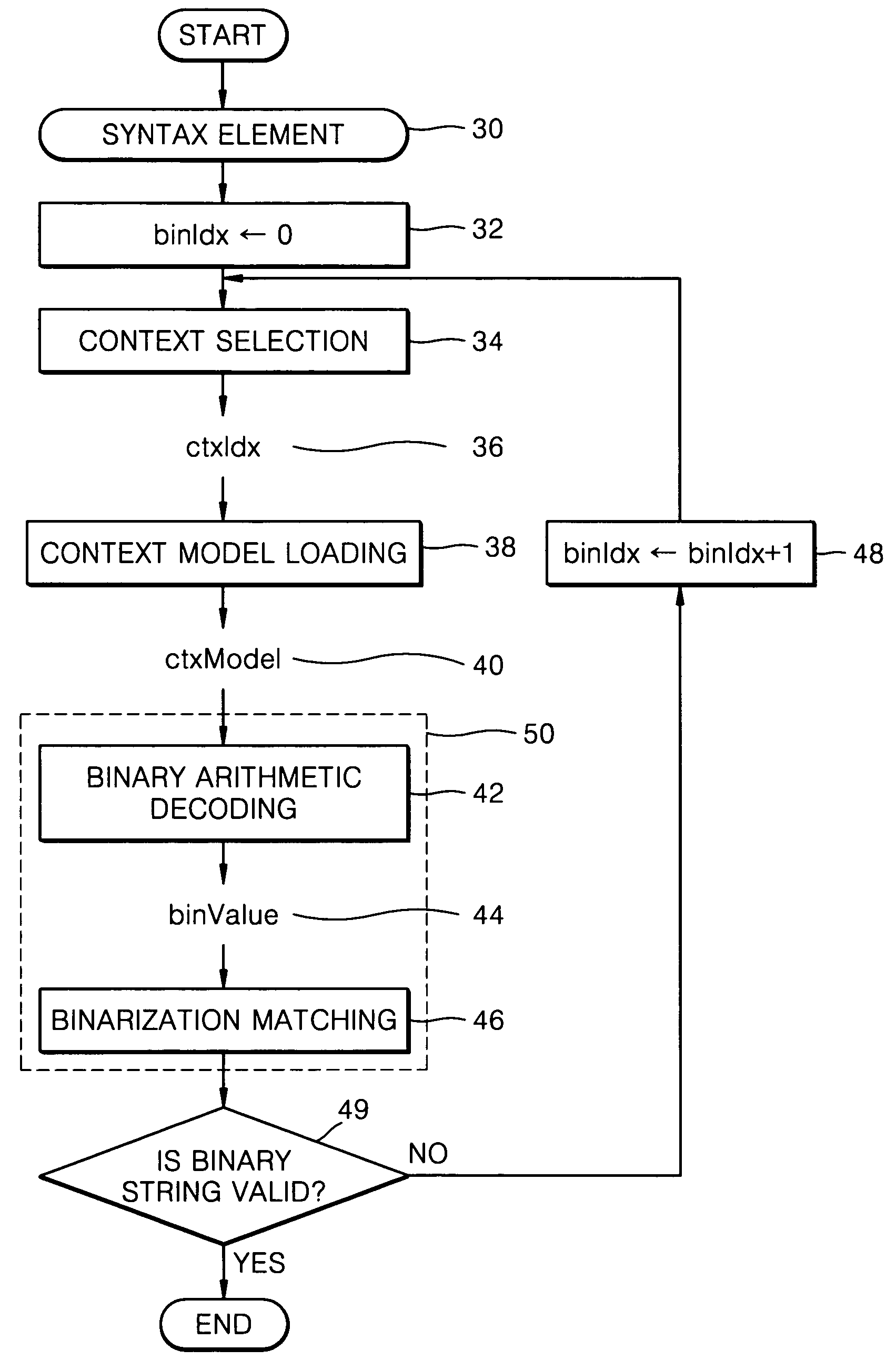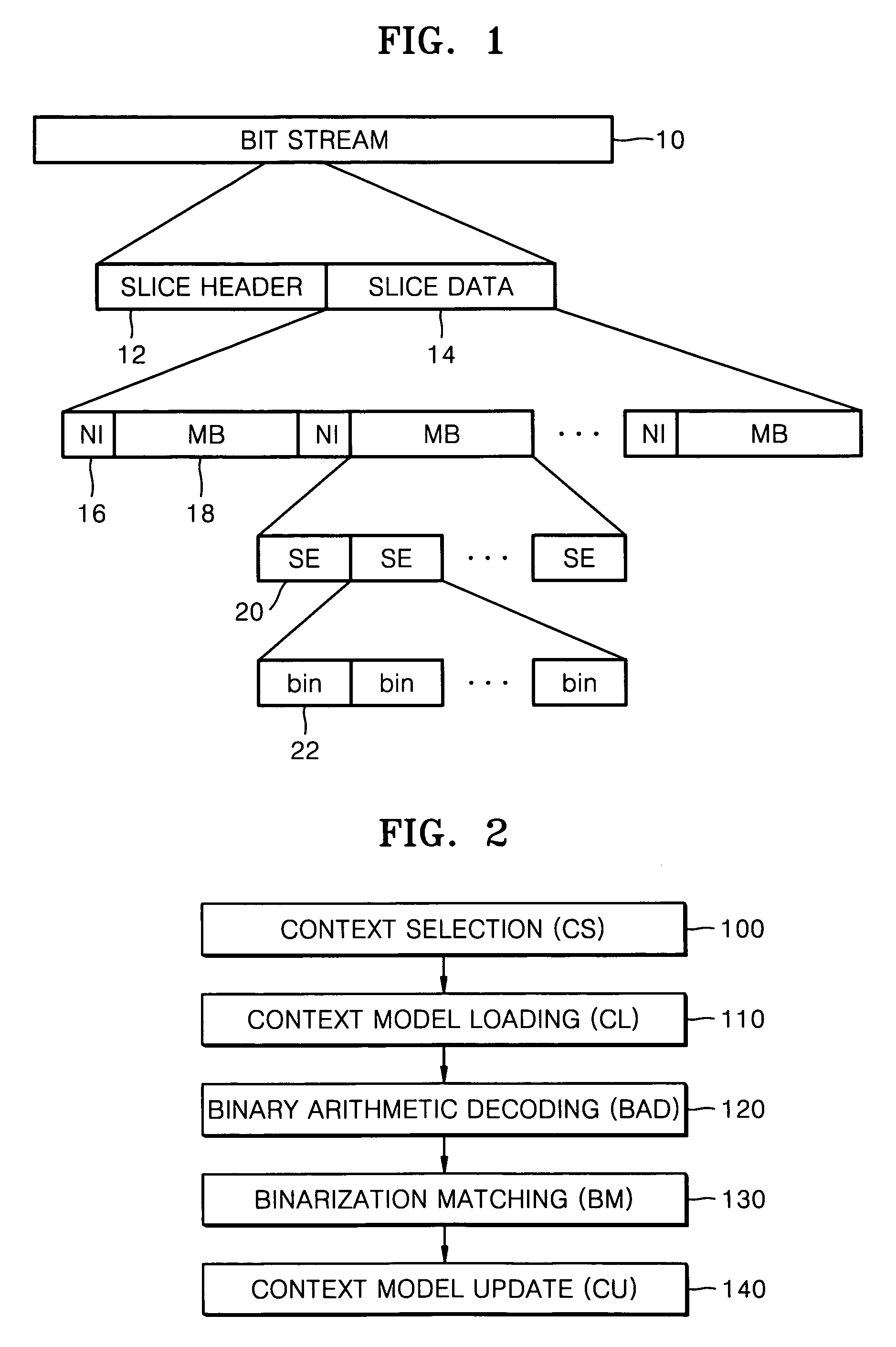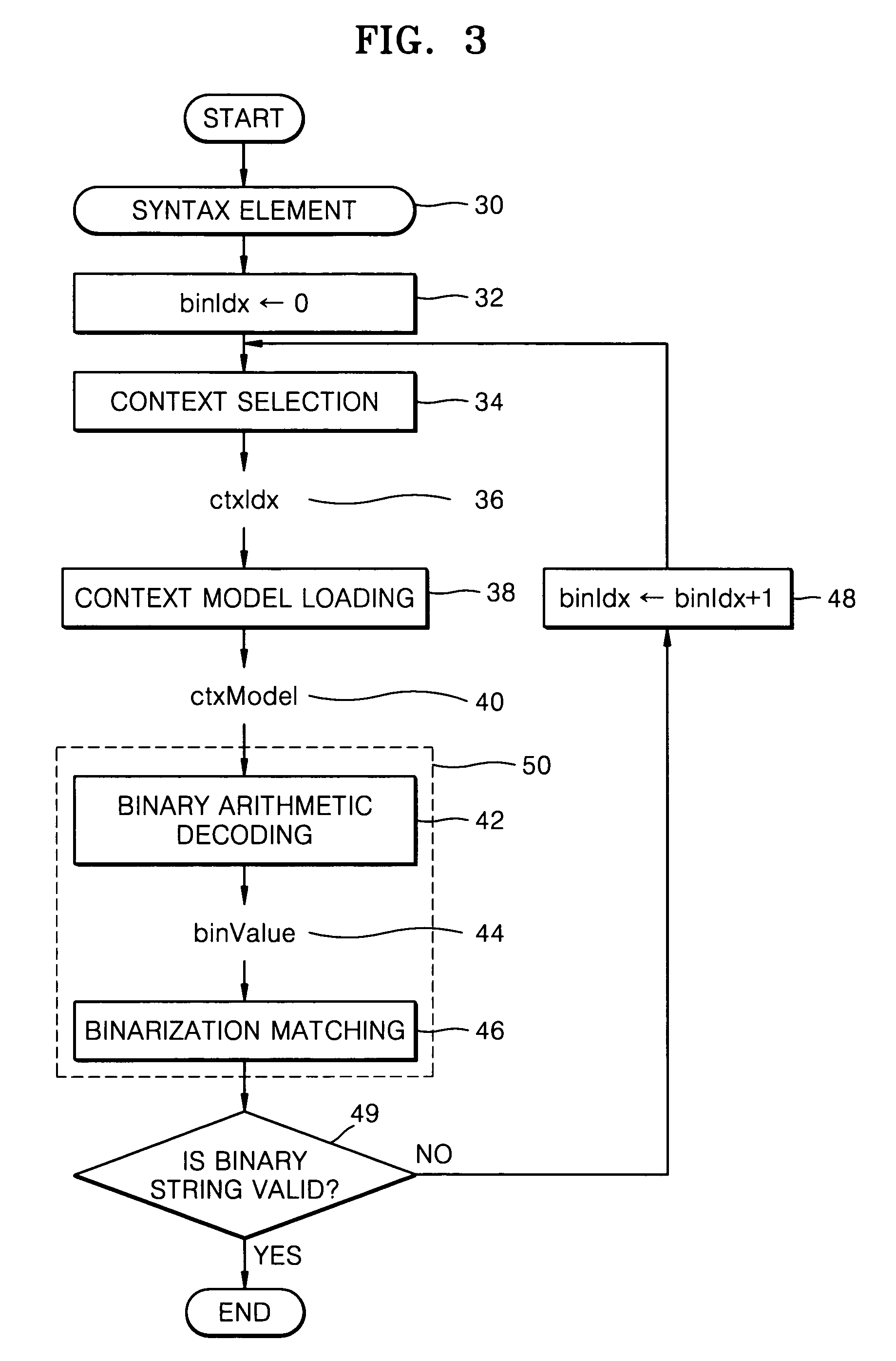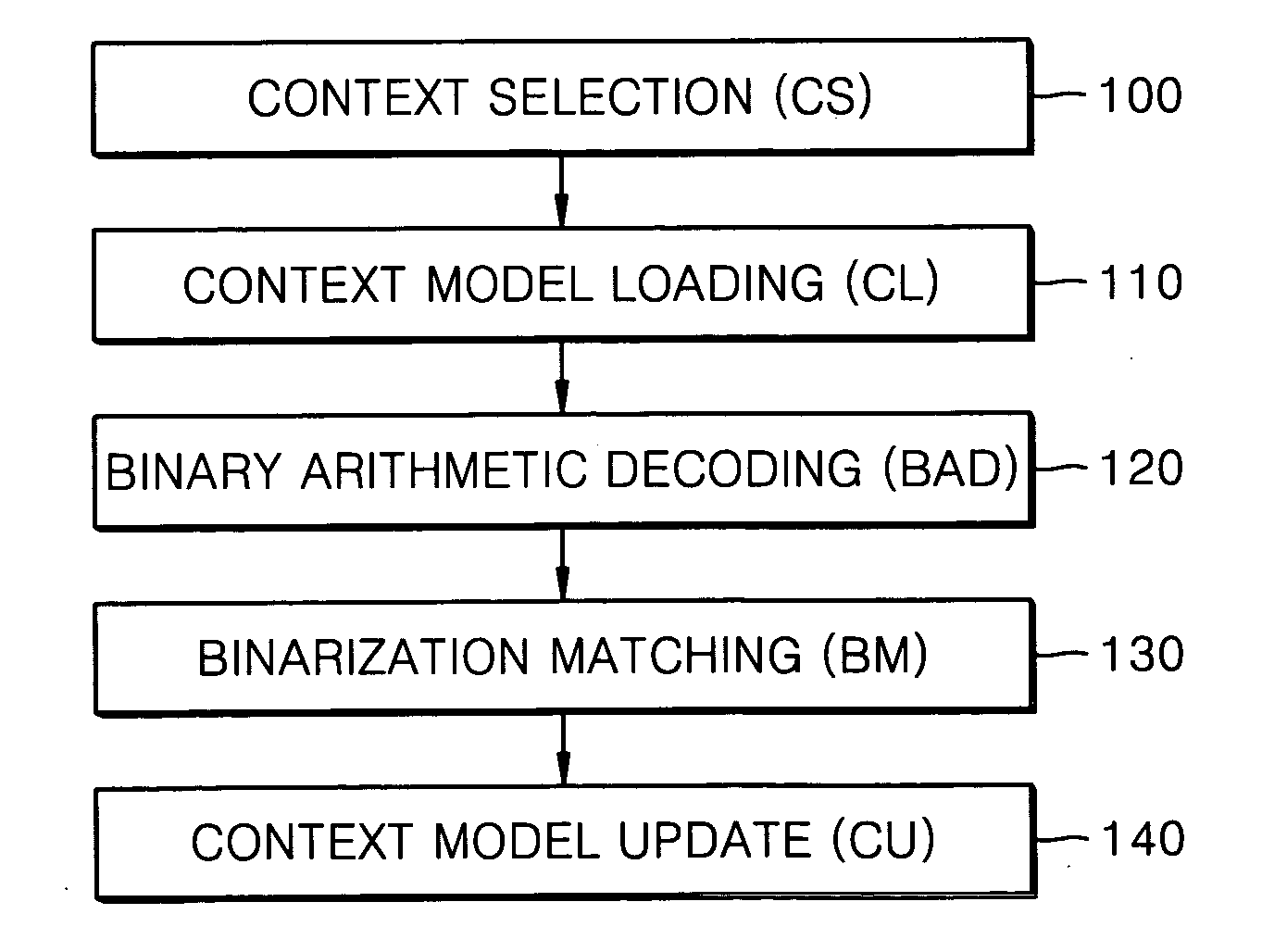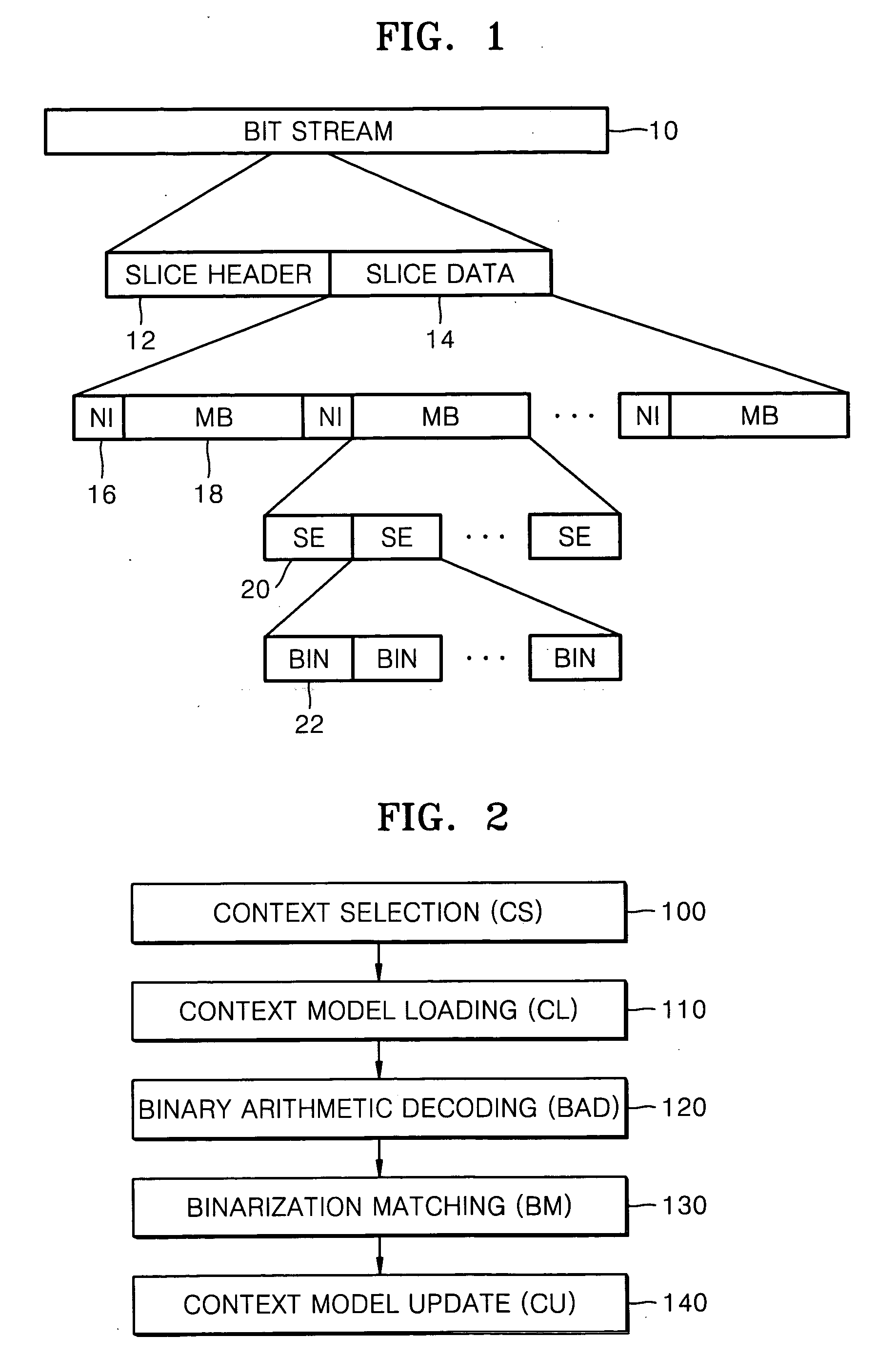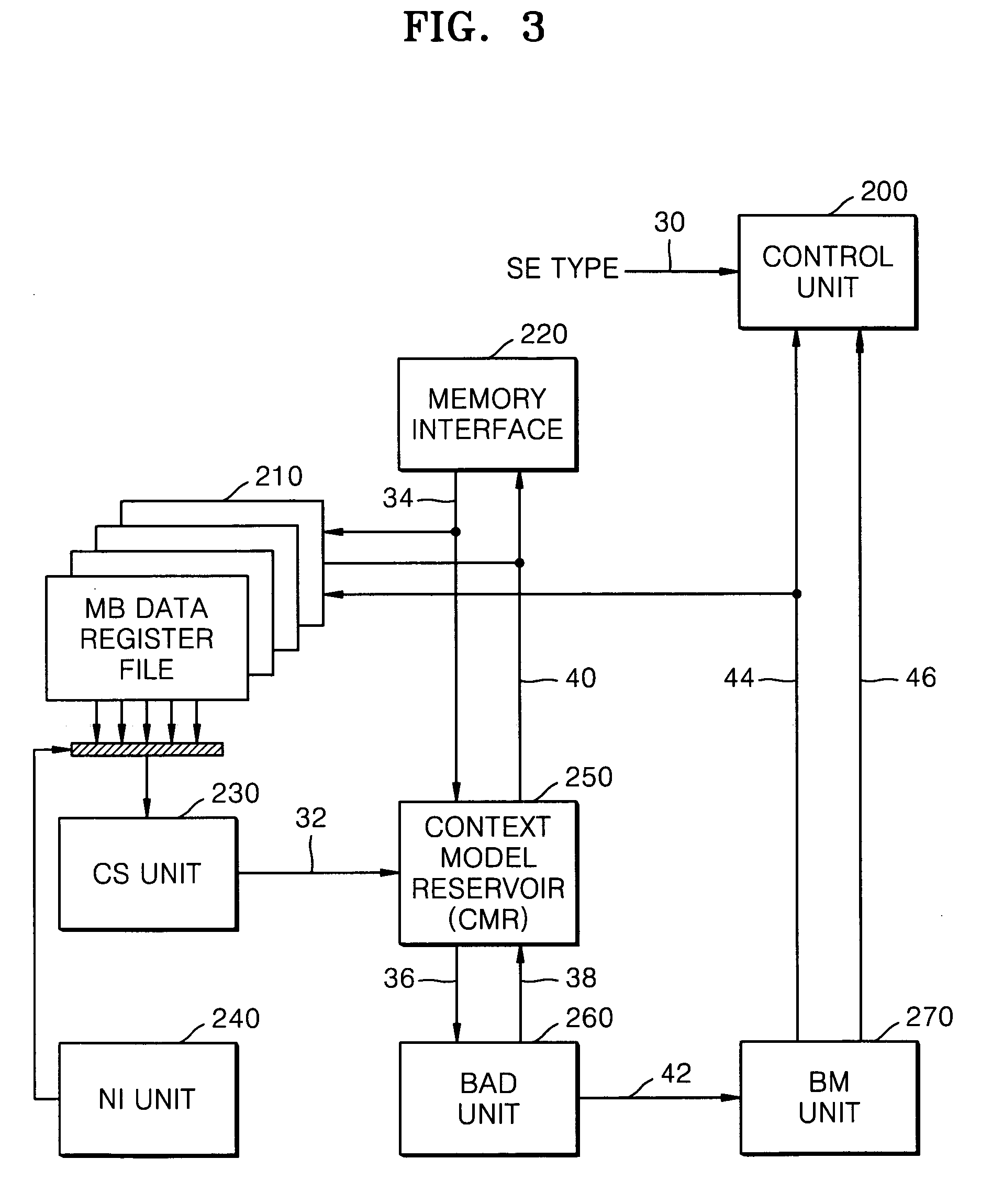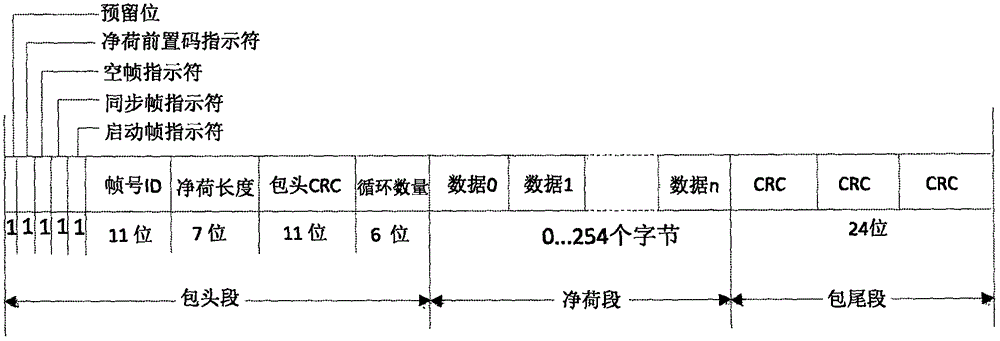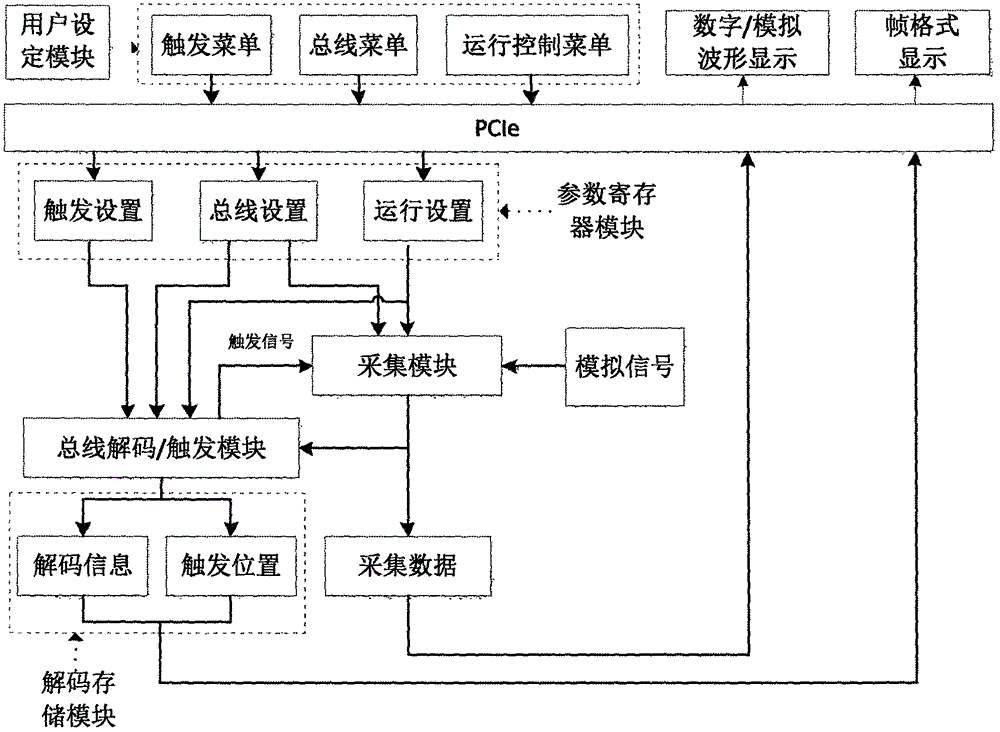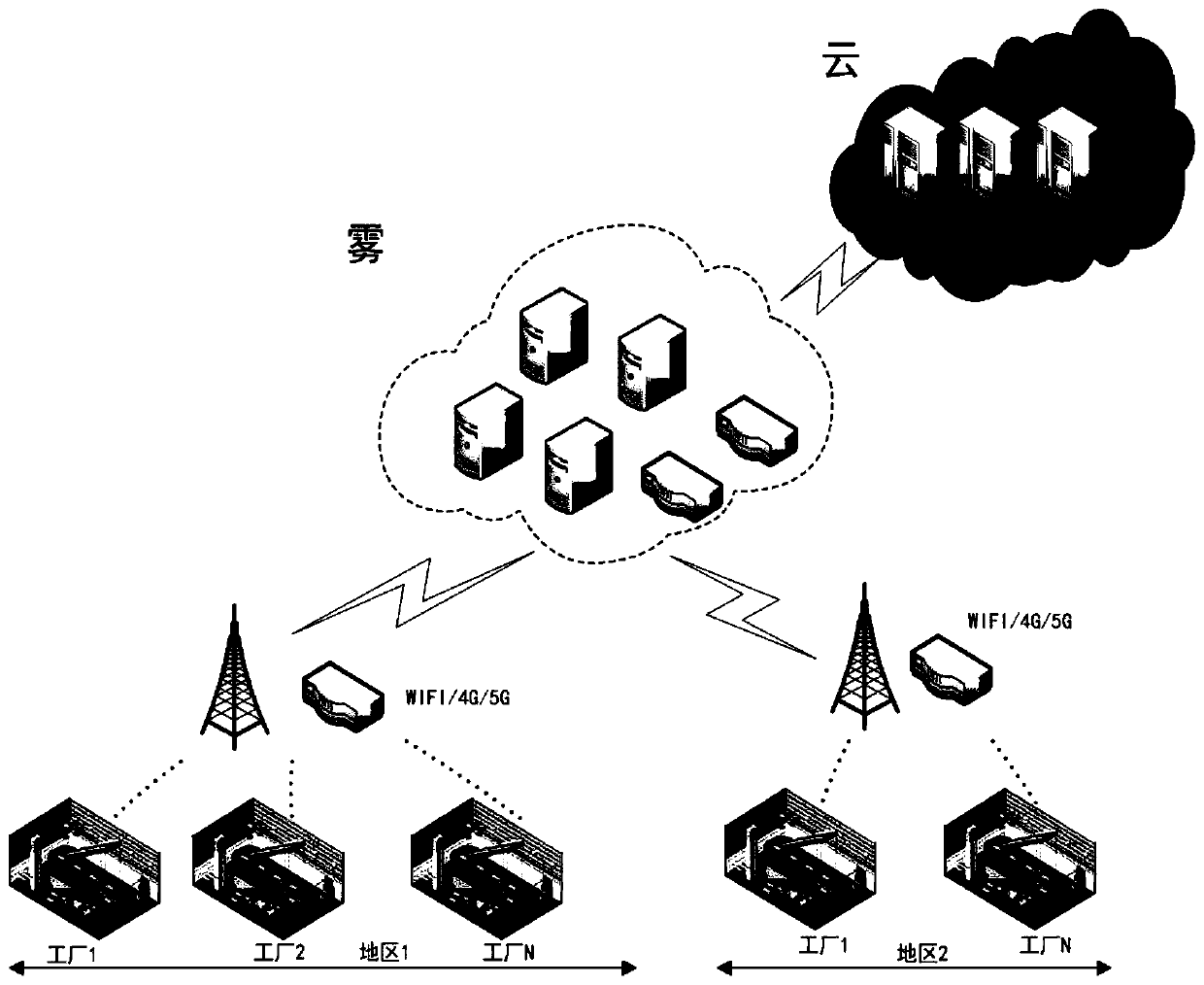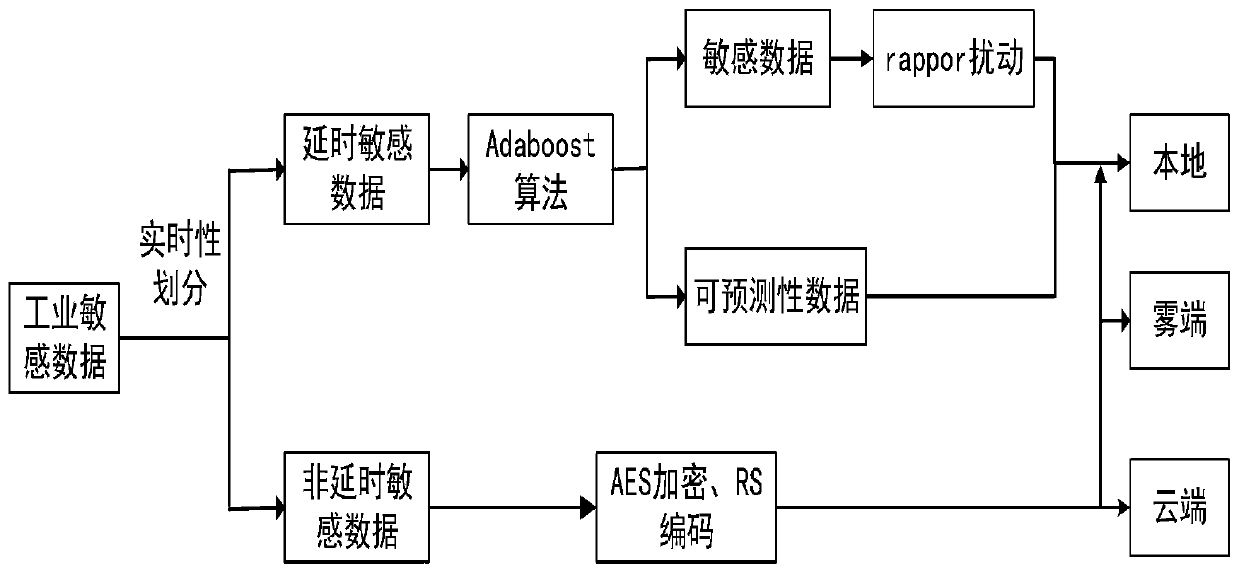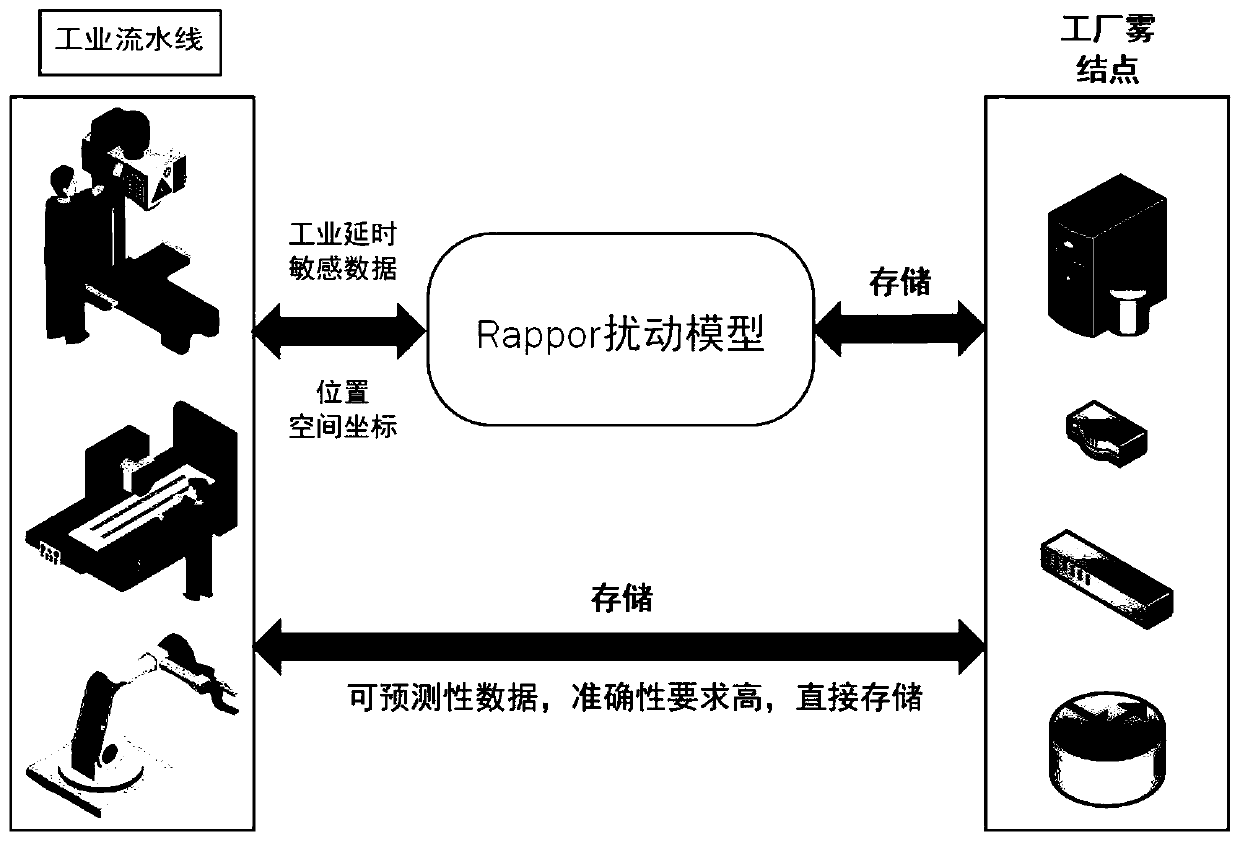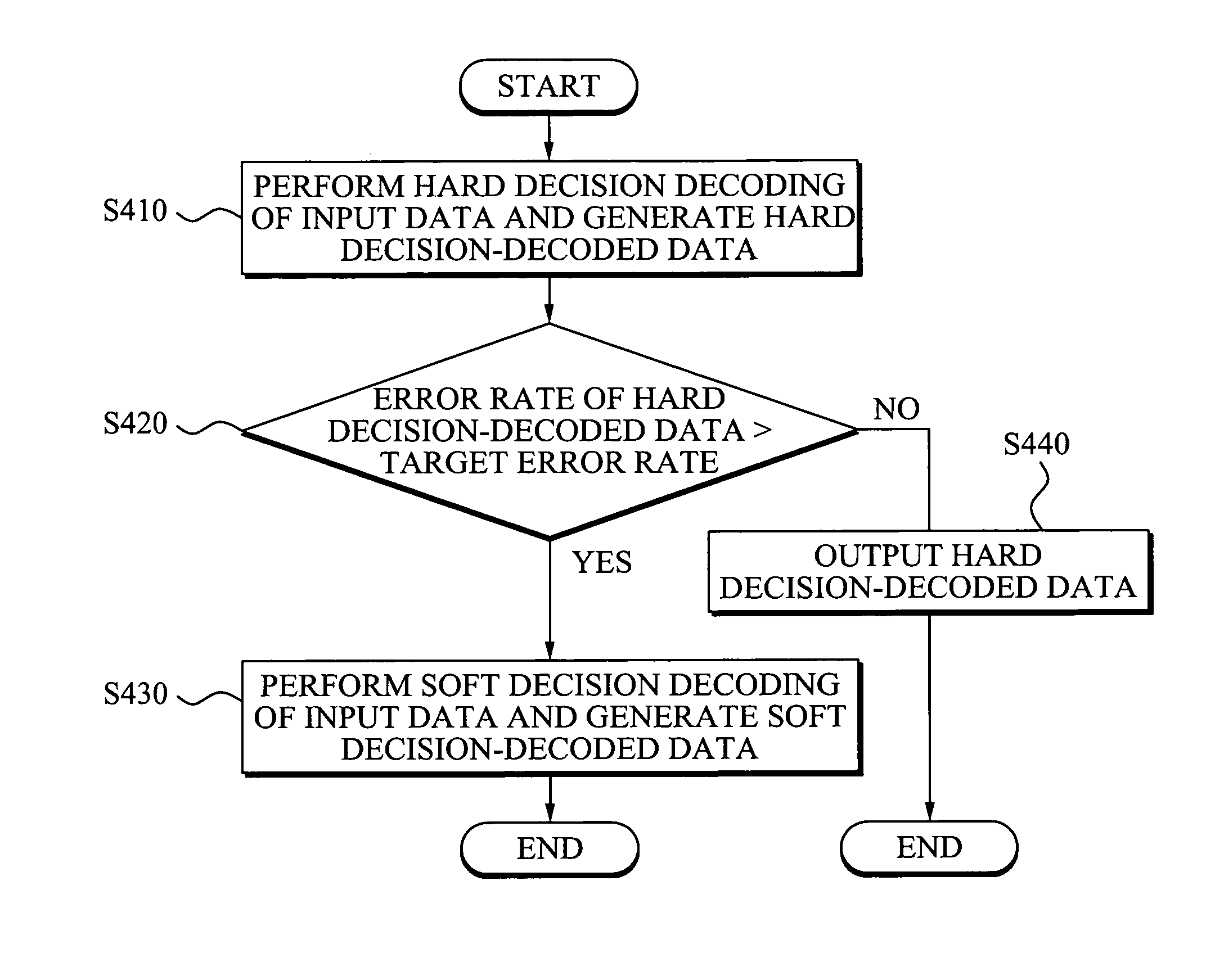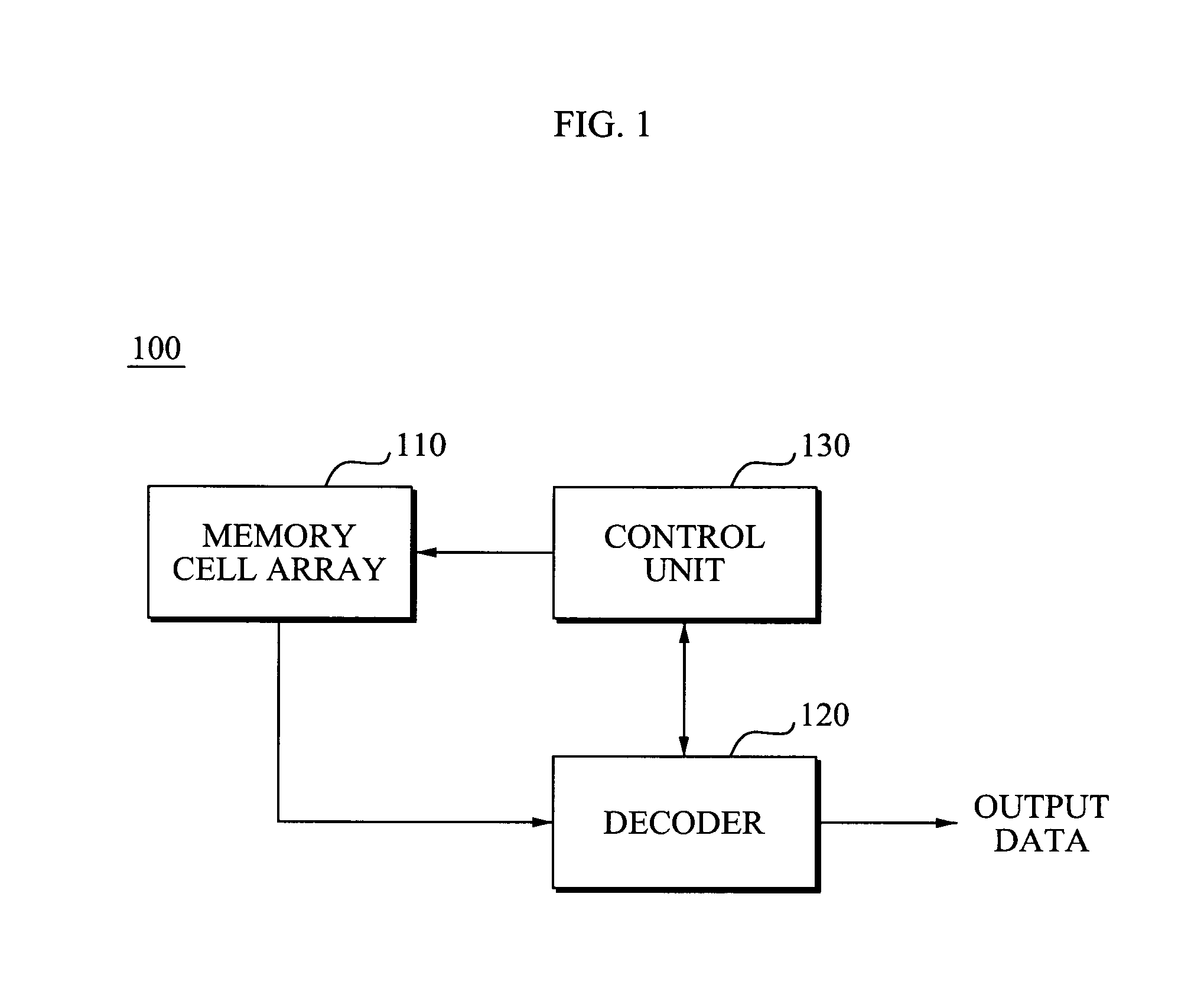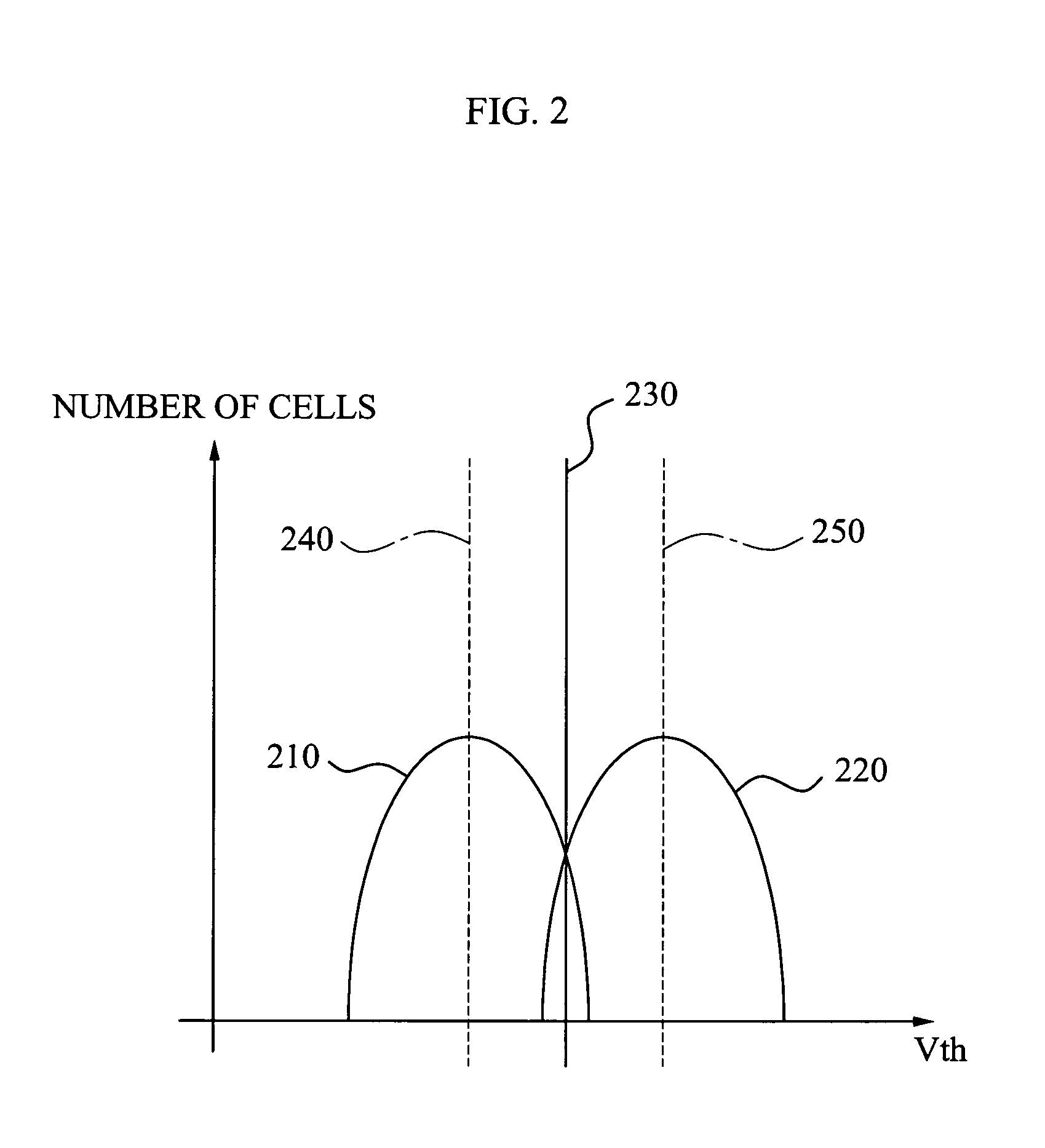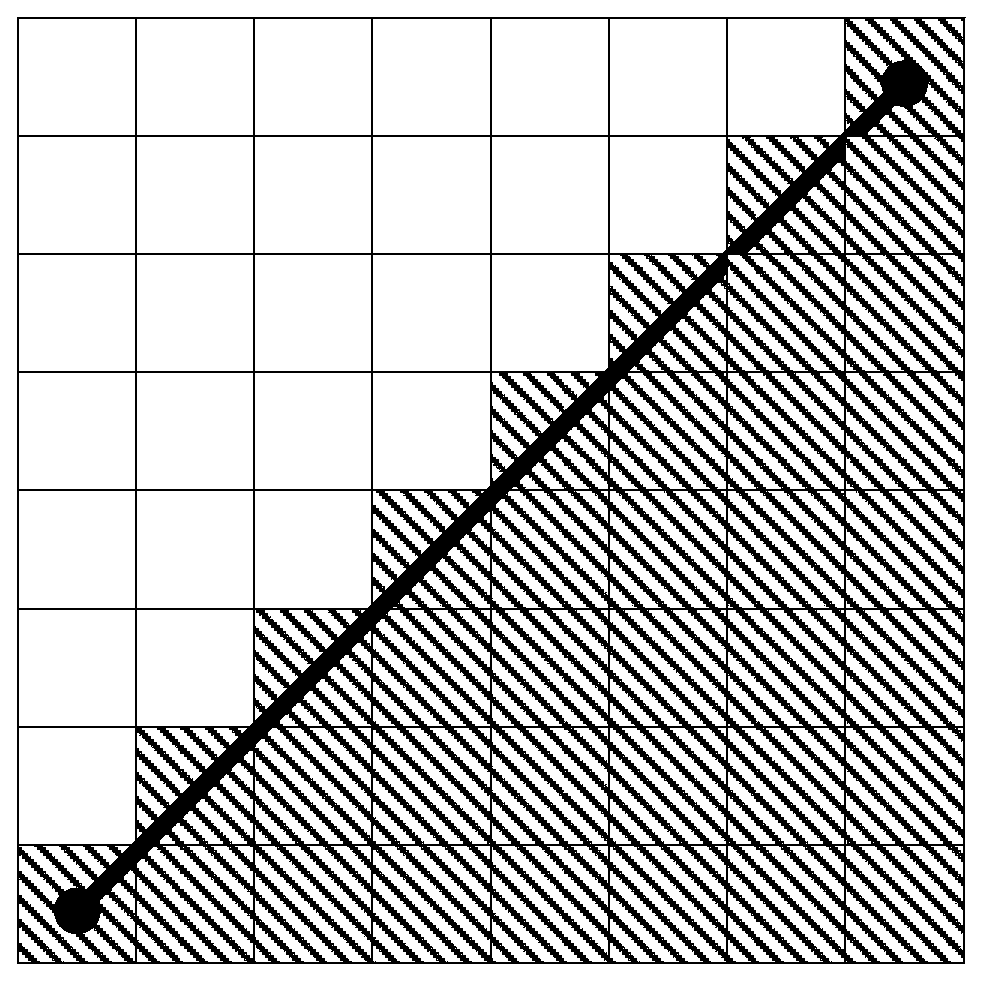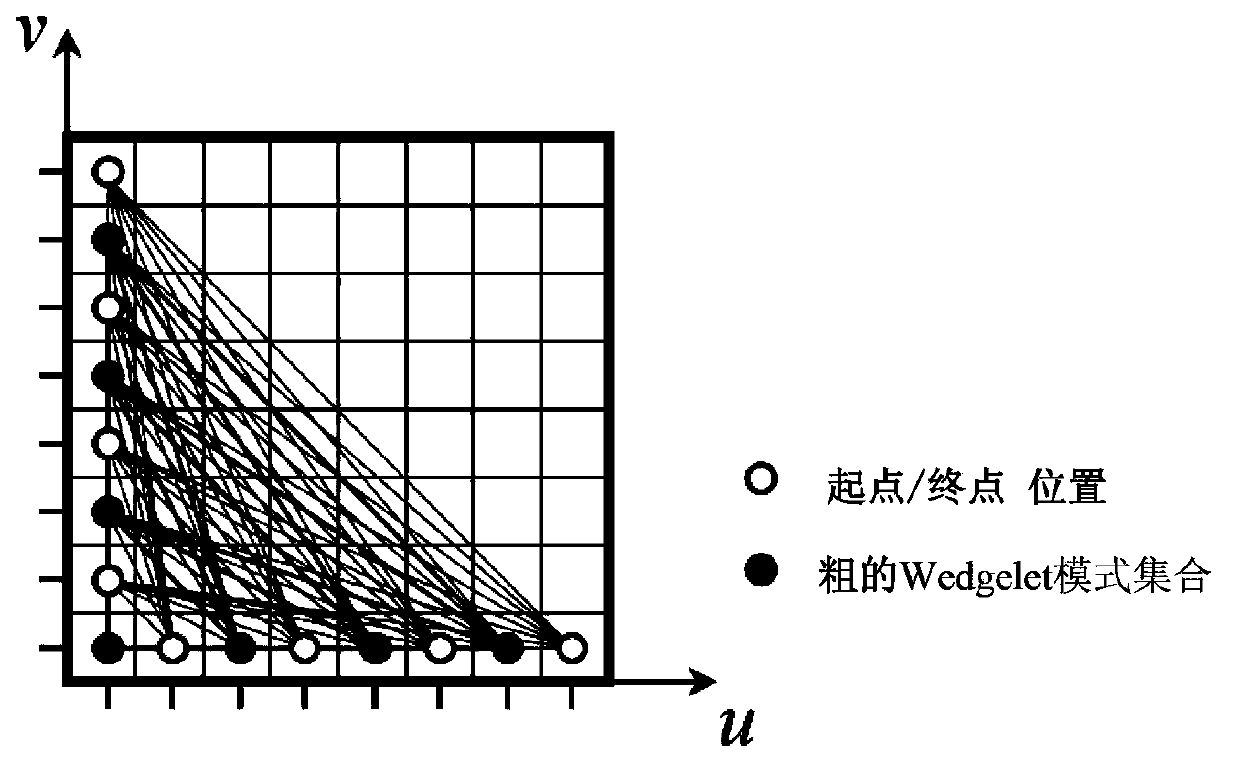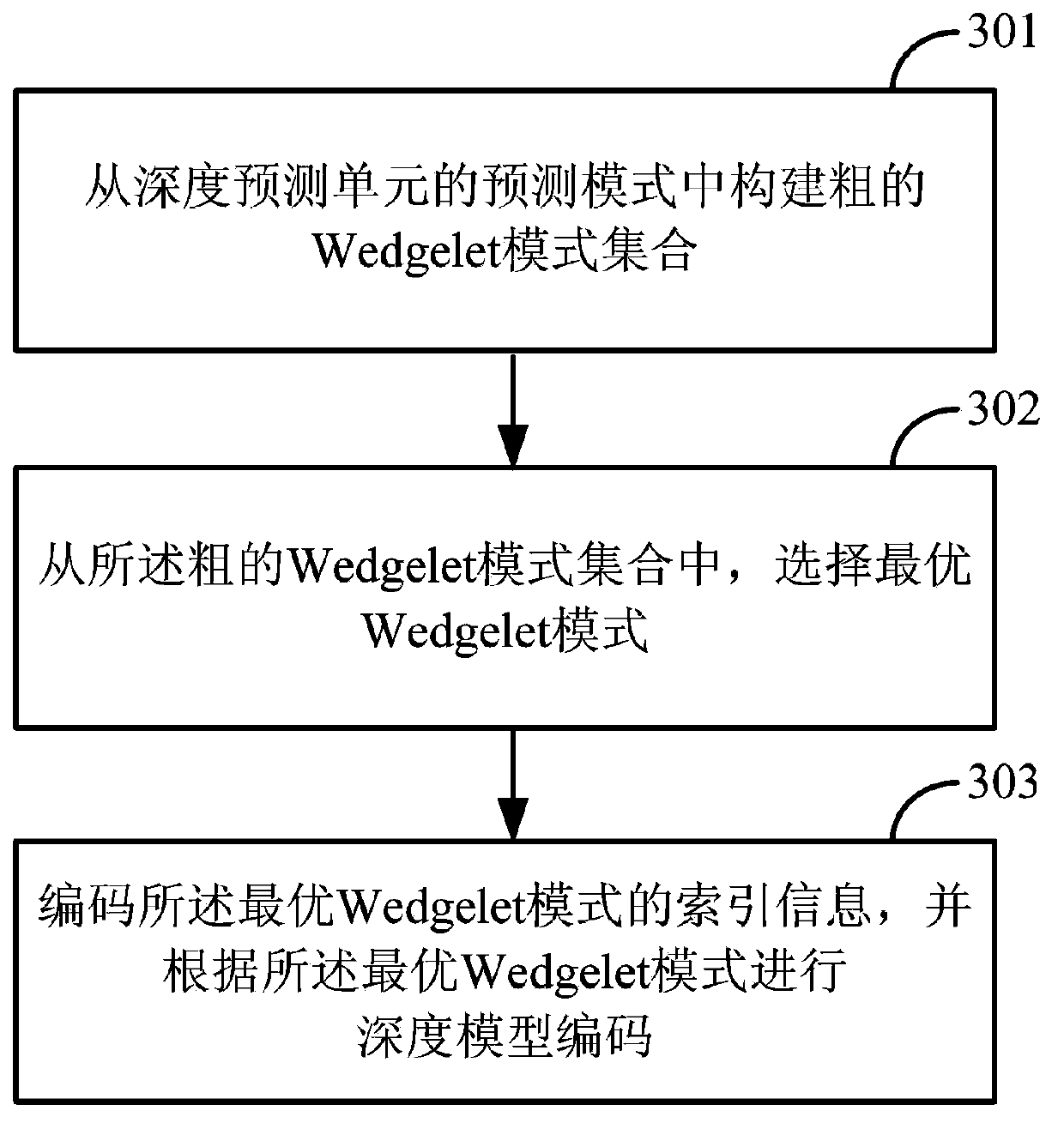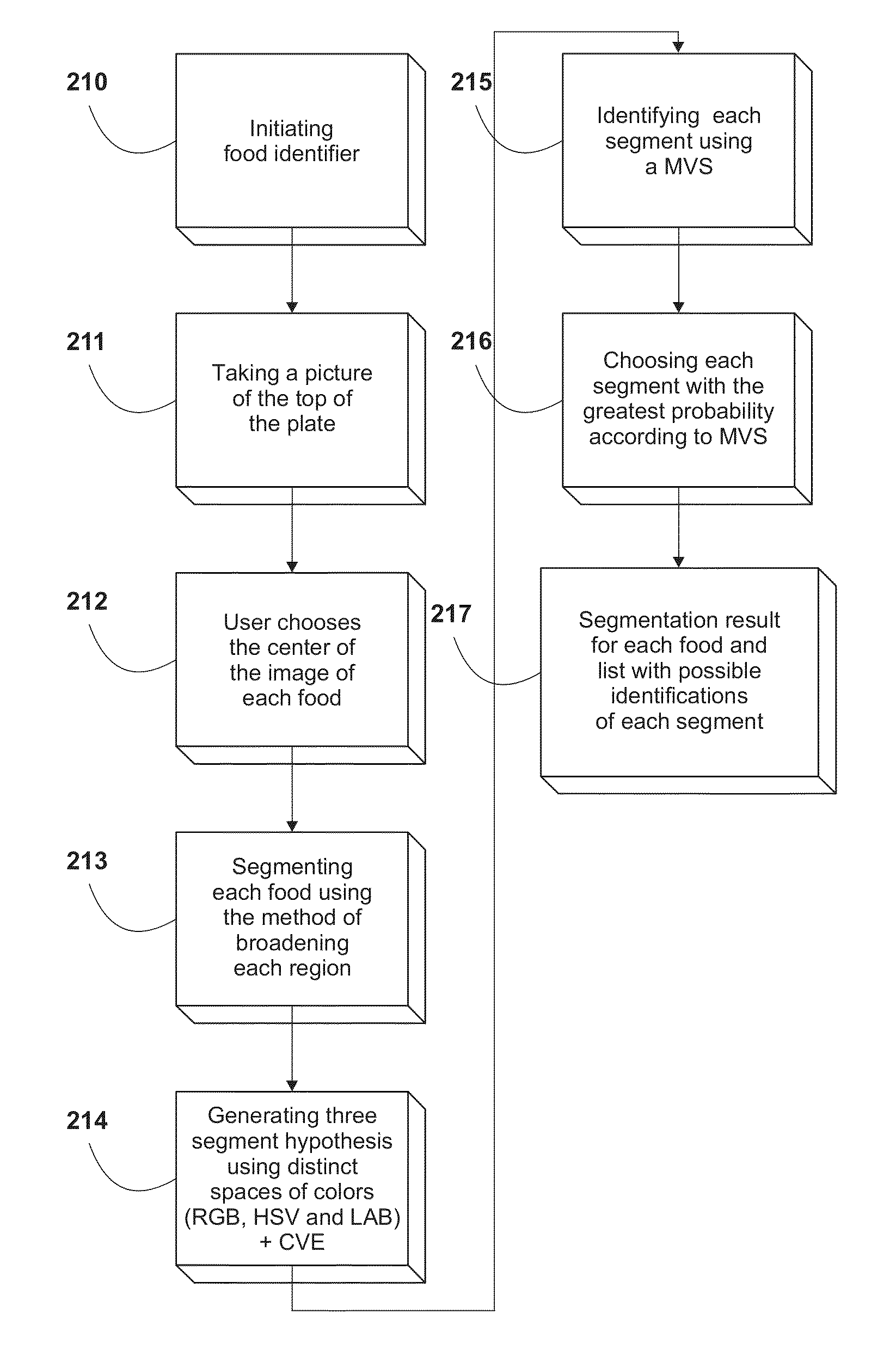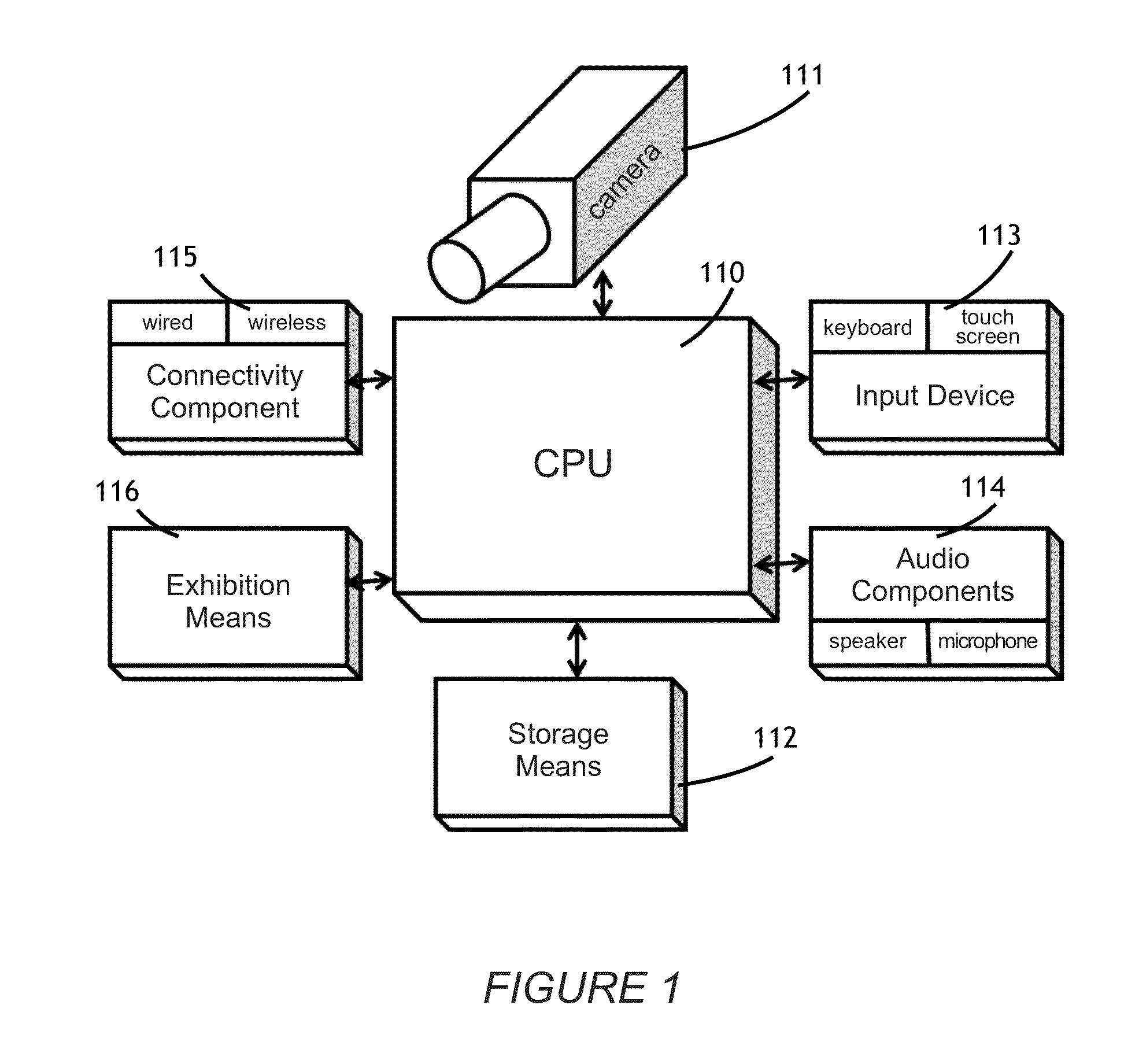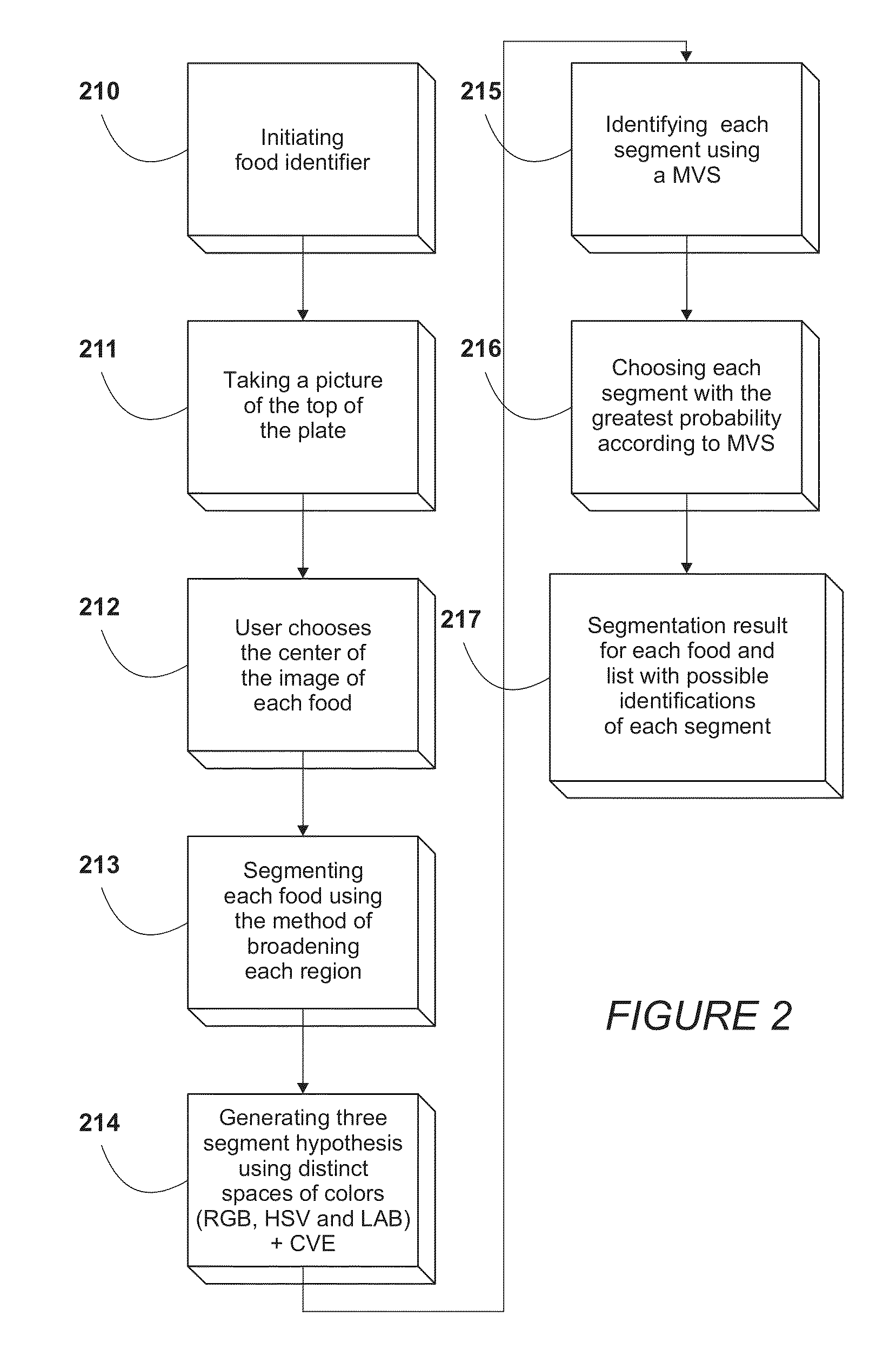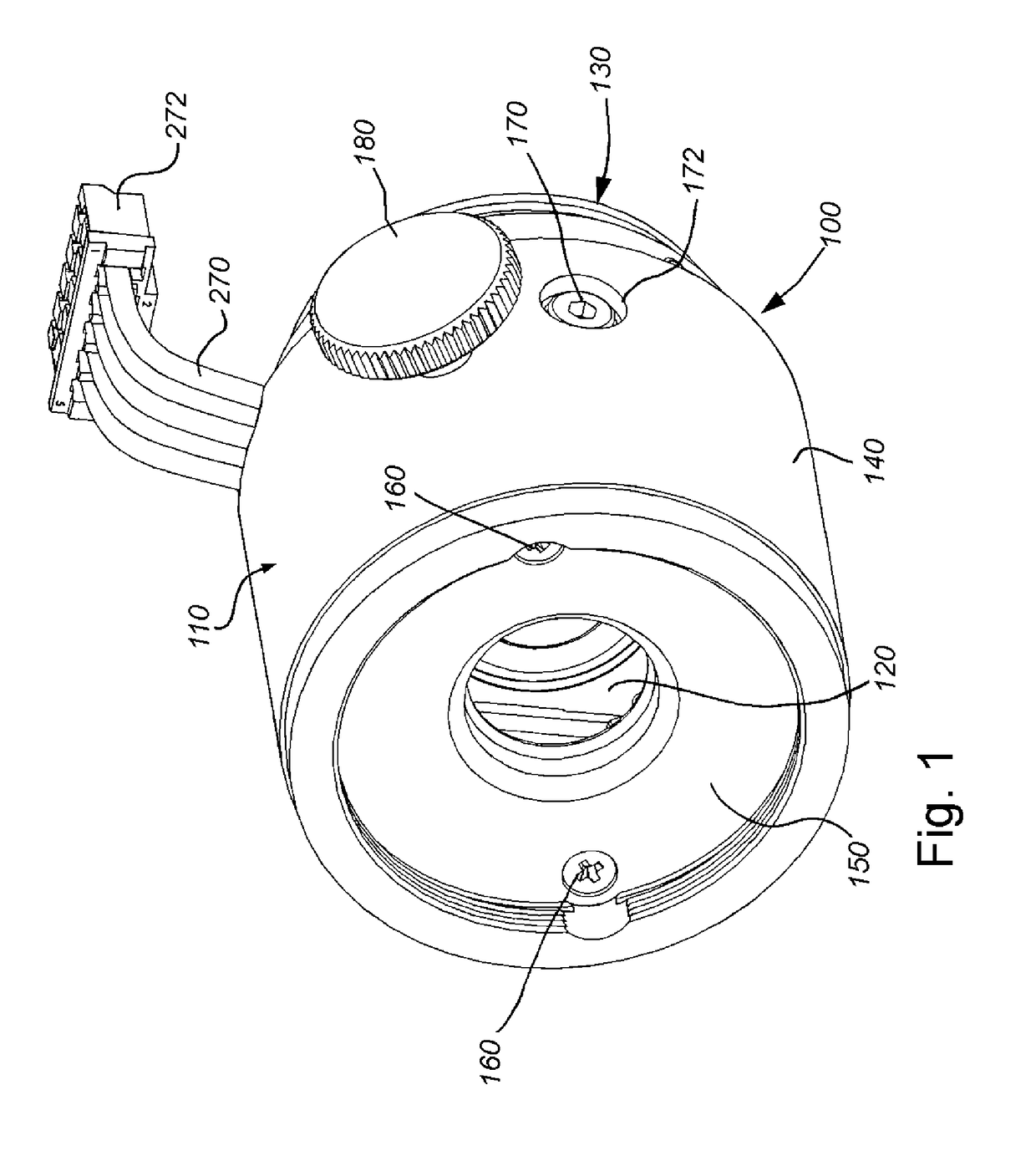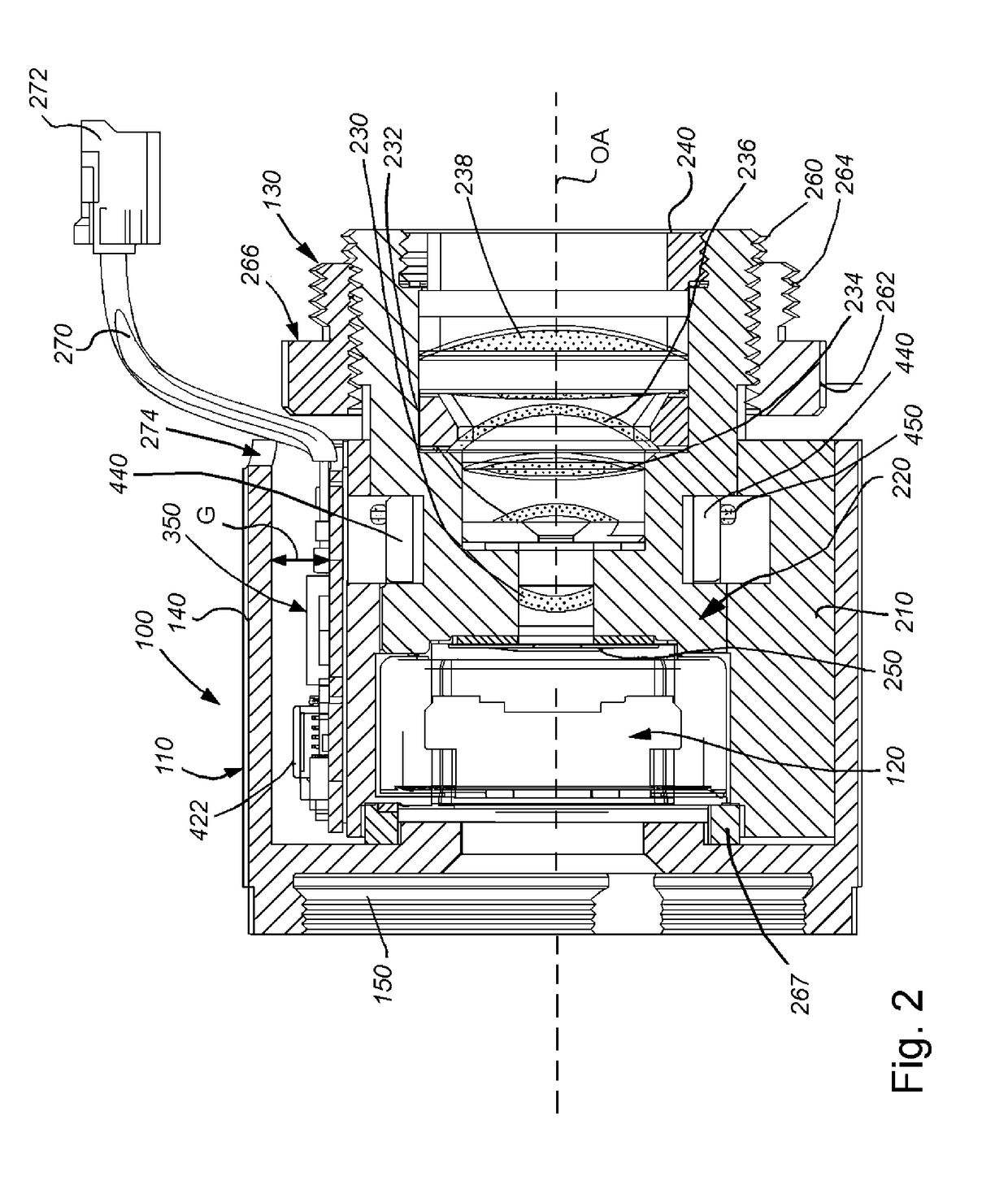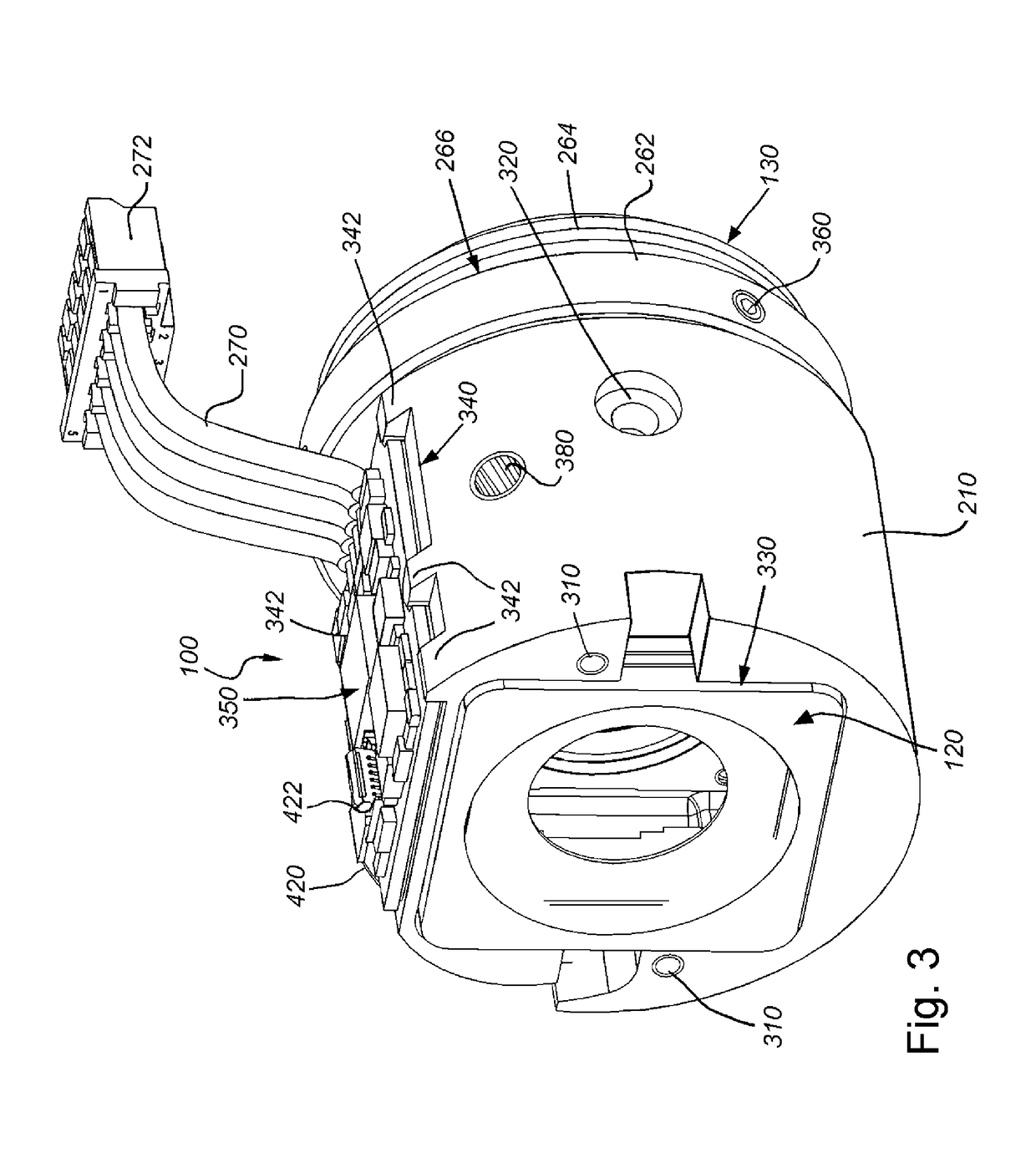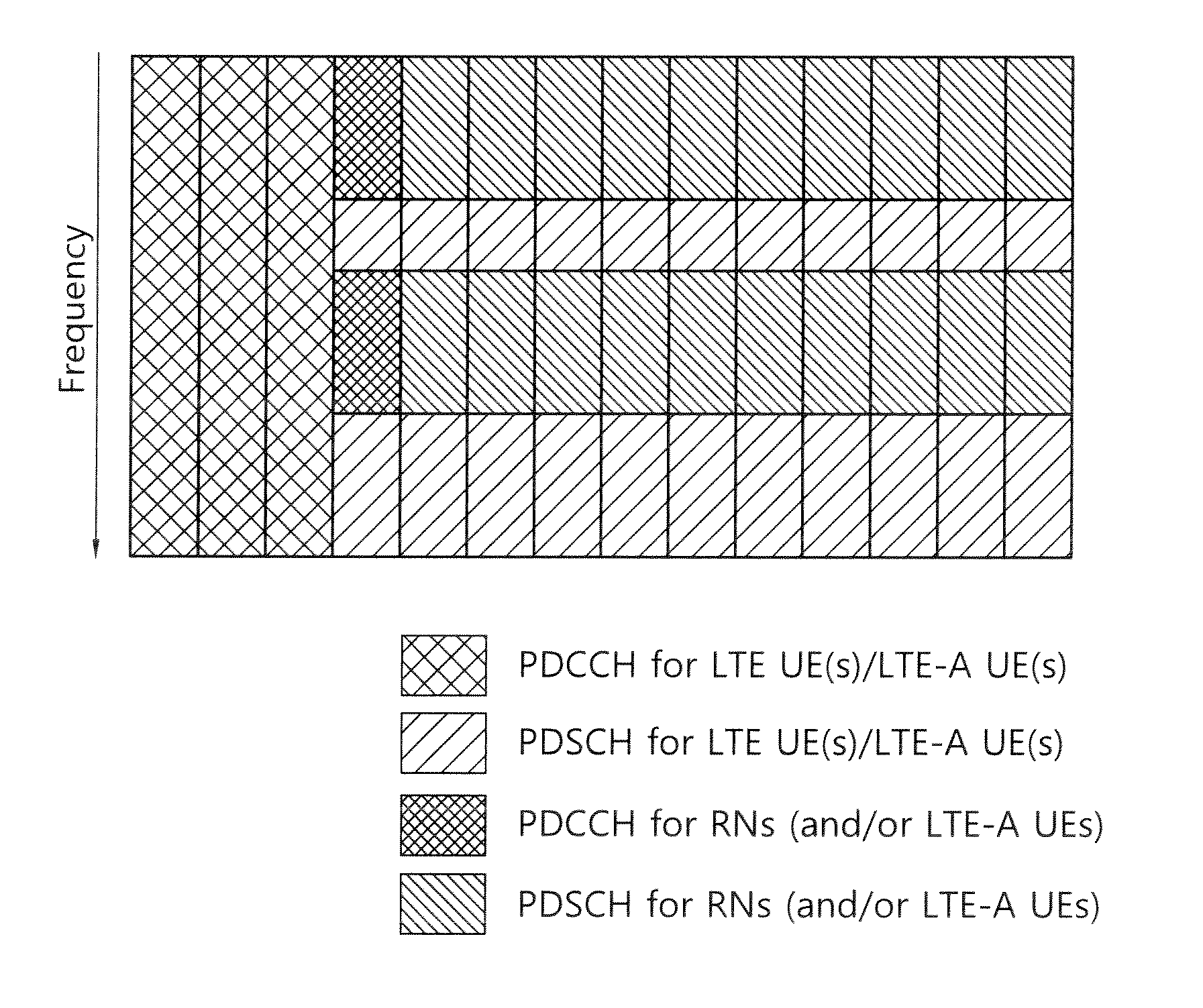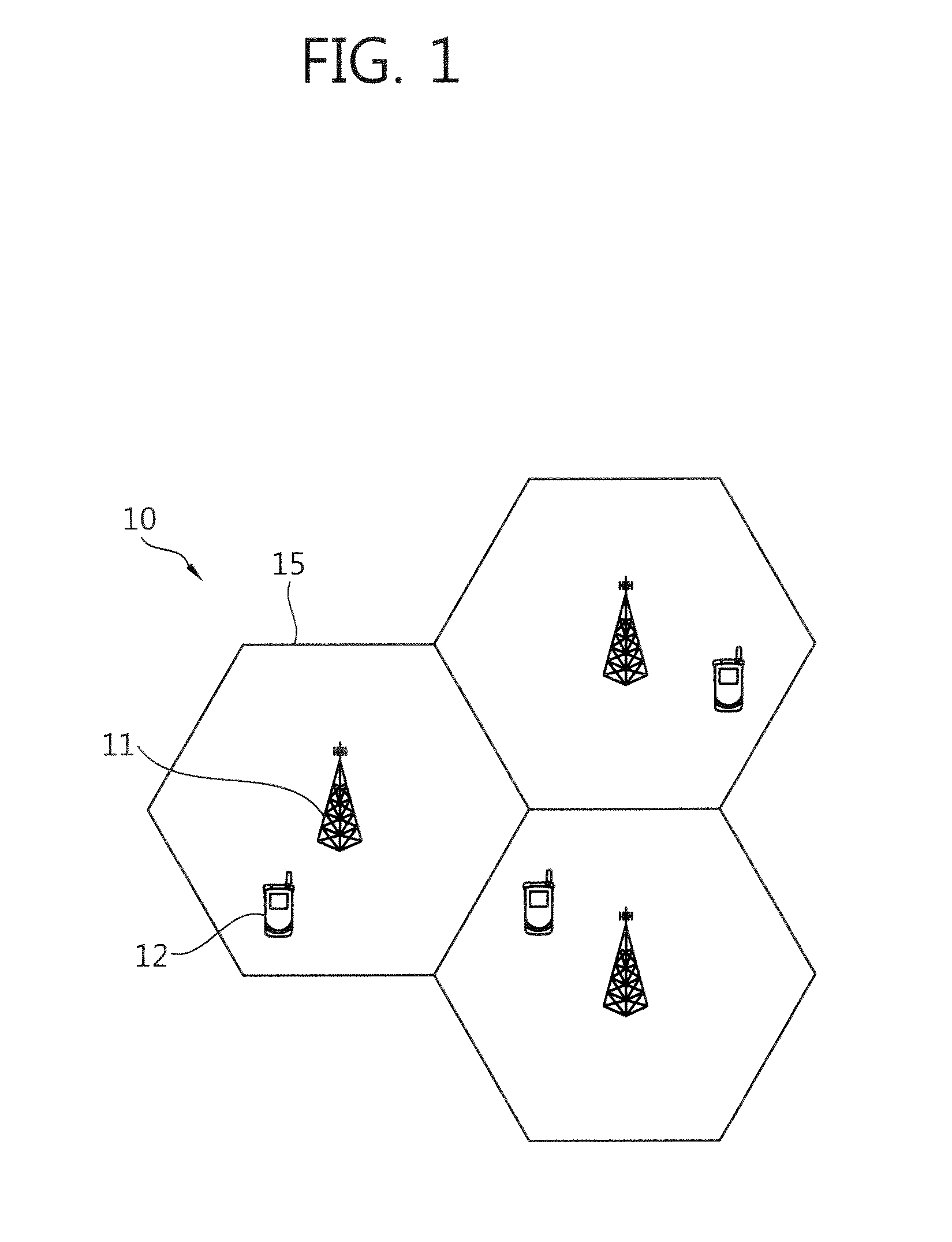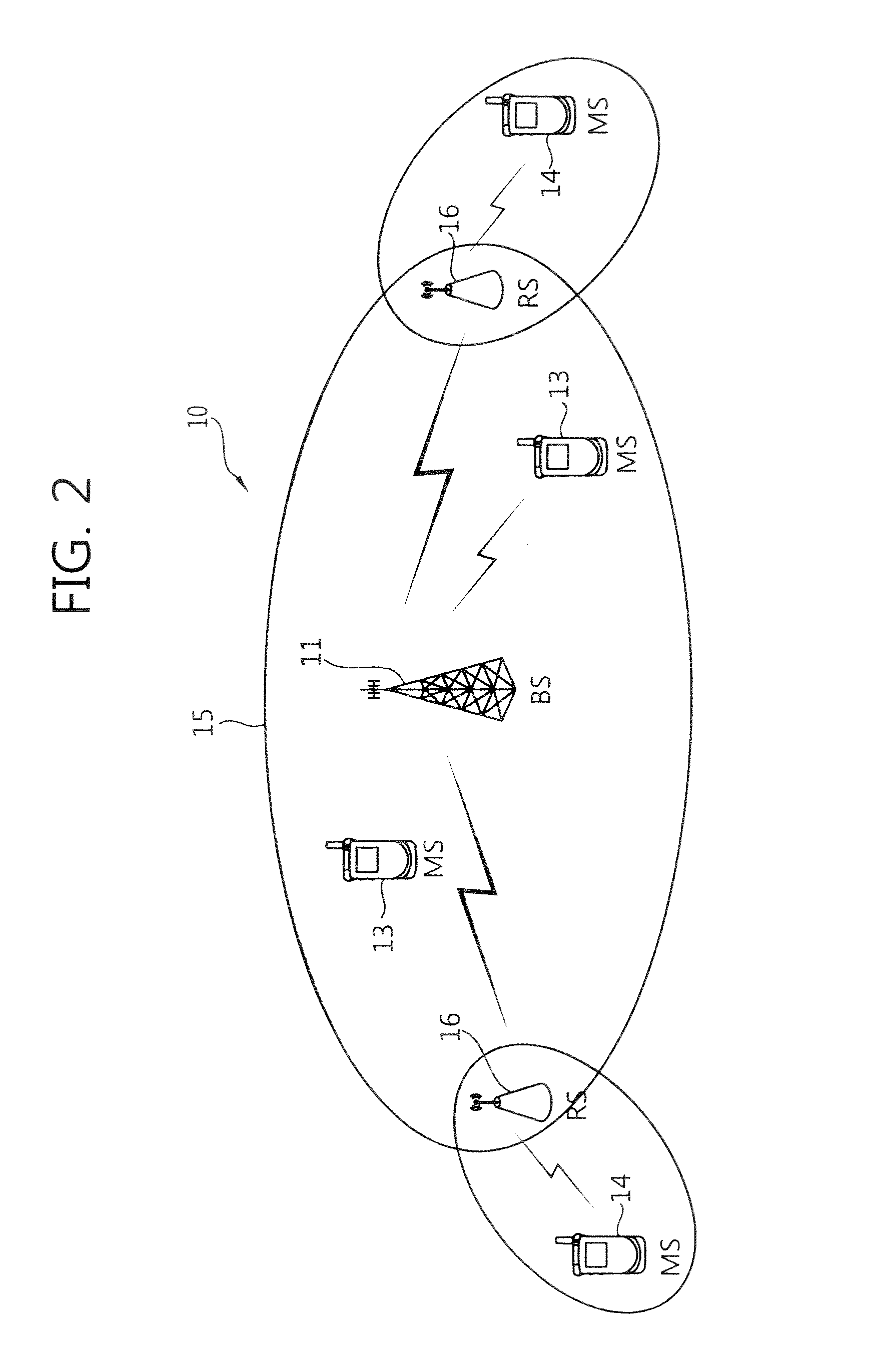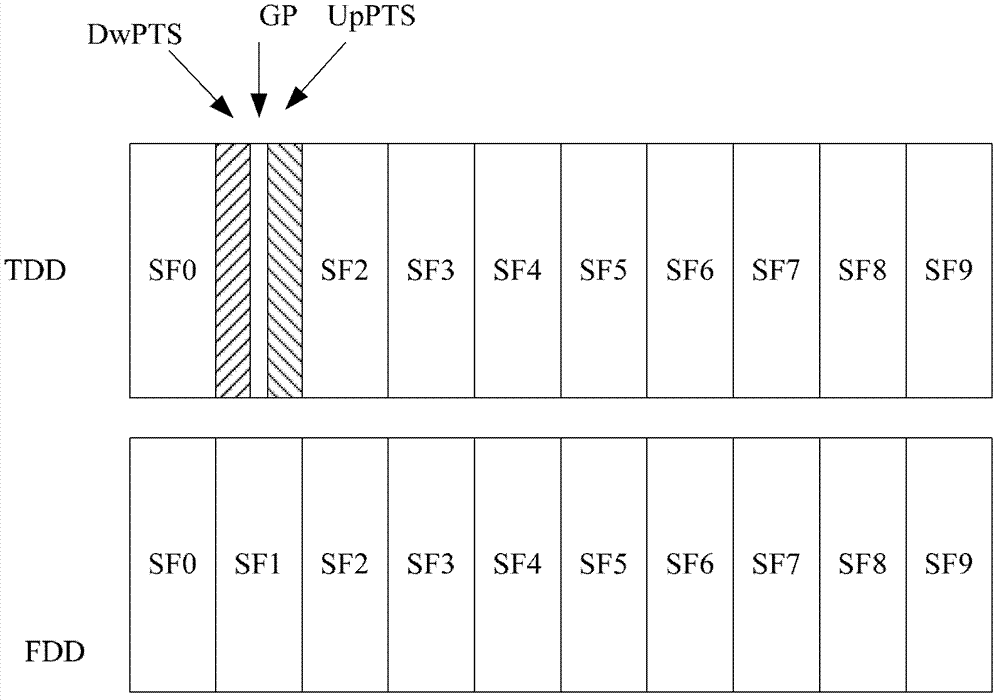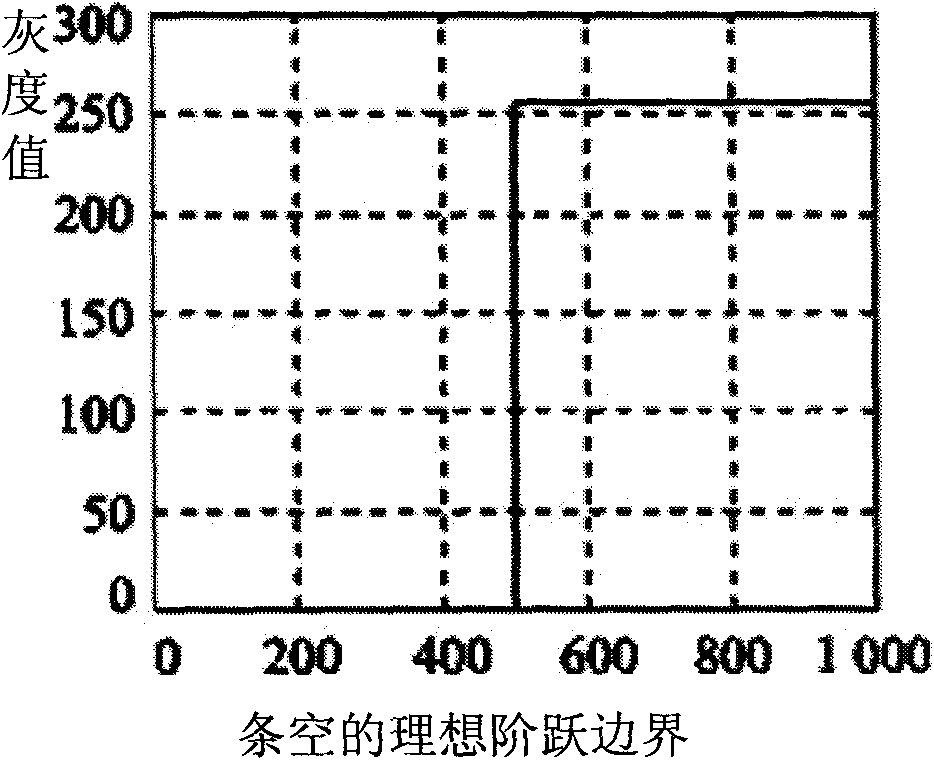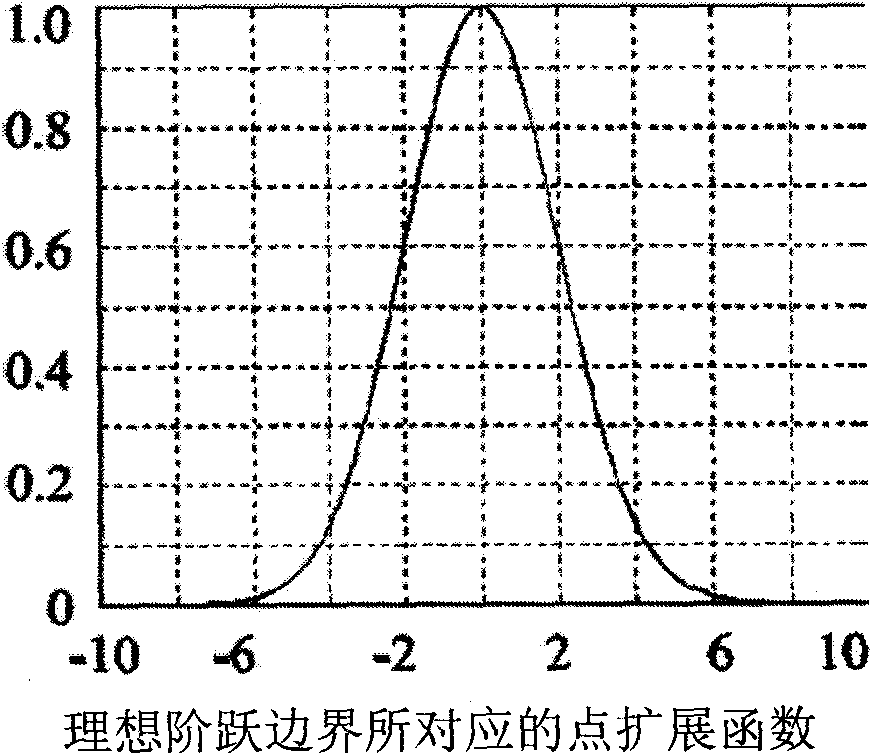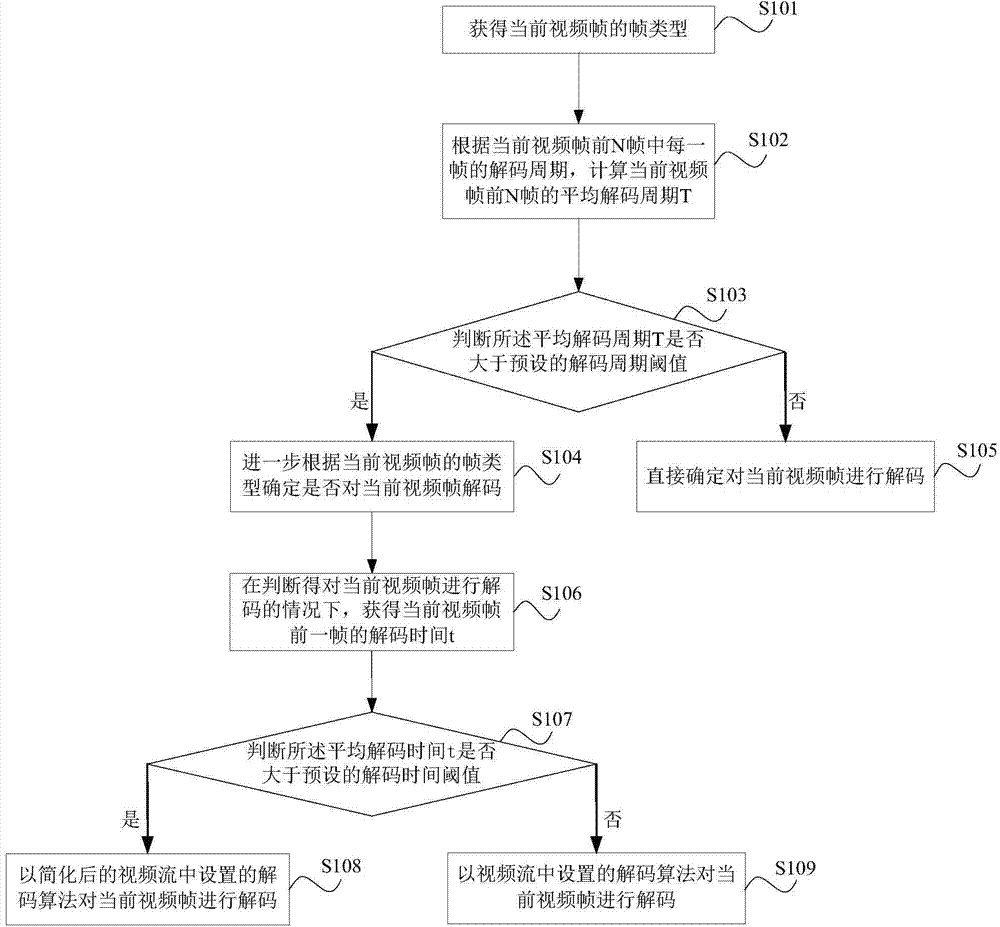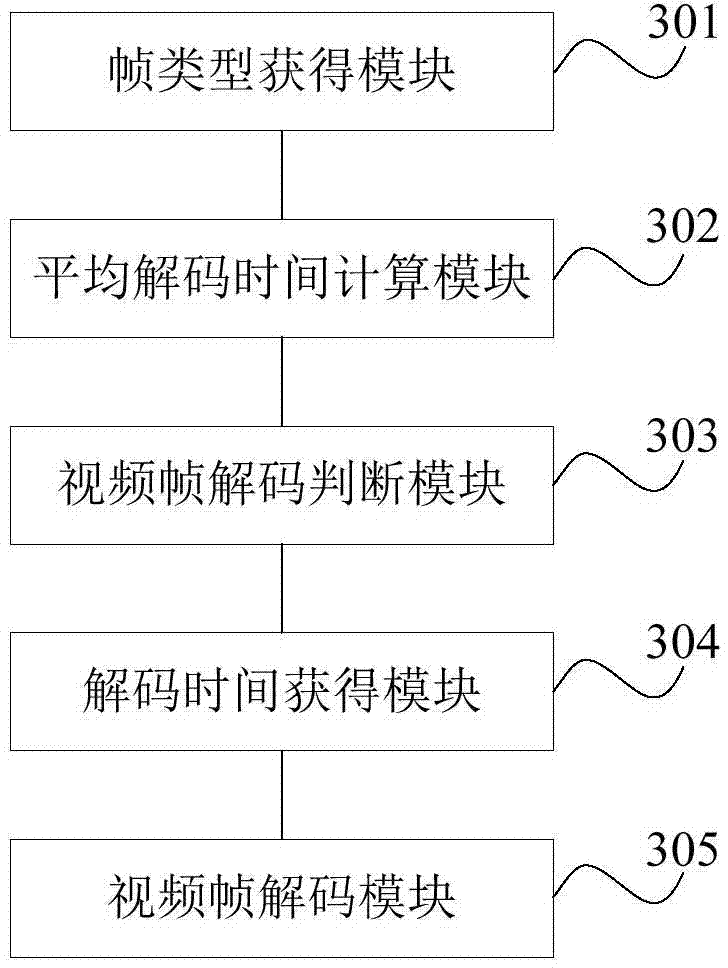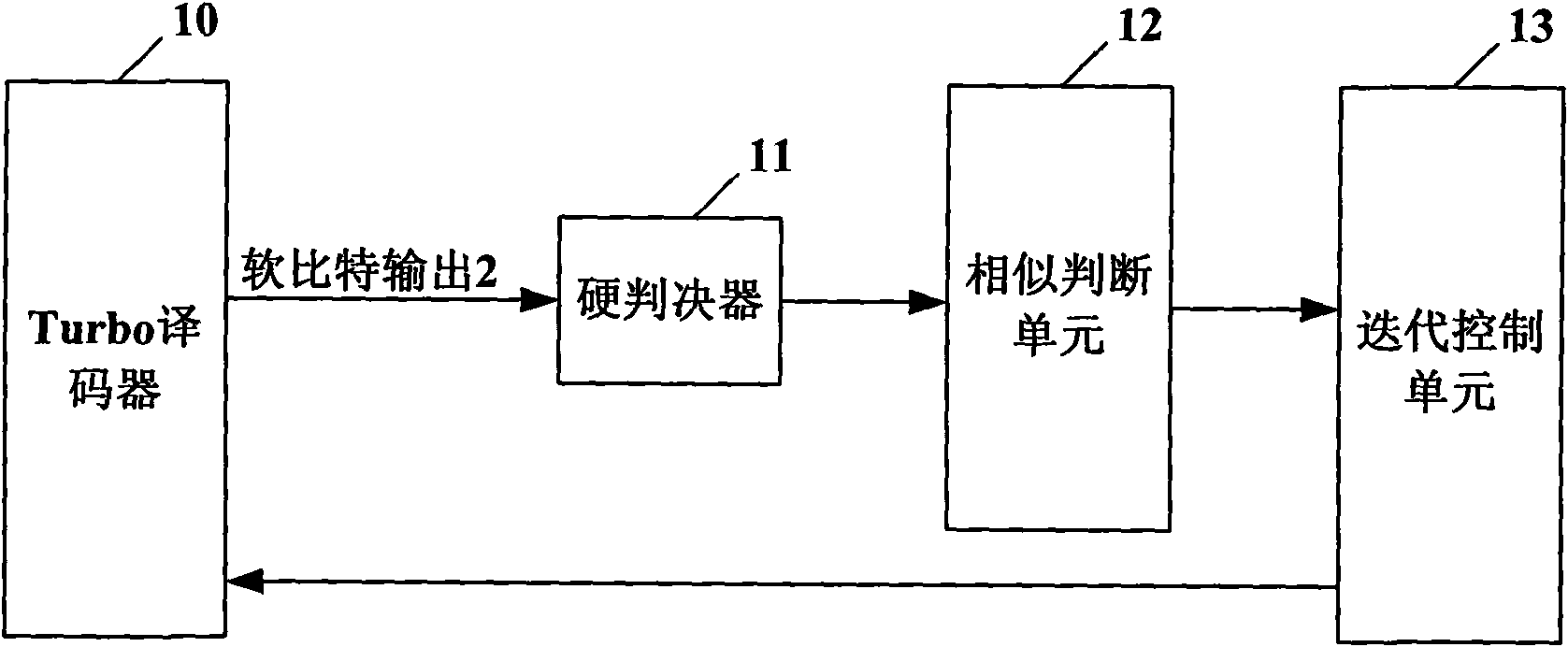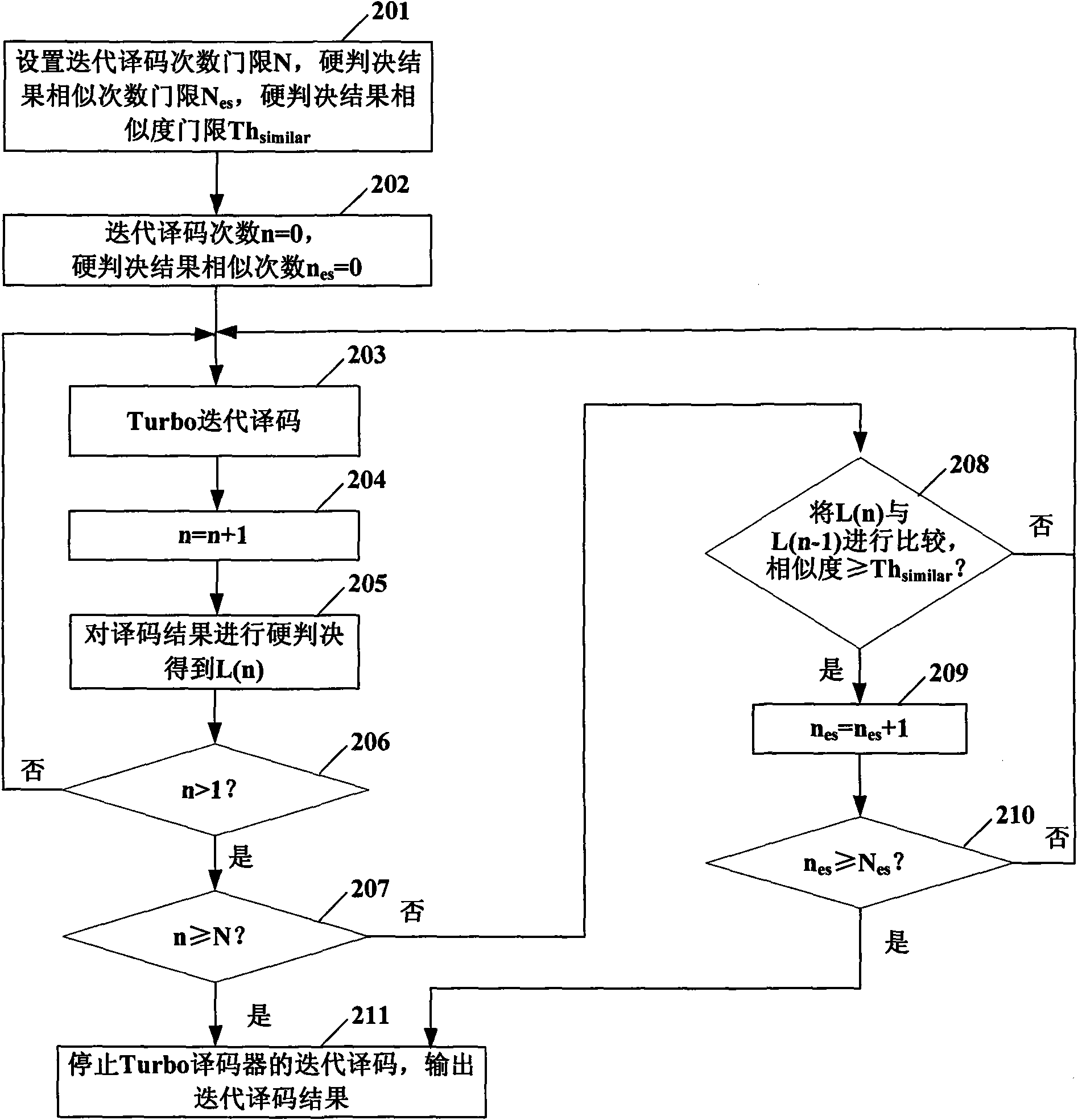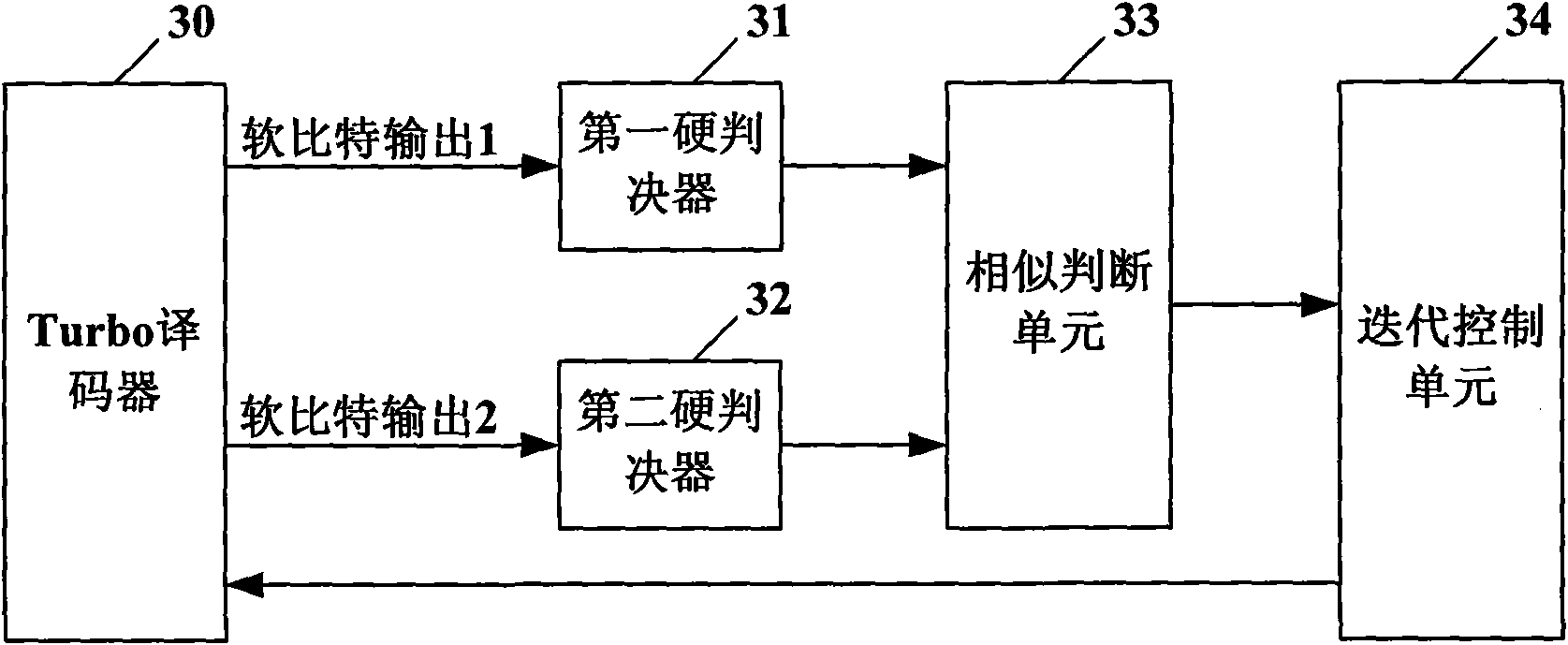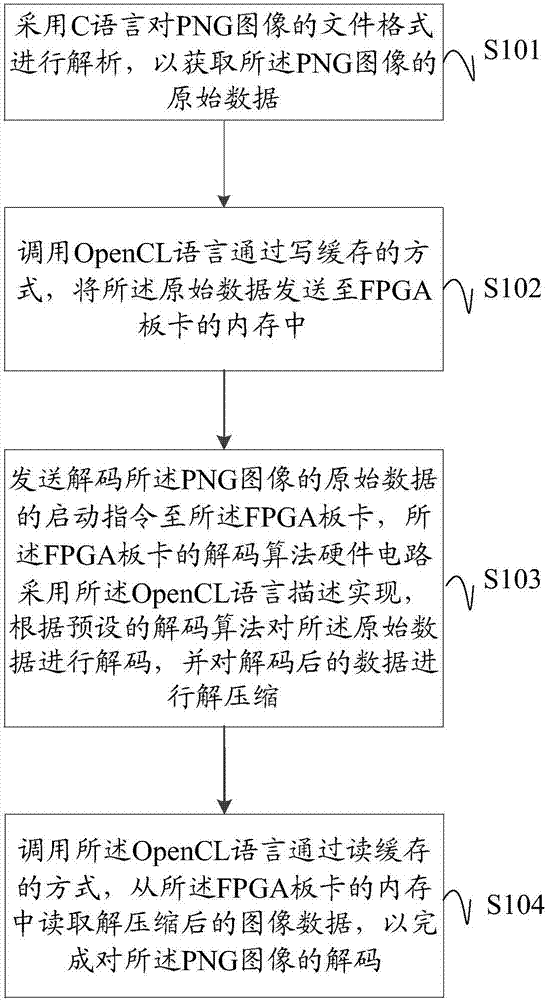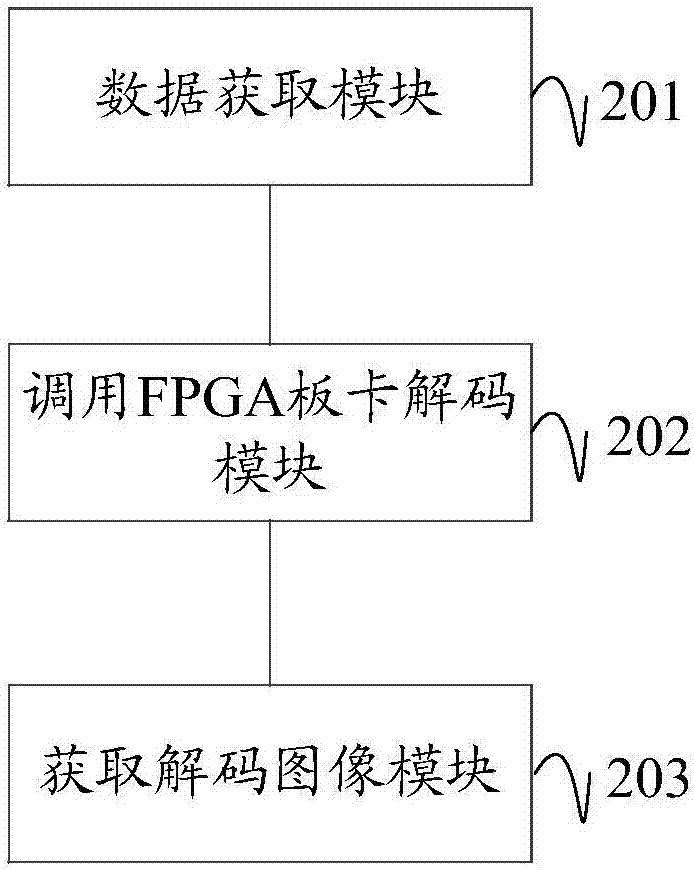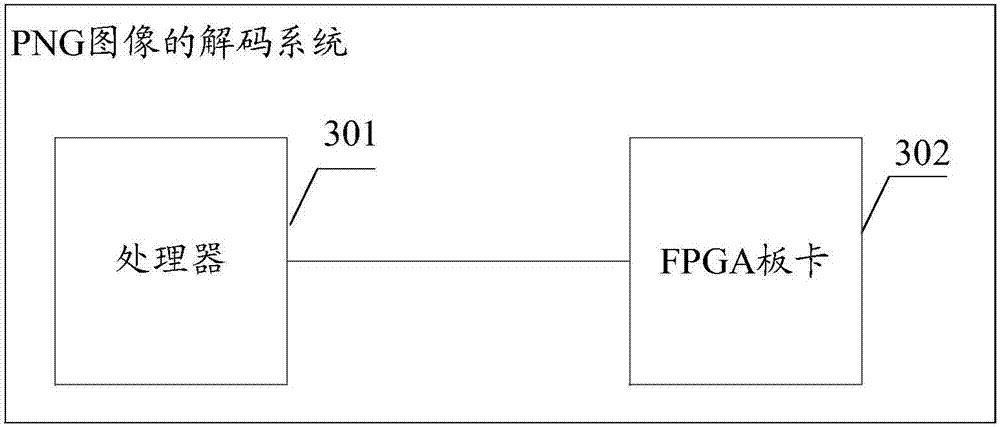Patents
Literature
190results about How to "Reduce decoding time" patented technology
Efficacy Topic
Property
Owner
Technical Advancement
Application Domain
Technology Topic
Technology Field Word
Patent Country/Region
Patent Type
Patent Status
Application Year
Inventor
Document decoding system and method for improved decoding performance of indicia reading terminal
ActiveUS9104934B2Extended processing timeReduce decoding timeSensing by electromagnetic radiationComputer terminalDocumentation
Embodiments of the present invention comprise an indicia reading terminal including operatively configured to interact with a storage module to store data, including location data, of a decodable indicia found in a captured document image. In one embodiment, the indicia reading terminal can be provided with one or more pre-stored information about the decodable indicia and / or the document. In another embodiment the indicia reading terminal can be provided with instructions and similarly operatively configured components that can identify information about the decodable indicia, store such information in a table, and utilize the tabulated data to process captured image data of subsequent documents.
Owner:HAND HELD PRODS
Method and apparatus for wireless resource allocation for relay in wireless communication system
ActiveUS20110194412A1Reduce decoding timeEfficiently findError preventionTransmission systemsCarrier signalControl channel
A method of allocating a radio resource for a relay station in a wireless communication system is disclosed. The method comprise allocating a relay zone to the relay station in a subframe and transmitting a relay control channel to the relay station by using the relay zone, wherein the subframe comprises a plurality of orthogonal frequency division multiplexing (OFDM) symbols in a time domain and a plurality of subcarriers in a frequency domain, wherein the subframe is divided into a user zone used by a user equipment in a cell and the relay zone used by the relay station, and wherein the relay zone comprises some of the plurality of subcarriers. According to the present invention, a subframe structure provides backward compatibility with a legacy wireless communication system. A relay station can effectively find a radio resource allocated to the relay station, thereby decreasing a decoding time.
Owner:LG ELECTRONICS INC
Semi-static resource scheduling method, power control method and corresponding user equipment
PendingCN108633070AReduce scheduling overheadReduce power consumptionError prevention/detection by using return channelPower managementResource utilizationChannel scheduling
The invention discloses a semi-static resource scheduling method, which comprises the steps of: monitoring downlink channel control information DCI of a first format group format, and activating semi-static scheduling SPS according to the indication of the DCI of the first format group format; and monitoring DCI of a second format group format, releasing SPS according to the indication of the DCIof the second format group format, wherein the DCI format load size of the second format group format is smaller than that of the first format group format. Compared with the prior art, the scheduledDCI format load size after SPS activation is smaller than that of SPS activation, the power consumption of monitoring and detecting the DCI by means of UE is reduced, the downlink channel scheduling overhead of the SPS is decreased, the service time delay is reduced, and the efficiency of resource utilization is significantly improved. In addition, the invention further discloses user equipment used for semi-static resource scheduling.
Owner:BEIJING SAMSUNG TELECOM R&D CENT +1
Method and apparatus for processing video
ActiveUS20170013269A1Inhibit decrease in bandwidth efficiencyEffective alignmentProcessor architectures/configurationDigital video signal modificationVideo bitstreamComputer graphics (images)
The present invention relates to a method for processing a video, comprising: a step in which a video central processing unit communicates with a host, receives a bitstream, parses header information, and generates a plurality of tasks for parallel processing; a step in which free scan information is generated by a free scan of a video bitstream inputted from the host according to the control of the video central processing unit; and a step in which a plurality of video processing units process the plurality of tasks on the basis of the free scan information and the parsed header information by receiving the control of the video central processing unit.
Owner:CHIPS&MEDIA
Video decoding method, video decoder and digital TV system using the video decoding method and video decoder
InactiveUS6295321B1Reduce decoding timePulse modulation television signal transmissionPicture reproducers using cathode ray tubesComputer hardwareVideo bitstream
A video decoding method and apparatus using the same decode and display a compressed video bit stream output through a video buffer for temporarily storing the video bit stream. The method includes the steps of (a) receiving a single sync signal and an external command to control decoding of the video bit stream; and (b) decoding the input video bit stream, or skipping it, or waiting without decoding under the control of step (a). A video decoder of the present invention includes a decoding control section receptive to a single synchronization signal and an external command to control decoding of the video bit stream, and a video decoder for decoding the video bit stream input through the video buffer, or skipping the video bit stream, or waiting for a defined frame period without decoding the video bit stream under the control of the decoding control section.
Owner:LG ELECTRONICS INC
System for Food Recognition Method Using Portable Devices Having Digital Cameras
ActiveUS20120170801A1Limited hardware resourceUse minimizedImage enhancementImage analysisAutomated methodFood recognition
The present invention relates to a method for automatic food recognition by means of portable devices equipped with digital cameras.With this system, it is possible to identify a previously established food menu. To this purpose, a semi-automated method of segmentation is applied to delineate the regions in which each type of food in an image of a plate of food, captured by a user.Pattern recognition techniques are used in images, integrated into a system whose goal is to label each type of food contained in the photo of a plate of food. No type of preprocessing is performed to correct deficiencies in capturing the image, just using the auto-focus component present in the portable device to capture a clear image.
Owner:SAMSUNG ELECTRONICSA AMAZONIA LTDA
Apparatus and method for stopping iterative decoding in a CDMA mobile communication system
InactiveUS6888901B2Reduce decoding timeReduce power consumptionEnergy efficient ICTData representation error detection/correctionCommunications systemMobile communication systems
Disclosed is an apparatus for stopping iterative decoding in a turbo decoder performing iterative decoding on a received frame comprised of information bits and then outputting the iteratively decoded results. A turbo decoder sequentially outputs absolute LLR (Log Likelihood Ratio) values associated with the respective information bits of the received frame by the iterative decoding, and stops the iterative decoding in response to a stop command for the iterative decoding. A minimum LLR detector selects a minimum value M(i) among the sequentially output absolute LLR values. A controller issues a command to stop the iterative decoding, if the minimum value M(i) is larger than a first threshold determined based on a minimum value Fmin among absolute LLR values output through previous iterative decoding.
Owner:SAMSUNG ELECTRONICS CO LTD
Turbo decoder
InactiveUS7096402B2Reduce decoding timeReduce power consumptionData representation error detection/correctionError preventionTime errorComputer science
Detection of errors in the results of turbo decoding is performed while decoding is being repeated. If absence of errors is detected, the results of decoding are output, even though repetition of the decoding operation is in progress, and further decoding is discontinued. Further, the number of times errors are detected in decoded results when decoding has been performed a set number of times is monitored and the decoding operation is executed again if the number of times errors are detected is equal to or less than a set value. Further, one of first and second decoded results output from first and second elementary decoders that construct a turbo decoder is selected as appropriate and is then output.
Owner:FUJITSU LTD
Iterative decoding of a frame of data encoded using a block coding algorithm
ActiveUS7853854B2Reduce power consumptionReduce decoding timeData representation error detection/correctionError detection/correctionEncoding algorithmBlock code
A method for the iterative decoding of a block of bits having a number N of bits to be decoded where N is a whole number greater than or equal to two, using an iterative decoding algorithm, comprises the generation of a current block of N intermediate decision bits by executing an iteration of the decoding algorithm, followed by the verification of a stability criterion for the current block by comparison of the current block with a given block of N reference bits. If the stability criterion is satisfied, the iterations of the iterative decoding algorithm are stopped and the current block of intermediate decision bits is delivered as a block of hard decision bits. Otherwise another iteration of the decoding algorithm is executed.
Owner:STMICROELECTRONICS SRL
Quantum error correction decoding method and device based on neural network, and chip
ActiveCN111510157AReduce the number of channelsReduce in quantityQuantum computersError detection/correctionDecoding methodsQuantum circuit
The invention discloses a quantum error correction decoding method and a quantum error correction decoding device based on a neural network, and a chip, which relate to the technical field of artificial intelligence and quanta. The quantum error correction decoding method comprises the following steps of: acquiring error symptom information of a quantum circuit; performing block feature extractionon the error symptom information through using a neural network decoder to obtain feature information; and subjecting the feature information to fusion decoding processing through using the neural network decoder to obtain error result information, wherein the error result information is used for determining error data quantum bits and corresponding error types in the quantum circuit. According to the quantum error correction decoding method and the quantum error correction decoding device, a block feature extraction mode is adopted, the number of channels of the feature information obtainedby each feature extraction is reduced, and the input data of the next feature extraction is reduced, thereby being conductive to reducing the number of feature extraction layers in the neural networkdecoder, further reducing the depth of the neural network decoder, shortening the decoding time of the neural network decoder correspondingly, and satisfying the requirement of real-time error correction.
Owner:TENCENT TECH (SHENZHEN) CO LTD
Decoding device, electronic apparatus, computer, decoding method, program, and recording medium
InactiveUS20050147166A1Increase speedHigh-speed imagingColor television with pulse code modulationColor television with bandwidth reductionDecoding methodsImaging data
A decoding device for decoding an image stream containing bi-directionally predictive-coded image data includes “N” number of decoding units for decoding the image stream in a parallel manner, wherein “N” is a natural number greater than or equal to 2. Each of the decoding units decodes a partial image being assigned to the decoding unit out of “N” number of partial images forming a frame when the bi-directionally predictive-coded image data is input, and decodes an entire frame when image data coded by using a method other than the bi-directionally predictive-coding method is input.
Owner:SONY CORP
Image processing method and device
InactiveCN105678680AAvoid decodingReduce decoding timeProcessor architectures/configurationImaging processingComputer graphics (images)
The embodiment of the present invention provides an image processing method and device, wherein the method comprises the steps of using a graphics processing unit (GPU) to receive a rendering instruction sent by a central processing unit (CPU), wherein the rendering instruction is used to indicate the GPU to render a compressed image, and the compressed image is obtained by compressing a coded image; using the GPU to receive the compressed image sent by the CPU; using the GPU to render the compressed image. According to the present invention, the memory space of a terminal for storing images can be saved, the image processing efficiency and the terminal operation performance are improved.
Owner:MEIZU TECH CO LTD
Distributed decoding device of sequential parallel processing scheme and method for the same
InactiveUS20090310686A1Reduce decoding timeSmooth displayColor television with pulse code modulationColor television with bandwidth reductionParallel processingReproduction
The present invention relates to distributed decoding of sequential parallel processing scheme. More particularly, the present invention relates to distributed decoding of sequential parallel processing scheme, in which a plurality of slices of video stream are separated into headers and bodies, followed by sequentially parsing the headers and parallel decoding the bodies. According to the present invention, there is an advantageous effect in that time for decoding slice bodies is reduced and reproduction of high resolution video is smoothly processed.
Owner:DVICO +1
Solid disc self-adaptive error correction method and system
ActiveCN104835535AEfficient use of error correction performanceShorten the lengthStatic storageComputer hardwareOriginal data
The invention discloses a solid disc self-adaptive LDPC (Low-Density Parity-Check) error correction method which comprises the following steps: (1) initializing, namely, before data is input into a solid disc, performing block erase operation, and initializing error correction code identifiers of all erased blocks; (2) performing solid disc self-adaptive error correction encoding, namely, encoding written original data to generate codes; and (3) performing solid disc decoding, namely, (3.1) judging whether read operation is performed or not, if read operation is performed, turning to a step (3.2), otherwise, ending the operation; (3.2) judging whether an error correction code identifier Bi of a block i with reading pages is 0 or not; (3.3) if Bi is 0, correcting errors in all pages in the block i by using weak LDPC codes; (3.4) performing solid disc self-adaptive error correction code switching operation; and (3.5) if Bi is 1, correcting errors of all pages in the block i by using strong LDPC codes. The solid disc self-adaptive LDPC error correction method is applicable to the field of solid disc error correction, the error correction property of LDPC is improved and brought into sufficient play, and the reliability of stored data is improved.
Owner:HUAZHONG UNIV OF SCI & TECH
Iterative decoding of a frame of data encoded using a block coding algorithm
ActiveUS20070198895A1Reduce power consumptionReduce decoding timeData representation error detection/correctionError detection/correctionAlgorithmBlock code
A method for the iterative decoding of a block of bits having a number N of bits to be decoded where N is a whole number greater than or equal to two, using an iterative decoding algorithm, comprises the generation of a current block of N intermediate decision bits by executing an iteration of the decoding algorithm, followed by the verification of a stability criterion for the current block by comparison of the current block with a given block of N reference bits. If the stability criterion is satisfied, the iterations of the iterative decoding algorithm are stopped and the current block of intermediate decision bits is delivered as a block of hard decision bits. Otherwise another iteration of the decoding algorithm is executed.
Owner:STMICROELECTRONICS SRL
Rapid PBCH (physical broadcast channel) decoding method for LTE (long term evolution)
InactiveCN102904668ASimple structureReduce decoding timeError preventionBroadcast channelsResource consumption
The invention discloses a rapid PBCH (physical broadcast channel) decoding method for LTE (long term evolution). The rapid PBCH decoding method includes the steps of recording corresponding address relation before and after one hundred and twenty data sub-blocks are interleaved to obtain the position of a to-be-interleaved datum after sub-block interleaving and rate matching and a PBCH deblocked sub-block interleaved corresponding relation table indicating positions of one hundred and twenty bits of an encoded tail biting convolution code after the sub-block interleaving; performing deblocked rate matching and deblocked sub-block interleaving, wherein in the PBCH deblocked sub-block interleaved corresponding relation table, the first column indicates the positions of the first to the eighth encoded bits after the sub-blocking interleaving, the second column indicates the ninth to the sixteenth encoded bits after the sub-blocking interleaving, and so on, and the fifteenth column indicates the one hundred and thirteenth to the one hundred and twentieth encoded bits after the sub-blocking interleaving. The rapid PBCH decoding method for the LTE and a structure for decoding a PBCH of the LTE are simplified, PBCH decoding time on the premise of reaching maximum likelihood decoding performance is shortened, resource consumption for PBCH decoding is saved and realizing complexity is reduced.
Owner:MEDIATEK INC
Method and device for decoding syntax element in CABAC decoder
InactiveUS7365660B2Reduce decoding timePulse modulation television signal transmissionCode conversionTheoretical computer scienceContext based
A method and a device for decoding a syntax element in a context-based adaptive binary arithmetic coding (CABAC) decoder perform a binary arithmetic coding (BAD) process and a binarization matching (BM) process in parallel. The method includes determining an expected bin value to make a bin string including the bin value valid while generating a one-bit bin value by performing a BAD process for a syntax element to be decoded; determining whether the generated bin value is the same as the expected bin value; generating the decoded value of the syntax element by de-binarization of a bin string including the generated bin value if the bin value generated in the BAD process is the same as the expected bin value; and performing the BAD process to generate the next bin value if the bin value generated in the BAD process is different from the expected bin value.
Owner:SAMSUNG ELECTRONICS CO LTD
Method of decoding syntax element in context-based adaptive binary arithmetic coding decoder and decoding device therefor
ActiveUS20070097850A1Reduce decoding timeMultiplex communicationCode conversionAlgorithmContext model
A method and device for decoding a syntax element are provided. The method includes reading candidate context models which correspond to a syntax element to be decoded; determining a context index increment for the syntax element; selecting a candidate context model of the candidate context models according to the context index increment; and performing binary arithmetic decoding for the syntax element based on the selected candidate context model. The device includes a context model reservoir which reads and stores candidate context models corresponding to a syntax element to be decoded; an increment determining unit which determines a context index increment for the syntax element; a context model selection unit which selects a candidate context model of the candidate context models by using the context index increment; and a decoding unit which performs a binary arithmetic decoding operation for the syntax element based on the selected candidate context model.
Owner:SAMSUNG ELECTRONICS CO LTD
FlexRay bus protocol analysis system and method based on digital fluorescent oscilloscope
The invention provides a FlexRay bus protocol analysis system and method based on a digital fluorescent oscilloscope. The system comprises a user setting module, a PCIe module, a parameter dwell vessel module, a decoding trigger module, a decoding storage module, a collection module and a display module. According to the system and method of the invention, the speed of hardware decoding is much higher than that of software decoding, hardware carries out decoding while hardware is used to trigger software decoding, decoding information can be stored in the manner of labels on the basis of a triggering scheme determined by software decoding, trigger position information is also stored, superior application software reads stored label information and trigger position information directly for display, a step of software decoding is omitted, the bus analysis speed is improved, and labor cost of secondary decoding by the software is omitted.
Owner:THE 41ST INST OF CHINA ELECTRONICS TECH GRP
Industrial internet sensitive data protection method based on cloud and mist collaboration
ActiveCN110210237AFix unrecoverable problemsImprove coding efficiencyCharacter and pattern recognitionDigital data protectionThe InternetDifferential privacy
The invention discloses an industrial internet sensitive data protection method based on cloud and mist collaboration. The method designs an industrial sensitive data protection model. For data sensitive to industrial delay, a data protection scheme based on Adaboost and local differential privacy is designed, and sensitive data is protected on the basis of ensuring data availability; a data protection scheme based on AES (Advanced Encryption Standard) encryption and Reed-Solomon coding is designed for data which is sensitive to industrial non-delay and takes cloud storage as a main part.. According to the method, distributed storage is adopted locally, and corresponding limiting conditions are added to the RS, so that the problem that data cannot be recovered due to high storage pressureof local equipment and faults of the local equipment is solved, the coding and decoding efficiency is improved, and the operation cost is reduced.
Owner:BEIJING UNIV OF TECH
Memory device and error control codes decoding method
ActiveUS8499217B2Reduce decoding timeImprove decoding performanceError preventionTransmission systemsComputer hardwareControl unit
Memory devices and / or error control codes (ECC) decoding methods may be provided. A memory device may include a memory cell array, and a decoder to perform hard decision decoding of first data read from the memory cell array by a first read scheme, and to generate output data and error information of the output data. The memory device may also include and a control unit to determine an error rate of the output data based on the error information, and to determine whether to transmit an additional read command for soft decision decoding to the memory cell array based on the error rate. An ECC decoding time may be reduced through such a memory device.
Owner:SAMSUNG ELECTRONICS CO LTD
Encoding and decoding method of depth model and video coder decoder
InactiveCN103974063AReduce the number of bitsReduce complexityDigital video signal modificationSteroscopic systemsDecoding methodsComputer architecture
The invention discloses a depth modeling mode coding and decoding method as well as a video codec, for the case where the CTLB is inter mode coding or when the CTLB is intra mode coding but an intra mode coding mode is 0 or 1. The coding method comprises: constructing a coarse set of Wedgelet patterns from prediction modes of a depth prediction unit; selecting an optimal Wedgelet pattern from the coarse set of Wedgelet patterns; coding index information of the optimal Wedgelet pattern, and performing depth modeling mode coding according to the optimal Wedgelet pattern. The embodiments of the invention greatly decrease decoding complexity, shortens decoding time by 2% and has little influence on compression efficiency.
Owner:LG ELECTRONICS (CHINA) R&D CENT CO LTD
System for food recognition method using portable devices having digital cameras
ActiveUS8625889B2Limited hardware resourceUse minimizedImage enhancementImage analysisComputer scienceAutomated method
A method for automatic food recognition by using portable devices equipped with digital cameras. With this system, it is possible to identify a previously established food menu. To this purpose, a semi-automated method of segmentation is applied to delineate the regions in which each type of food in an image of a plate of food, captured by a user. Pattern recognition techniques are used in images, integrated into a system whose goal is to label each type of food contained in the photo of a plate of food. No type of preprocessing is performed to correct deficiencies in capturing the image, just using the auto-focus component present in the portable device to capture a clear image.
Owner:SAMSUNG ELECTRONICSA AMAZONIA LTDA
Lens assembly with integrated feedback loop and time-of-flight sensor
ActiveUS20190011557A1Reduce decoding timeTelevision system detailsColor television detailsImage basedVisual system
This invention provides an integrated time-of-flight sensor that delivers distance information to a processor associated with the camera assembly and vision system. The distance is processed with the above-described feedback control, to auto-focus the camera assembly's variable lens during runtime operation based on the particular size / shape object(s) within the field of view. The shortest measured distance is used to set the focus distance of the lens. To correct for calibration or drift errors, a further image-based focus optimization can occur around the measured distance and / or based on the measured temperature. The distance information generated by the time-of-flight sensor can be employed to perform other functions. Other functions include self-triggering of image acquisition, object size dimensioning, detection and analysis of object defects and / or gap detection between objects in the field of view and software-controlled range detection to prevent unintentional reading of (e.g.) IDs on objects outside a defined range (presentation mode).
Owner:COGNEX CORP
Method and apparatus for wireless resource allocation for relay in wireless communication system
ActiveUS8477633B2Reduce decoding timeEfficiently findError preventionTransmission systemsCarrier signalControl channel
A method of allocating a radio resource for a relay station in a wireless communication system is disclosed. The method comprise allocating a relay zone to the relay station in a subframe and transmitting a relay control channel to the relay station by using the relay zone, wherein the subframe comprises a plurality of orthogonal frequency division multiplexing (OFDM) symbols in a time domain and a plurality of subcarriers in a frequency domain, wherein the subframe is divided into a user zone used by a user equipment in a cell and the relay zone used by the relay station, and wherein the relay zone comprises some of the plurality of subcarriers. According to the present invention, a subframe structure provides backward compatibility with a legacy wireless communication system. A relay station can effectively find a radio resource allocated to the relay station, thereby decreasing a decoding time.
Owner:LG ELECTRONICS INC
Method for decoding tail biting convolution codes of PBCH (physical broadcast channel) decoding in LTE (long term evolution)
InactiveCN102904667ASimplified methodSimple structureError preventionDecoding methodsBroadcast channels
The invention discloses a method for decoding tail biting convolution codes of PBCH (physical broadcast channel) decoding in LTE (long term evolution). A tail biting convolution decoder starts computing path metric from the starting position of a CRC (cyclic redundancy check) field, and a start state for computation of the path metric is zero constantly, and the computation of the path metric is separated into two situations: when SFN (system frame number) in an MIB (master information block) is unknown, computation of the path metric is ended at the sixth bit of a Spare bit field, a starting state of tracing back is zero, thirty-six decoding results are generated by the tail biting convolution decoder, and a PBCH decoding result finally with forty bits is formed by adding four '0' at the tail end of the thirty-six decoding results; when the SFN in the MIB is given, computation of the path metric is ended at the sixth bit of an SFN bit field, a starting state of tracing back is determined by the first six bits in the SFN field, twenty-eight decoding results are generated by the tail biting convolution decoder, and the PBCH decoding result finally with forty bits is formed by adding the last two bits of the SFN and ten '0' at the tail end of the twenty-eight decoding results.
Owner:MEDIATEK INC
Sign character extracting module and method
InactiveCN101882202AFast decodingImprove decoding speedSensing by electromagnetic radiationBarcodeIdentification device
The invention provides a sign character extracting module applied to a barcode identifying device, comprising a bar and blank boundary storer, a boundary counter, a width calculating unit and a control logic unit, wherein the bar and blank boundary storer is used for storing the bar and blank boundaries of bar codes; the boundary counter is used for counting the quantity of the bar and blank boundaries stored by the bar and blank boundary storer; the width calculating unit is used for calculating the total width of the bar and blank boundaries stored by the bar and blank boundary storer to obtain the combined width value of the stored bar and blank boundaries; and the control logic unit is used for acquiring the bar and blank boundary number and the bar and blank width of the sign characters of the bar codes and then judging according to the quantity of the bar and blank boundaries and the combined width value of the stored bar and blank boundaries as well as the bar and blank boundary number and the bar and blank width of the sign characters of the bar codes to remove interference boundaries in the bar and blank boundaries. The invention also provides a sign character extracting method. The sign character extracting module and method can accomplish the work of removing the interference boundaries when acquiring the bar and blank boundaries, thereby quickening the decoding speed of the bar codes and shortening the decoding time.
Owner:NEWLAND DIGITAL TECH CO LTD
Method and device for decoding video
ActiveCN104717509AImprove decoding speedReduce computationDigital video signal modificationPattern recognitionVideo decoding
The embodiment of the invention provides a method and a device for decoding a video. The method comprises the following steps: obtaining the frame type of the current video frame; calculating the average decoding period T of the front N frames of the current video frame according to the decoding frame of each frame in the front N frames of the current video frame; judging whether the average decoding period T is greater than a preset average decoding period threshold value or not, if so, further determining whether to decode the current video frame or not according to the frame type of the current video frame, or else, directly determining to decode the current video frame; obtaining the decoding time t of the previous frame of the current video frame in the case of judging that the current video frame needs to be decoded; judging whether the decoding time t is greater than a preset decoding time threshold value or not, if so, decoding the current video frame by a simplified decoding algorithm set in a video stream, or else, decoding the current video frame by the decoding algorithm set in the video stream. By applying the embodiment of the invention, the video decoding speed of an intelligent terminal can be effectively increased.
Owner:BEIJING QIYI CENTURY SCI & TECH CO LTD
Dynamic iterative decoding method of Turbo codes and device thereof
InactiveCN101557234AReduce the number of iterationsMinor changesError correction/detection by combining multiple code structuresIterative methodSelf adaptive
The invention provides a dynamic iterative decoding method of Turbo codes, comprising the following steps of: carrying out hard decision to iterative decoding results after a Trubo decoder carries out iterative decoding every time, judging whether the current hard decision result is similar to the previous judgment result and recording similar times; and stopping iterative decoding of the Trubo decoder when the similar times reach a preset first threshold. The dynamic iterative decoding method selects decoding iterative times in a self adaptive mode by carrying out hard decision to the decoding result of the Trubo decoder and carrying out similar judgment to the hard judgment result, thus achieving the purposes of reducing iterative times of Turbo decoding, shortening the decoding time and reducing decoding power consumption on the basis of guaranteeing decoding performance.
Owner:ST ERICSSON SEMICON BEIJING
Decoding method, device and system of PNG image
InactiveCN107105266AAvoid cumbersome formsReduce image decoding timeDigital video signal modificationComputer engineeringDecoding methods
The embodiment of the invention discloses a decoding method of a PNG image. The decoding method comprises the steps of parsing the file format of the PNG image by utilizing a C language by a hot end CPU so as to obtain original data of the PNG image; then writing the original data into an FPGA board card in a write-caching format by calling an OpenCL language; after the FPGA board card receives a decoding instruction of the host end, decoding the original data based on a preset decoding algorithm by adopting an OpenCL language, and decompressing the decoded data; and finally, reading the decompressed data in a read-caching mode from the FPGA board card by calling the OpenCL language by the host end CPU so as to obtain the decoded PNG image. The decoding method of the PNG image improves the image decoding rate and the throughput performance, and is good for increasing the development efficiency. In addition, the embodiment of the invention also provides a corresponding realizing device and system. The device and the system have the corresponding advantages.
Owner:ZHENGZHOU YUNHAI INFORMATION TECH CO LTD
Features
- R&D
- Intellectual Property
- Life Sciences
- Materials
- Tech Scout
Why Patsnap Eureka
- Unparalleled Data Quality
- Higher Quality Content
- 60% Fewer Hallucinations
Social media
Patsnap Eureka Blog
Learn More Browse by: Latest US Patents, China's latest patents, Technical Efficacy Thesaurus, Application Domain, Technology Topic, Popular Technical Reports.
© 2025 PatSnap. All rights reserved.Legal|Privacy policy|Modern Slavery Act Transparency Statement|Sitemap|About US| Contact US: help@patsnap.com
